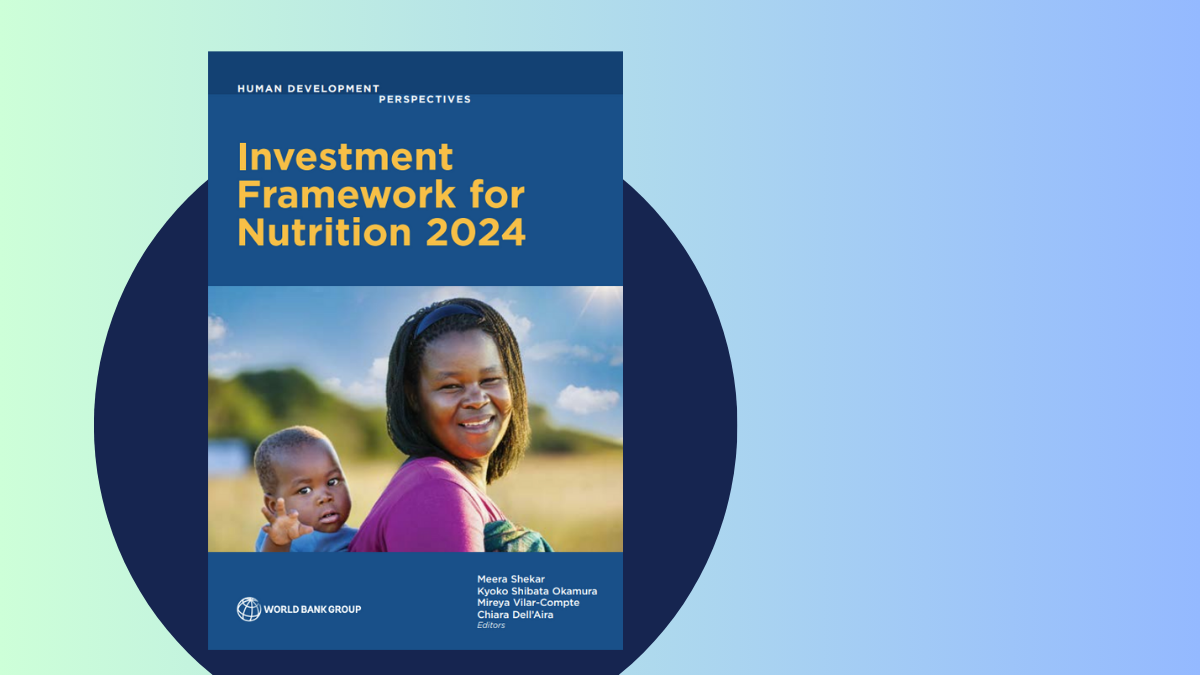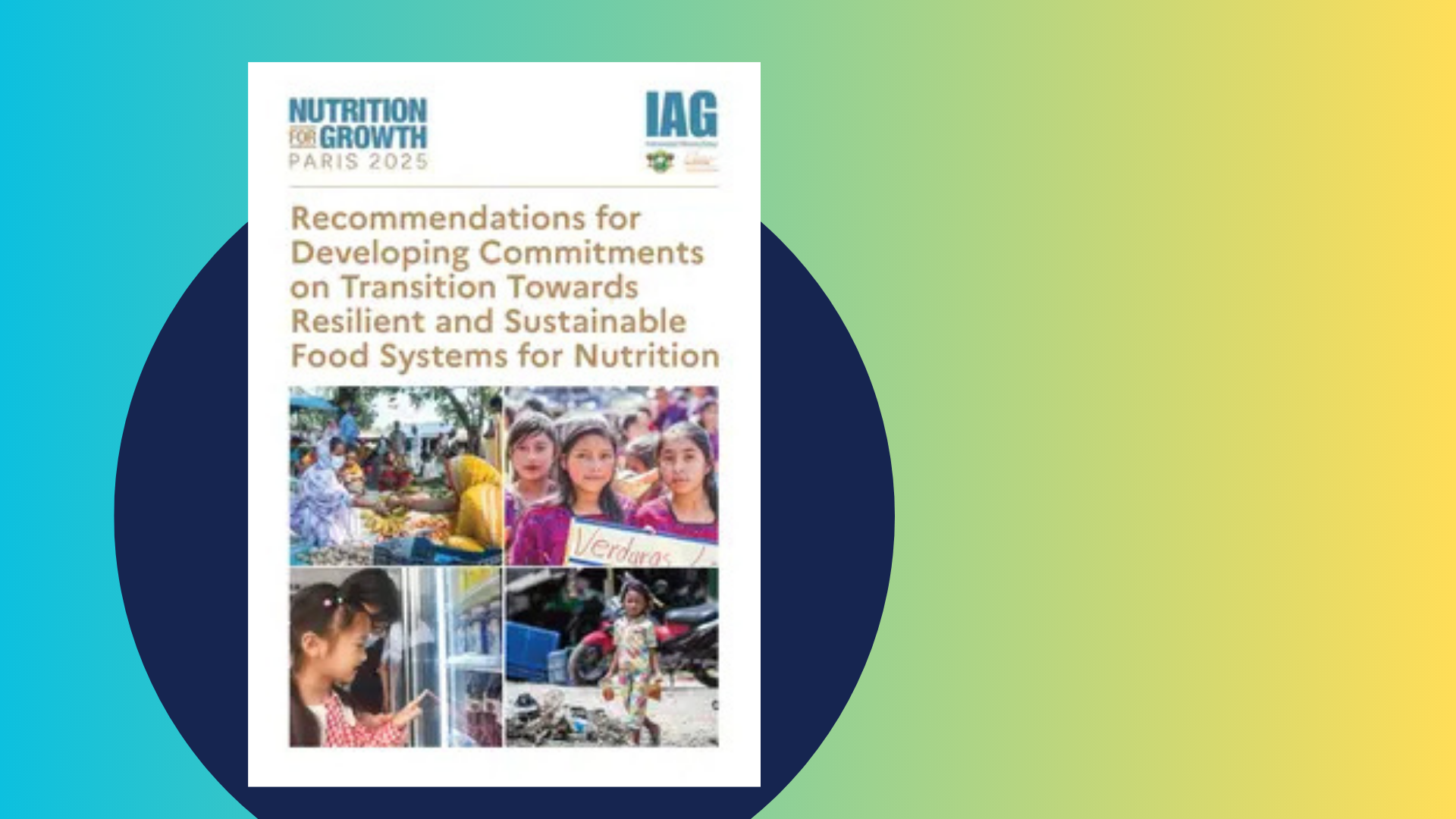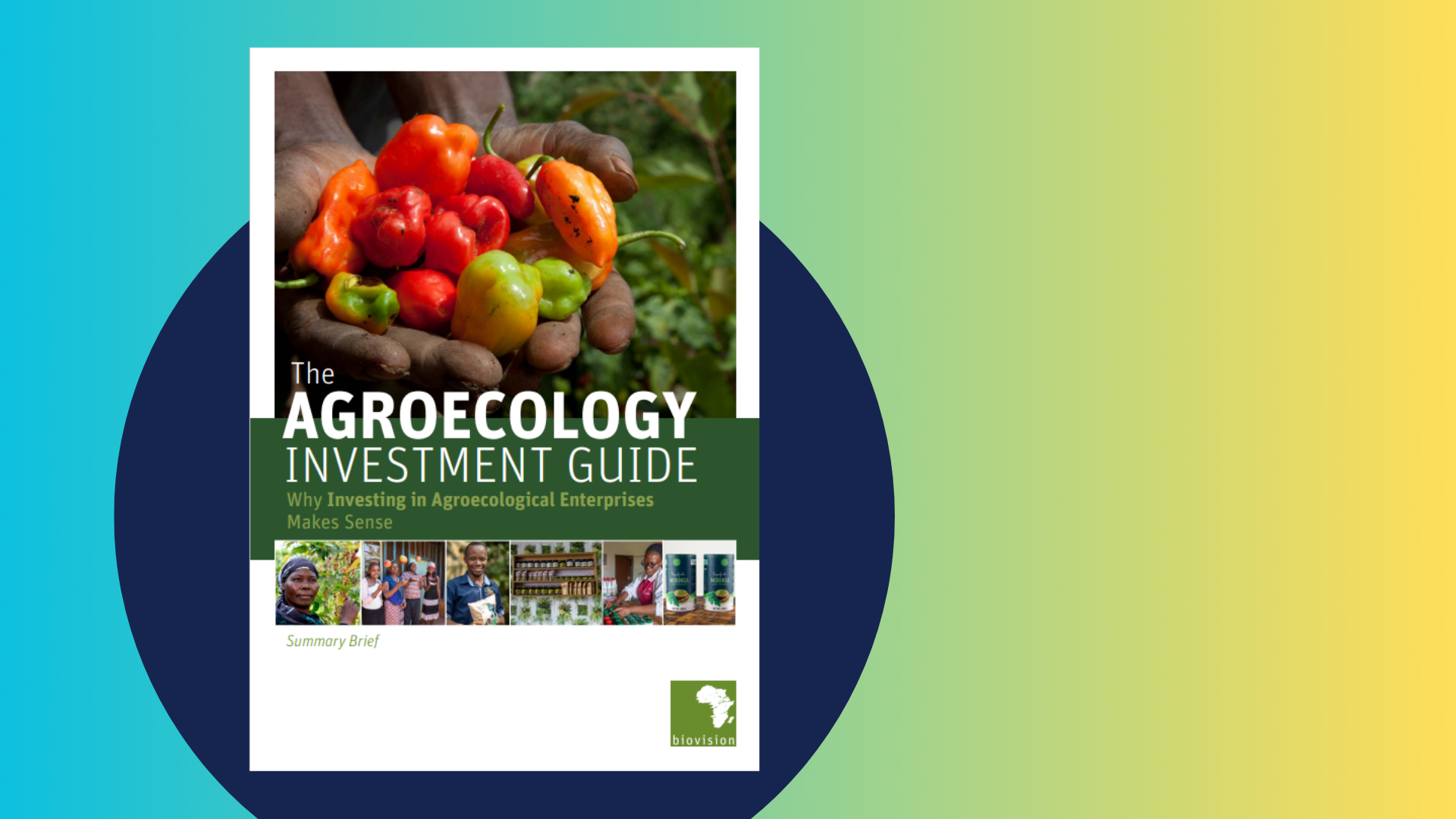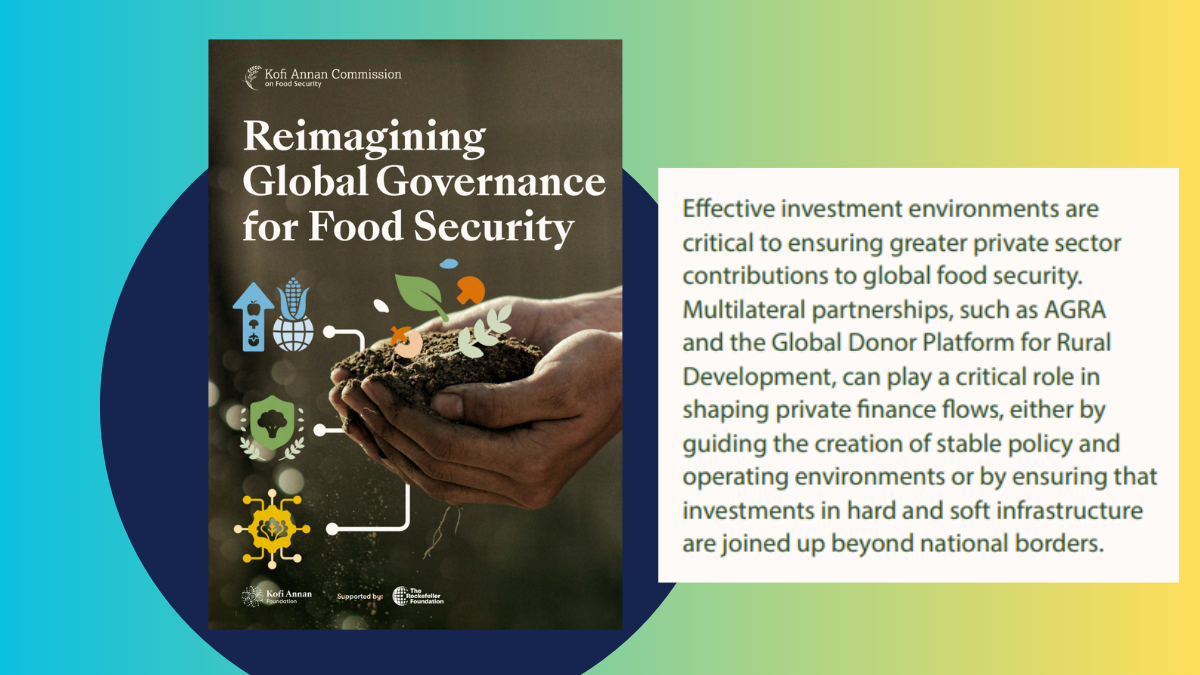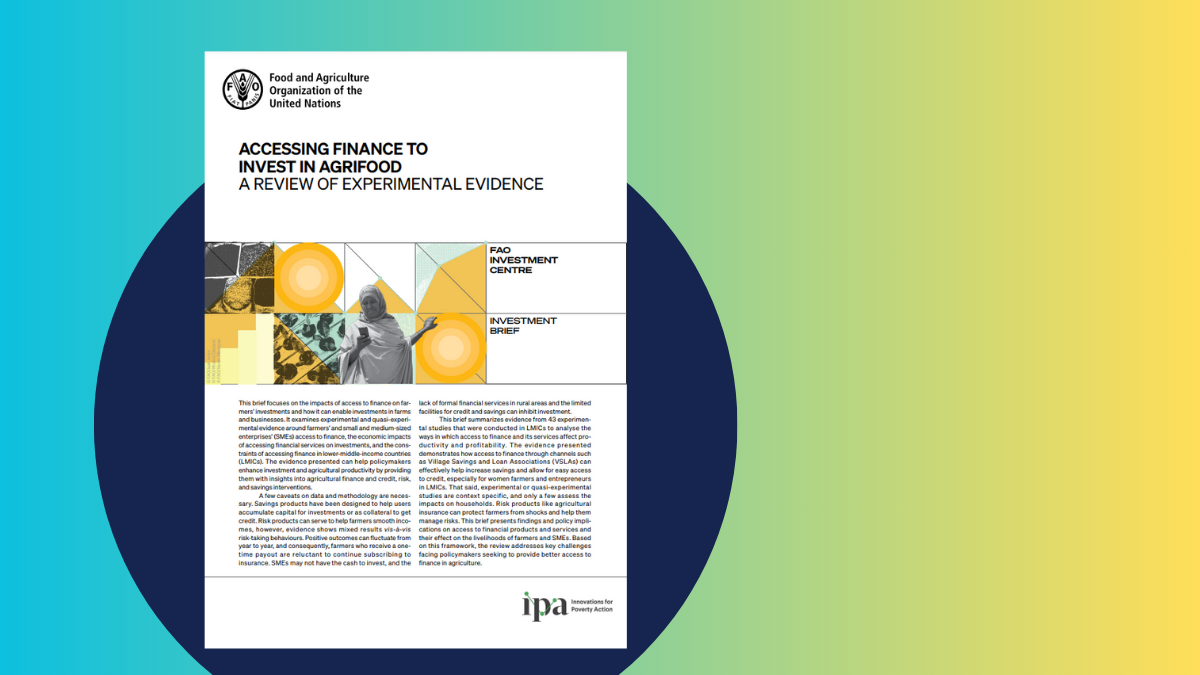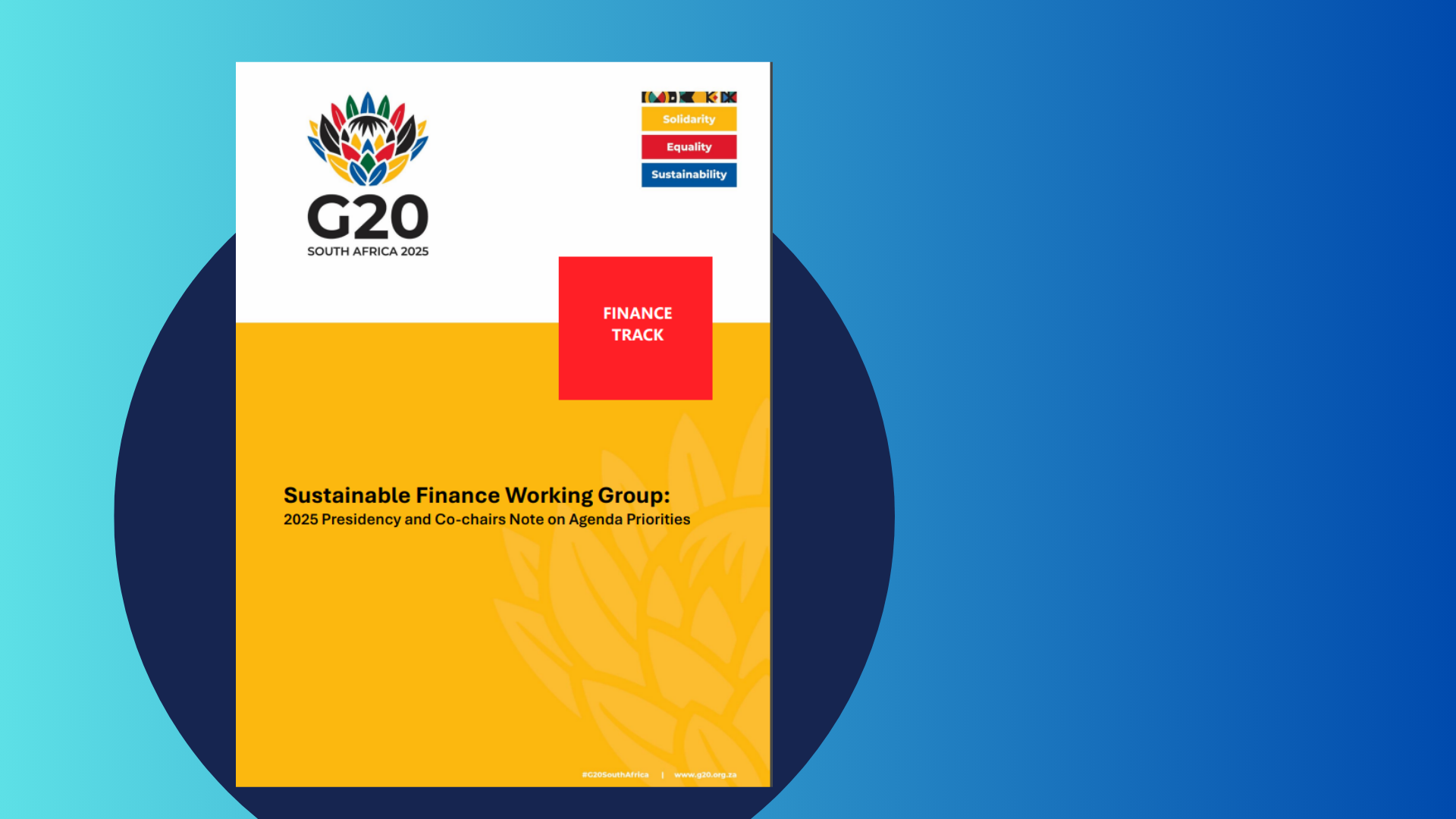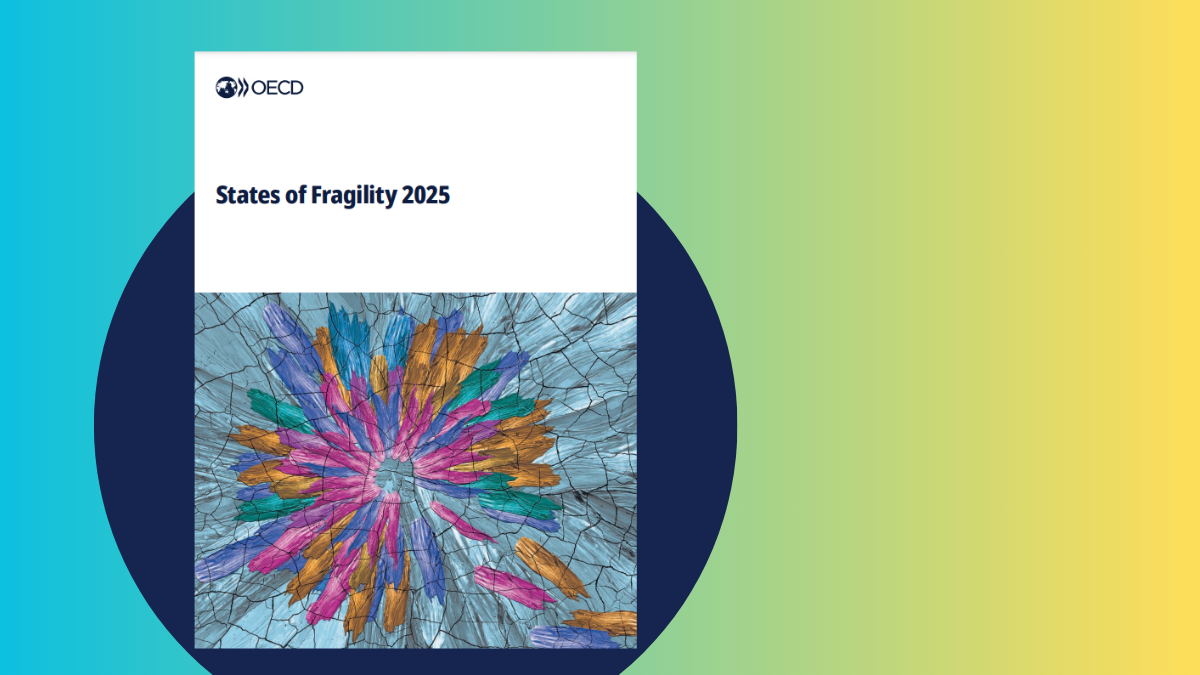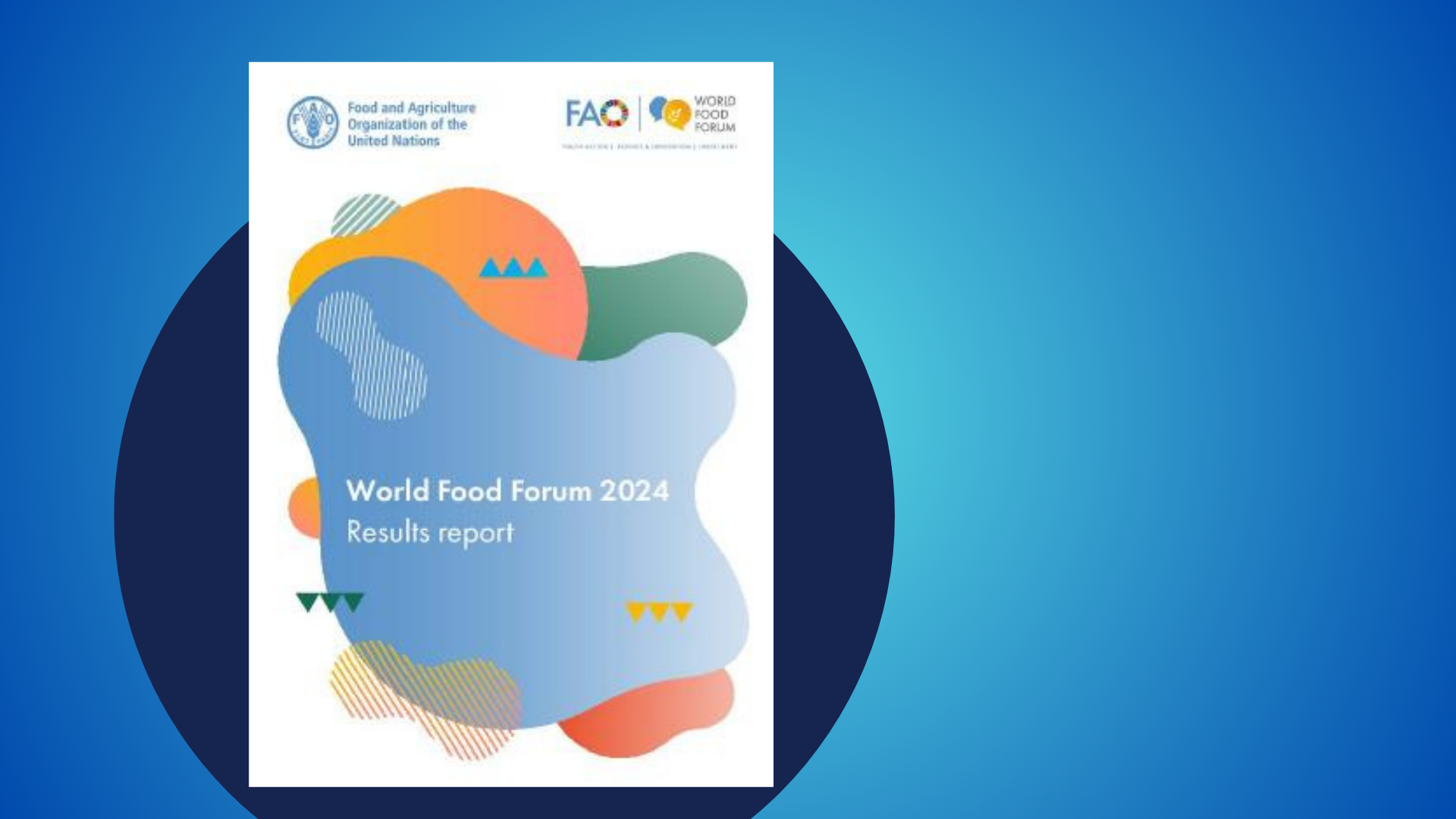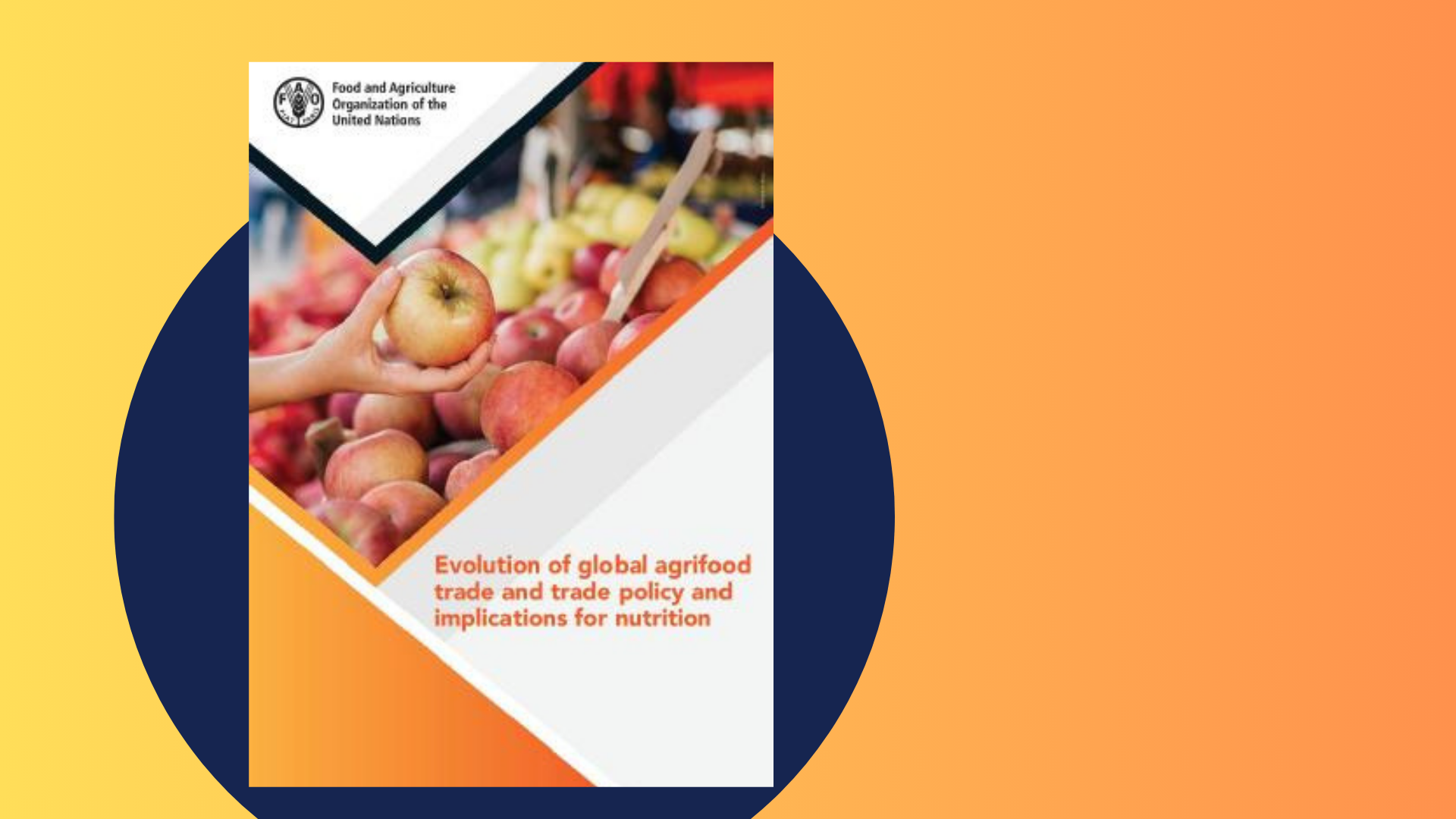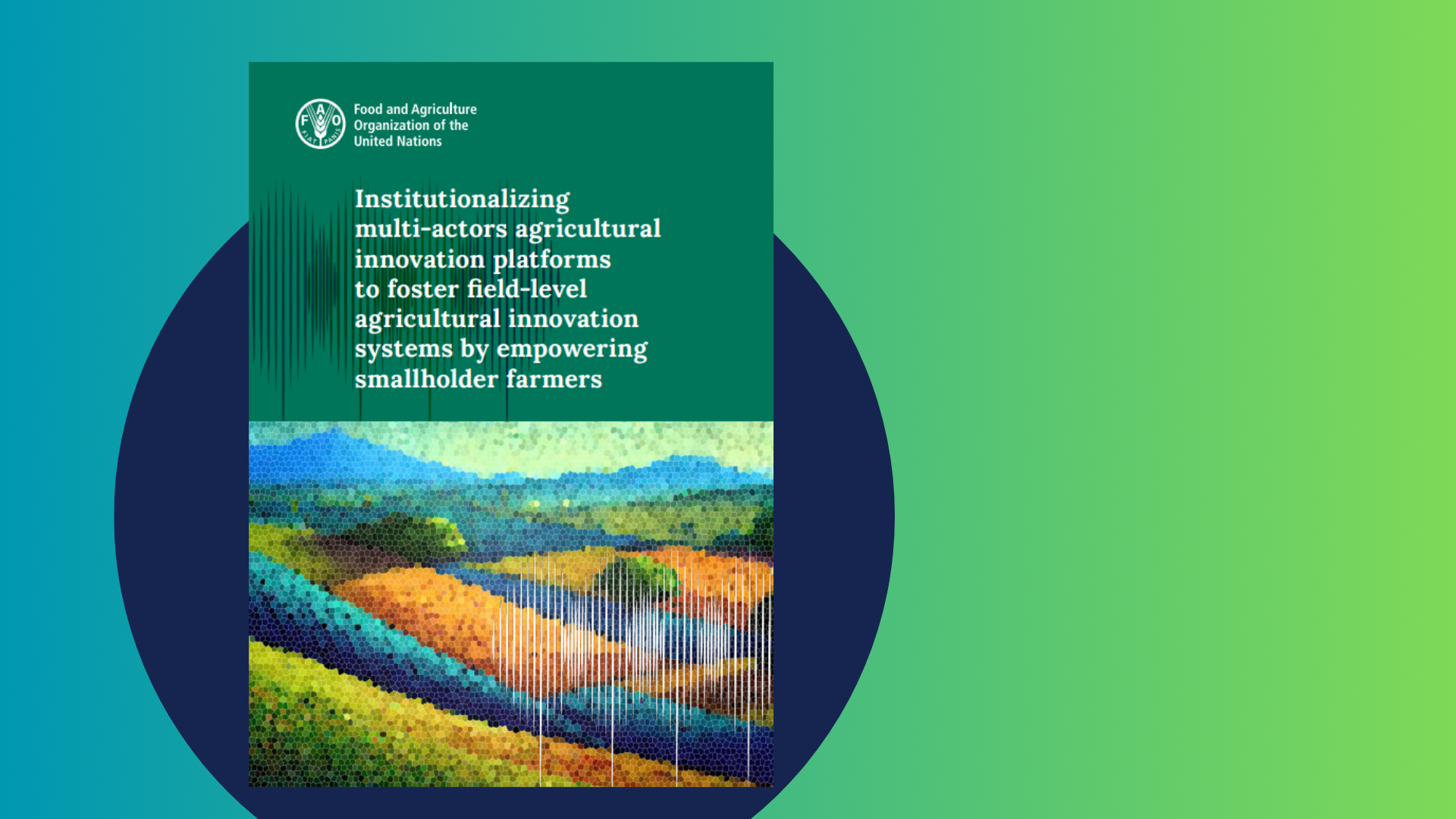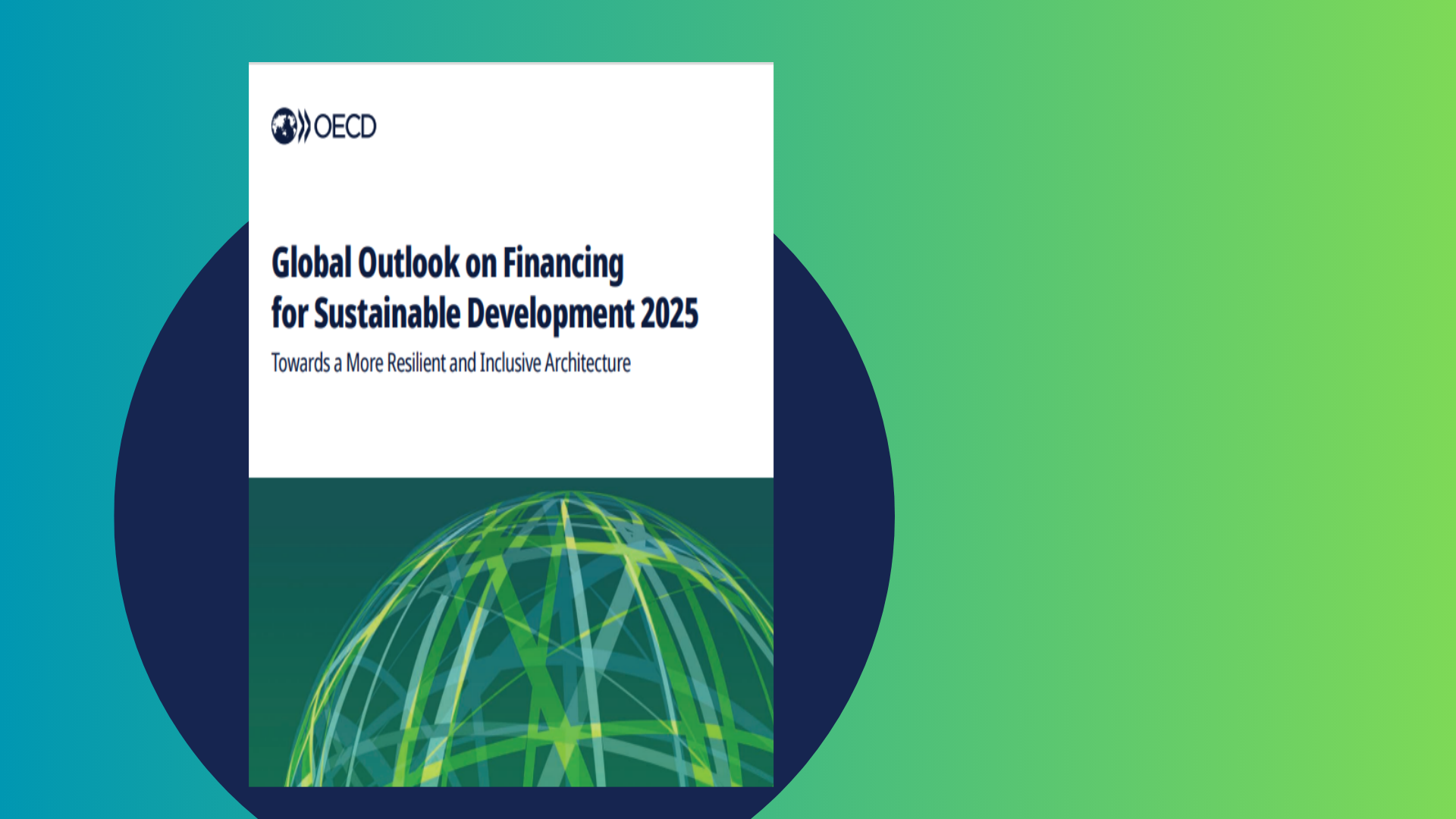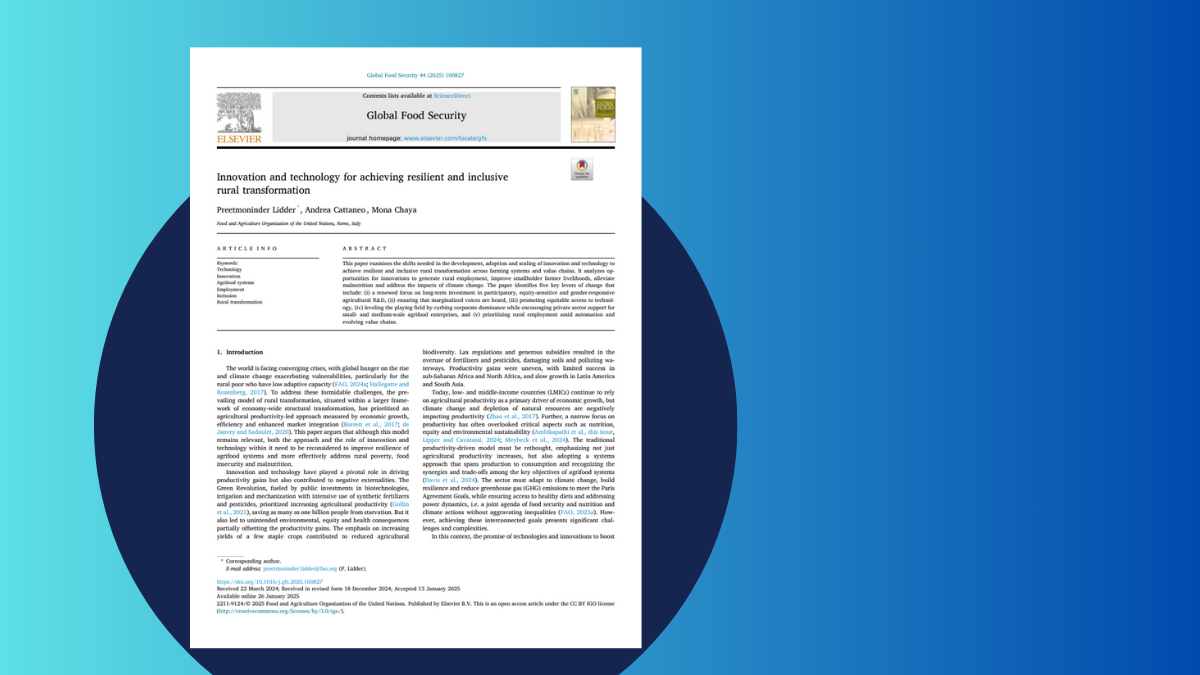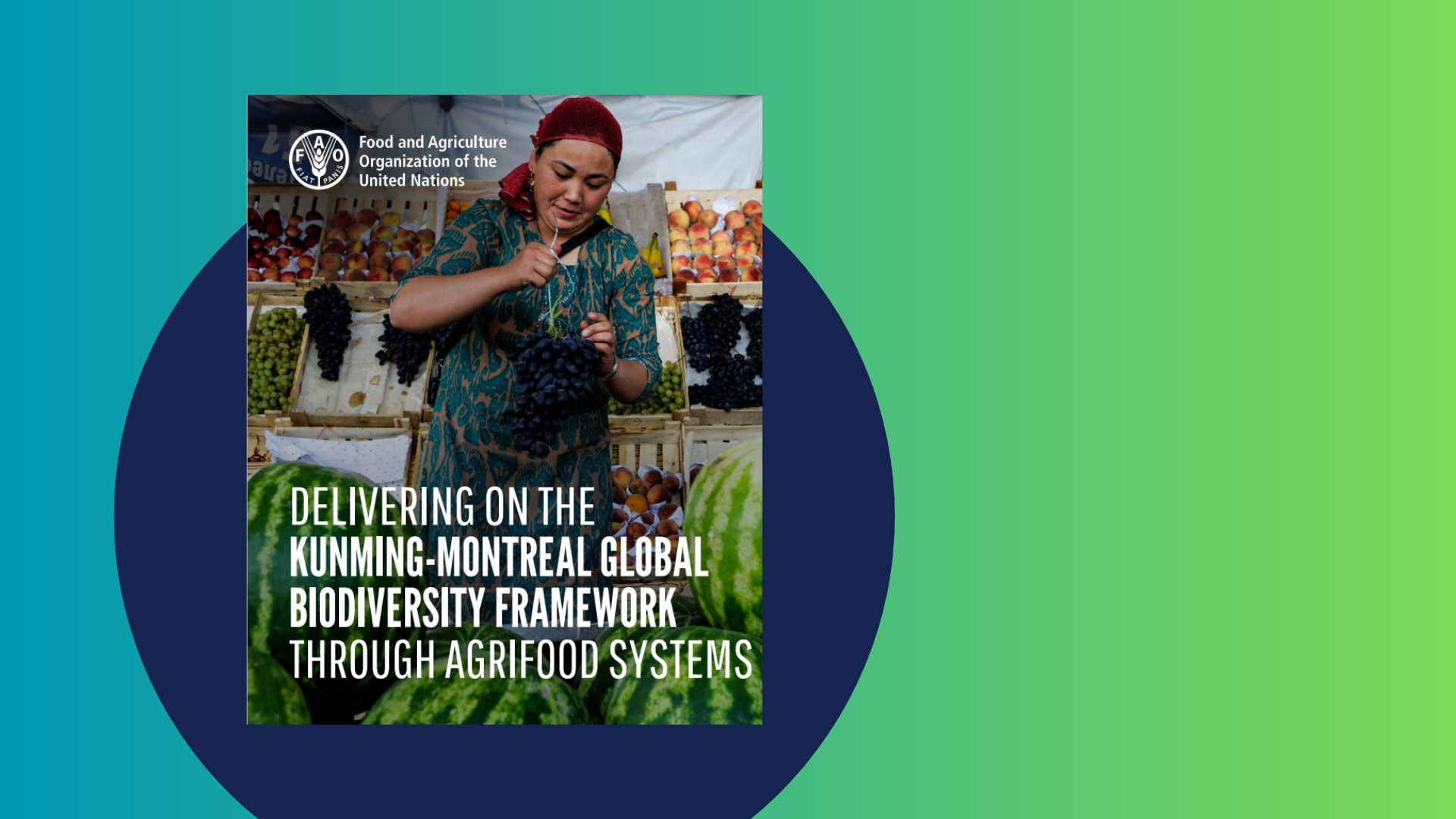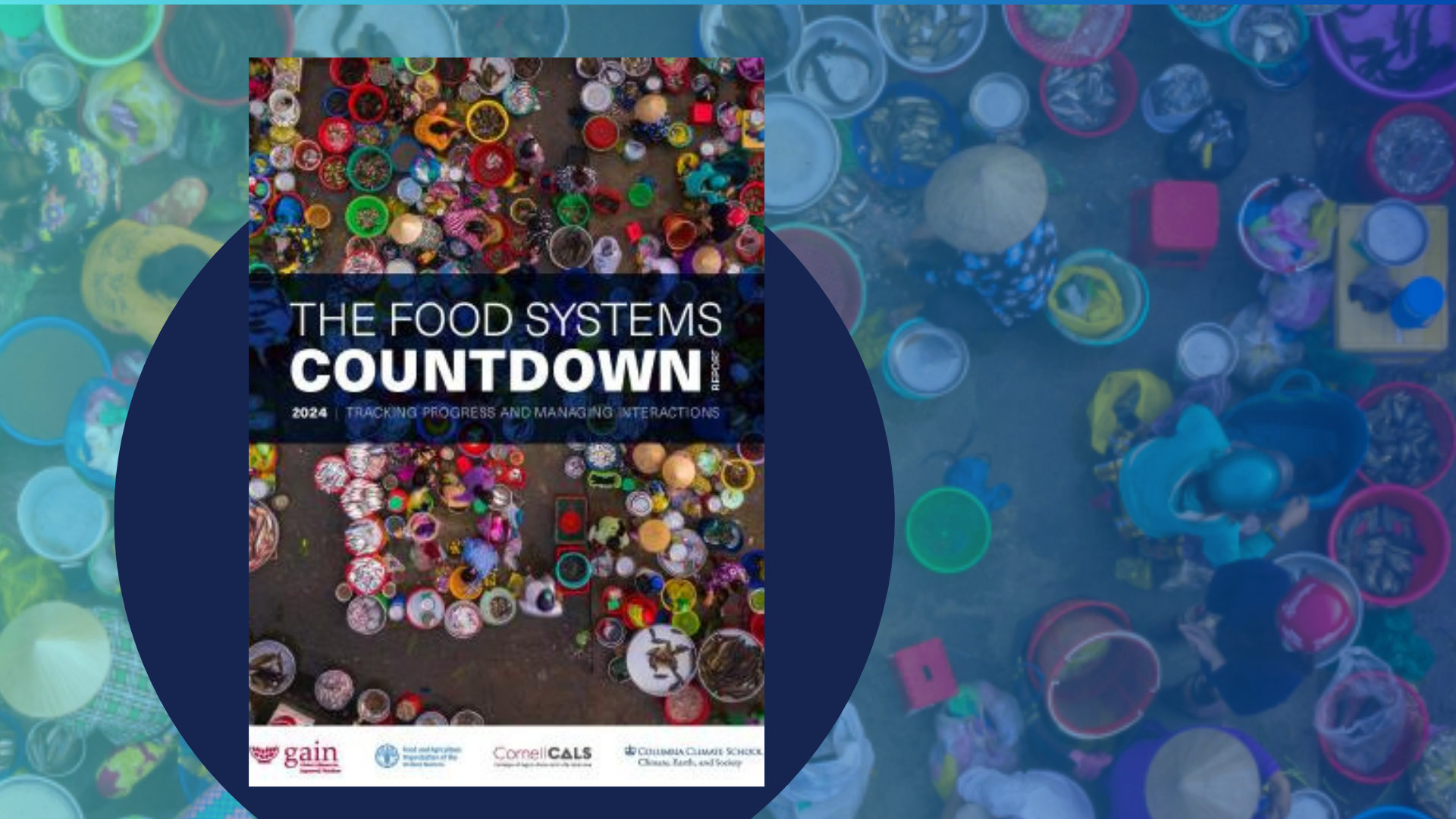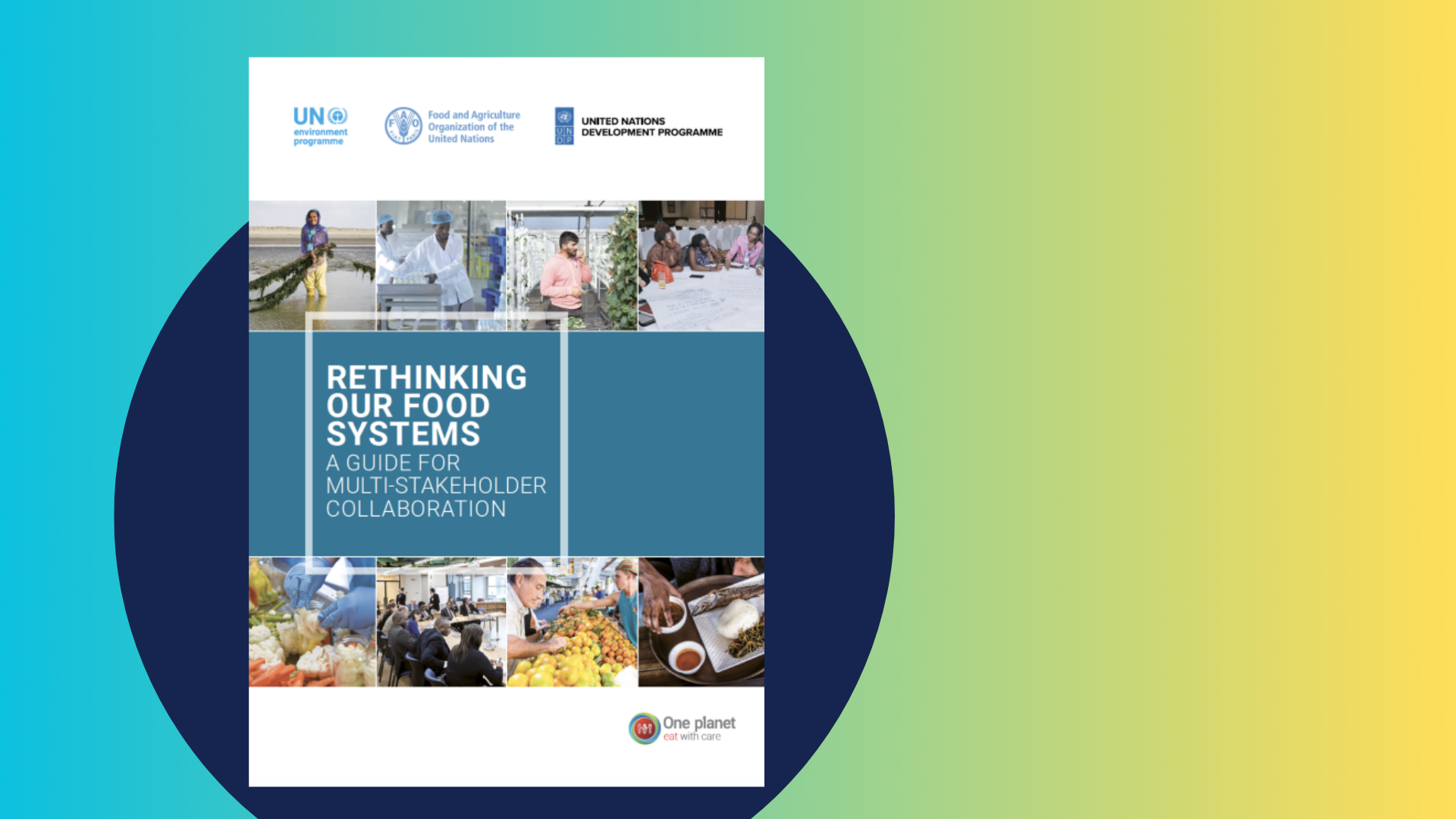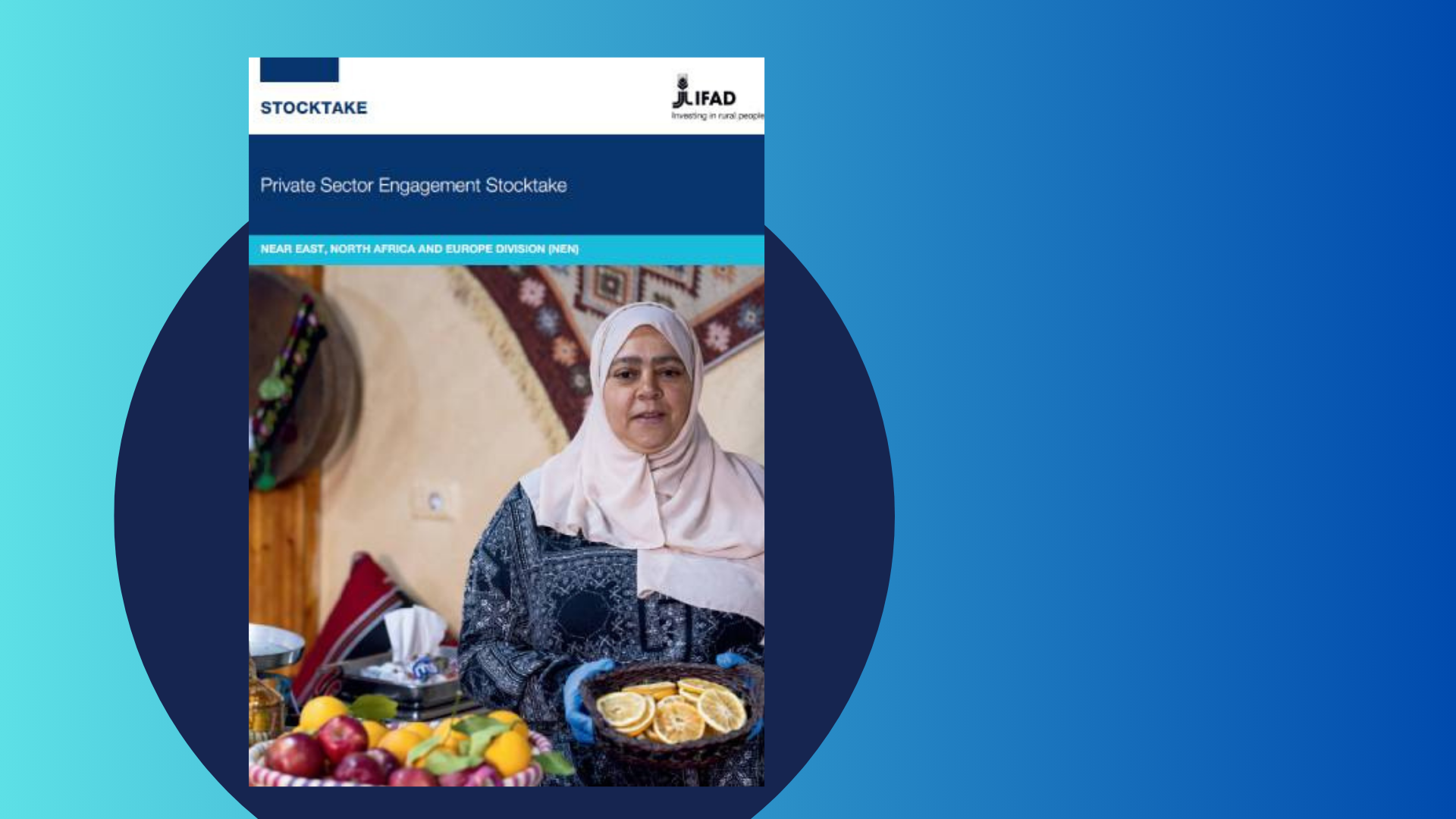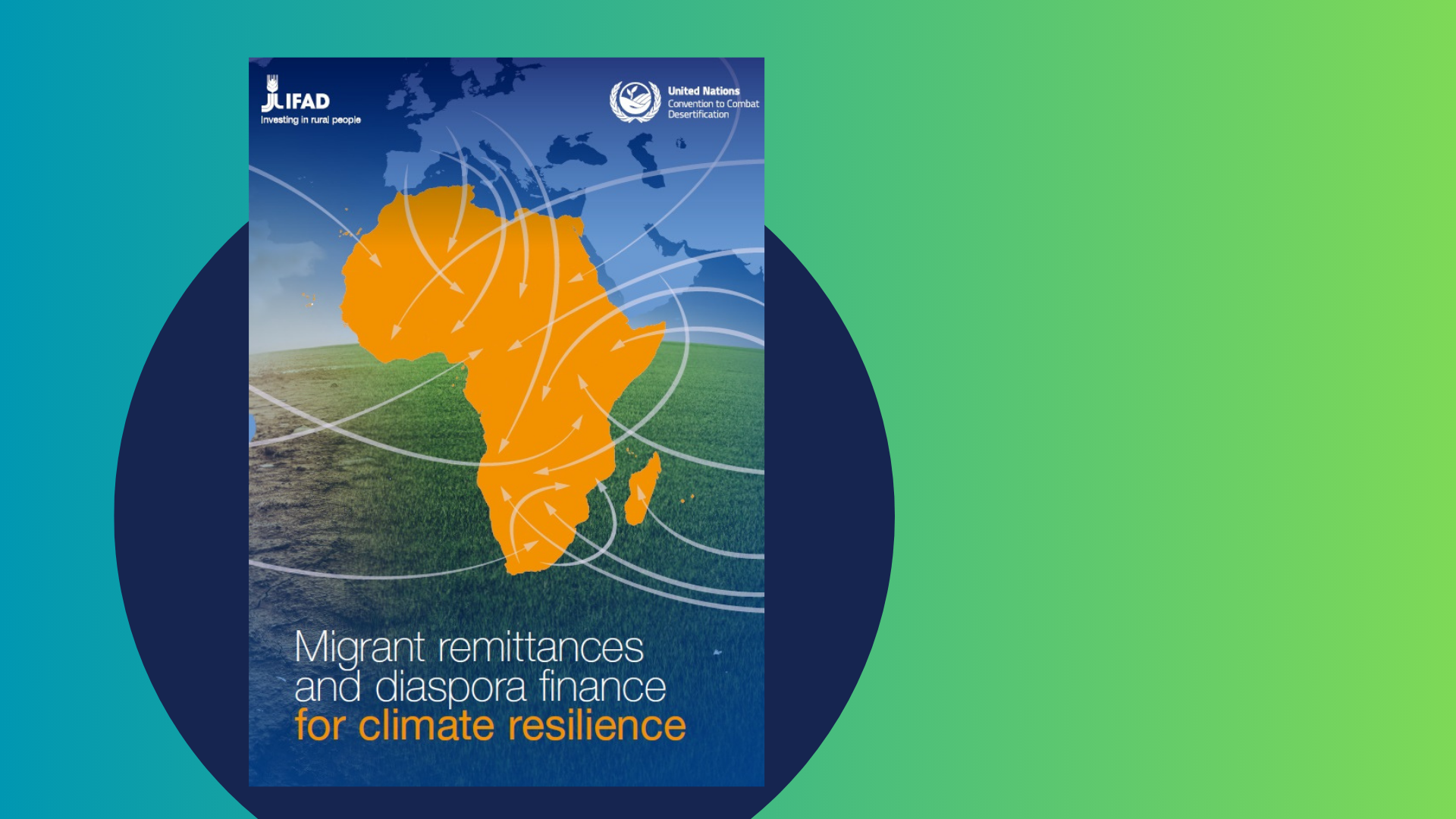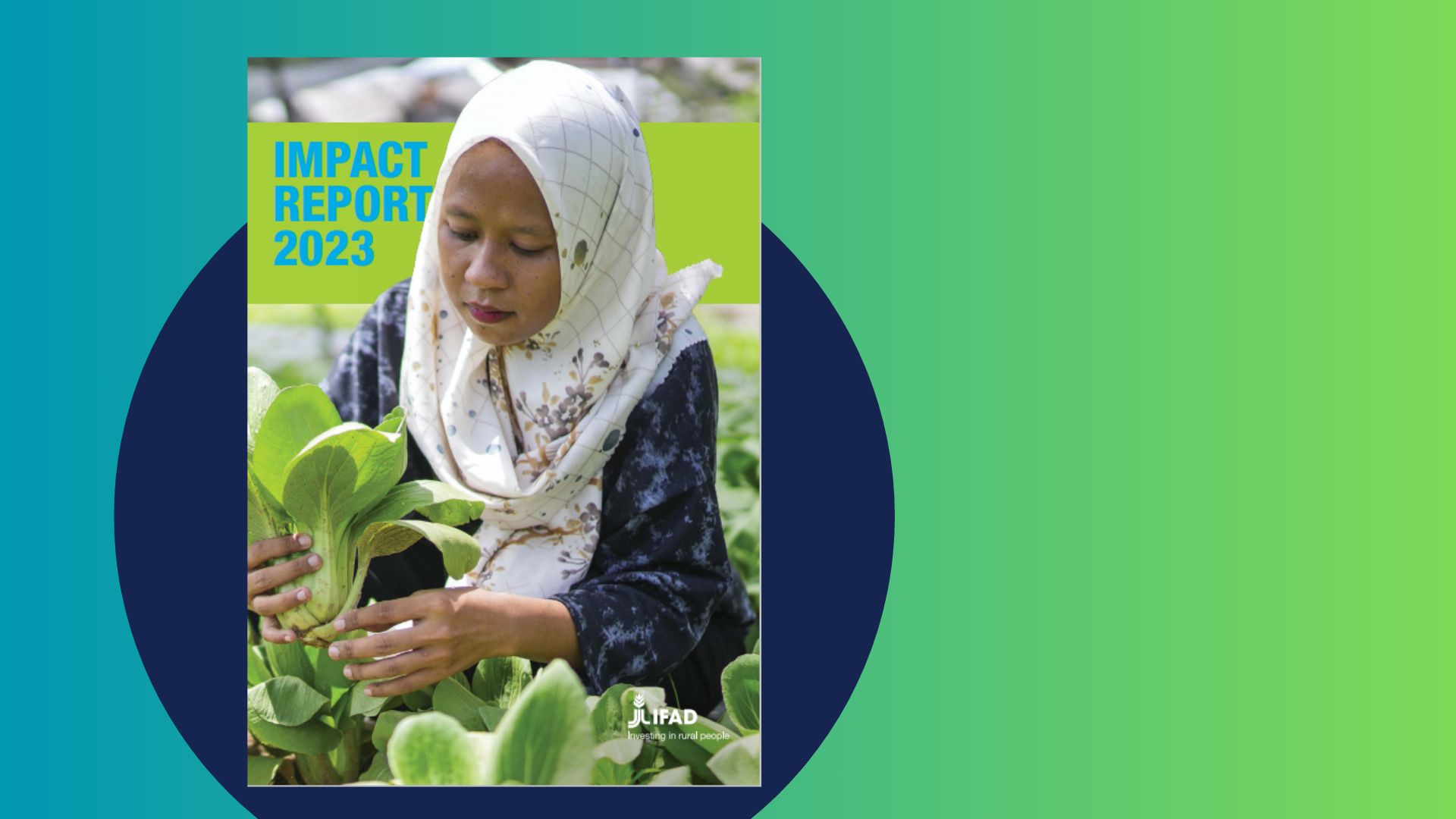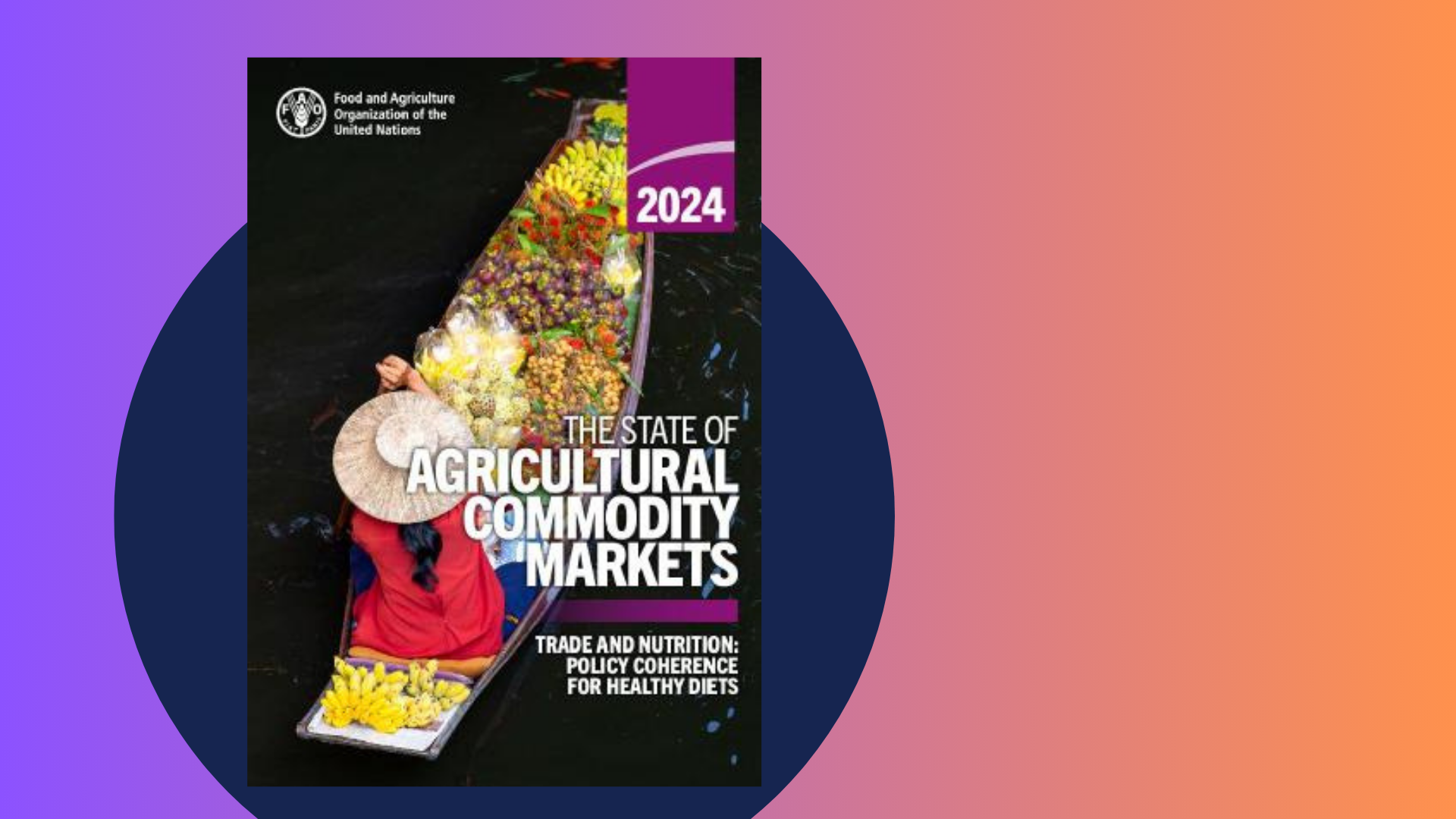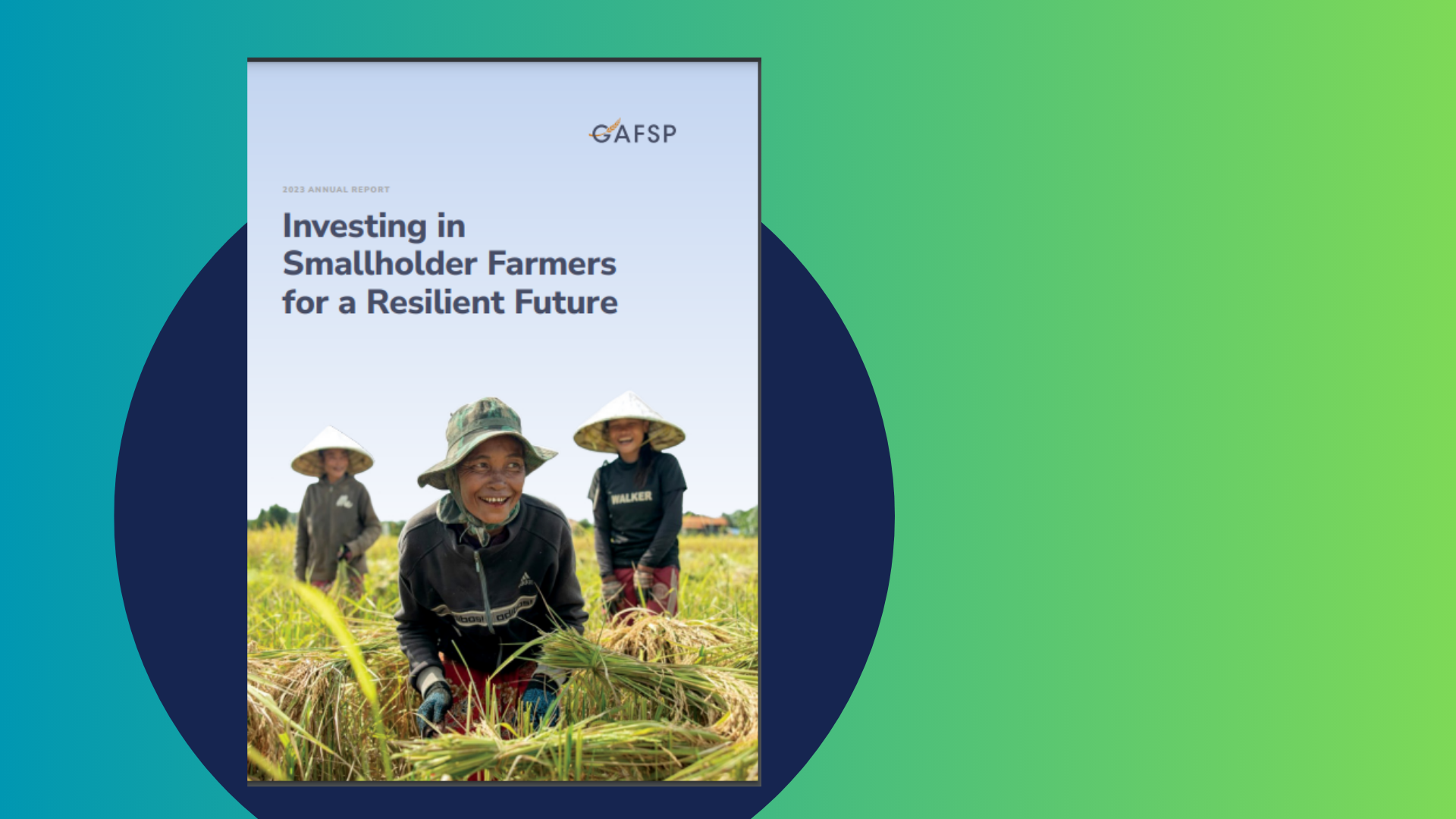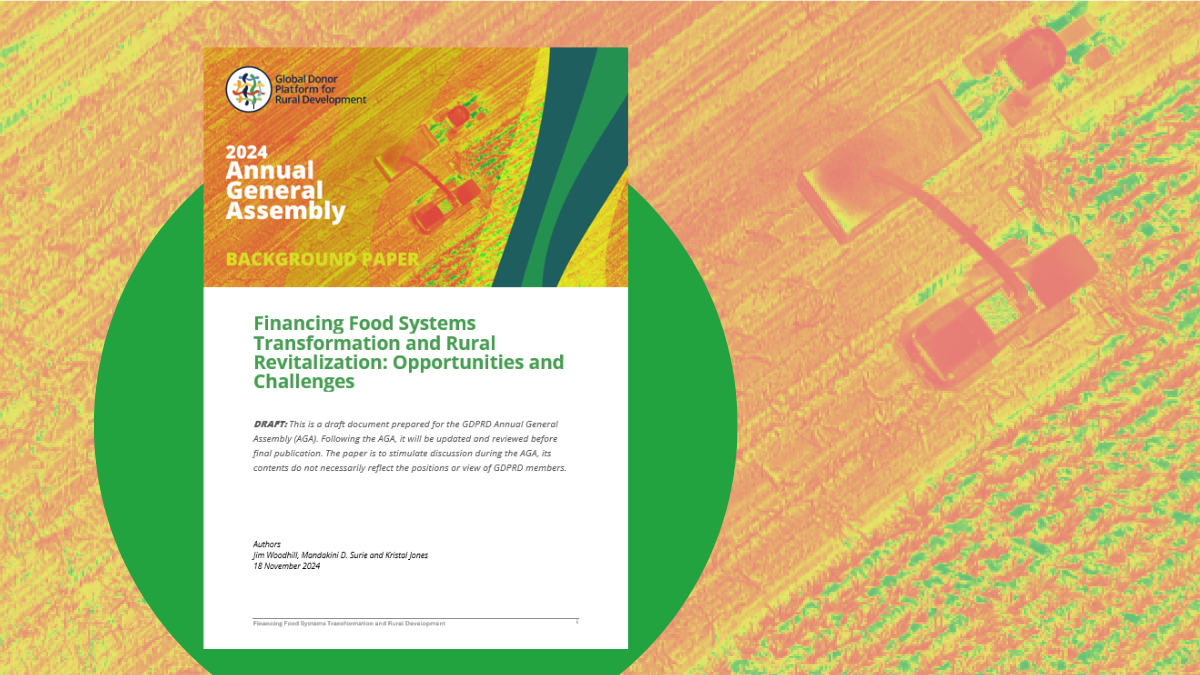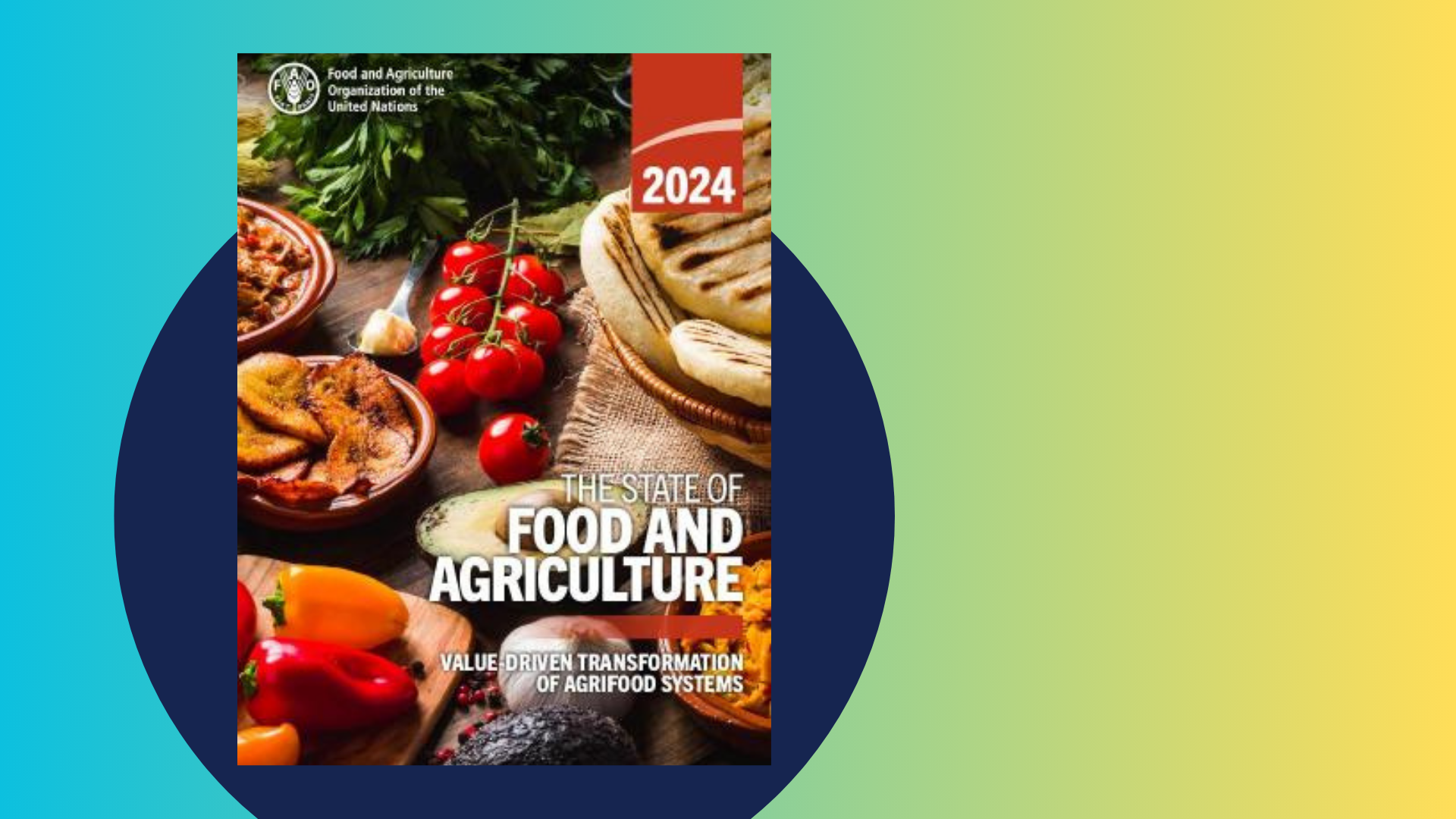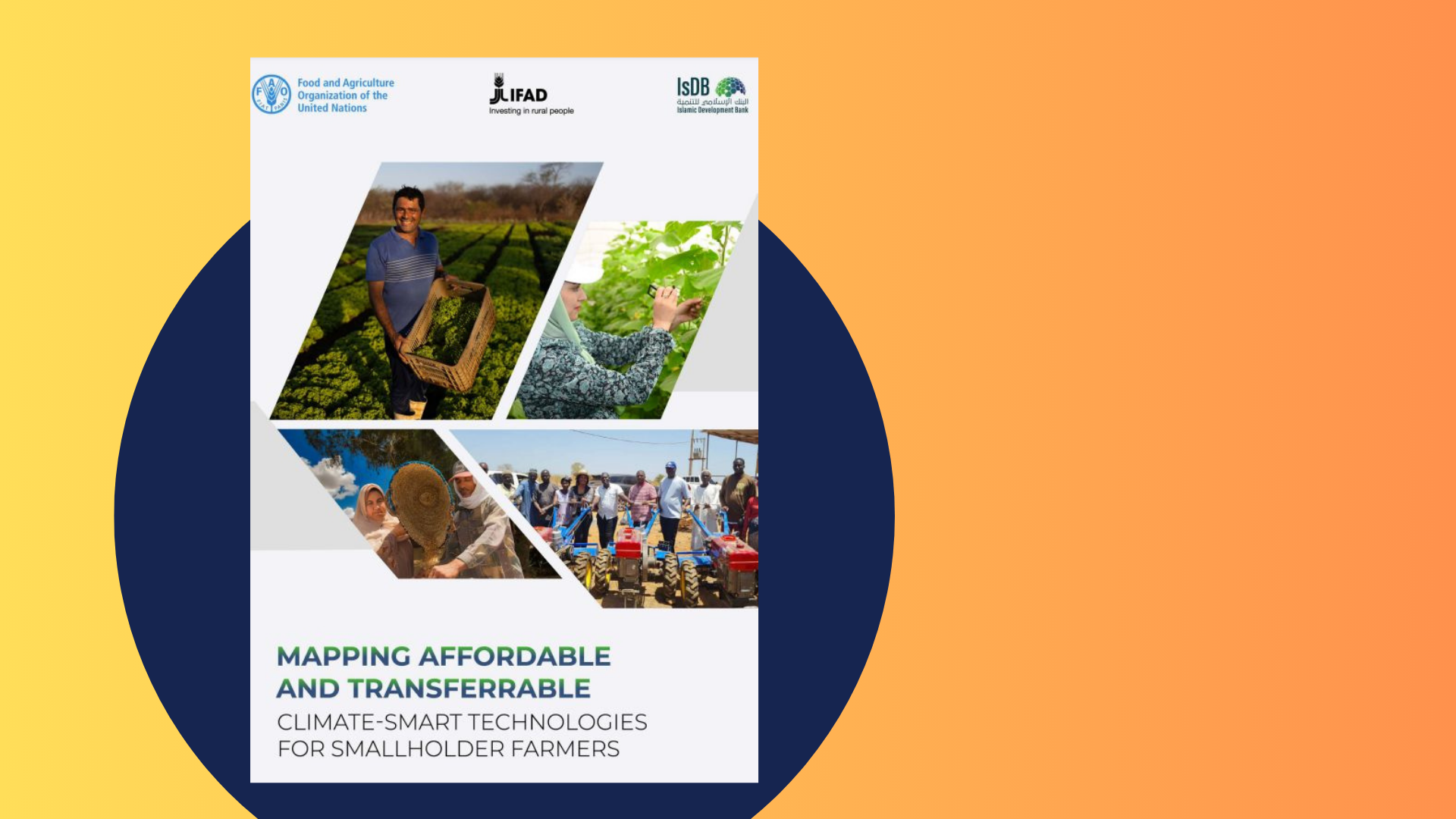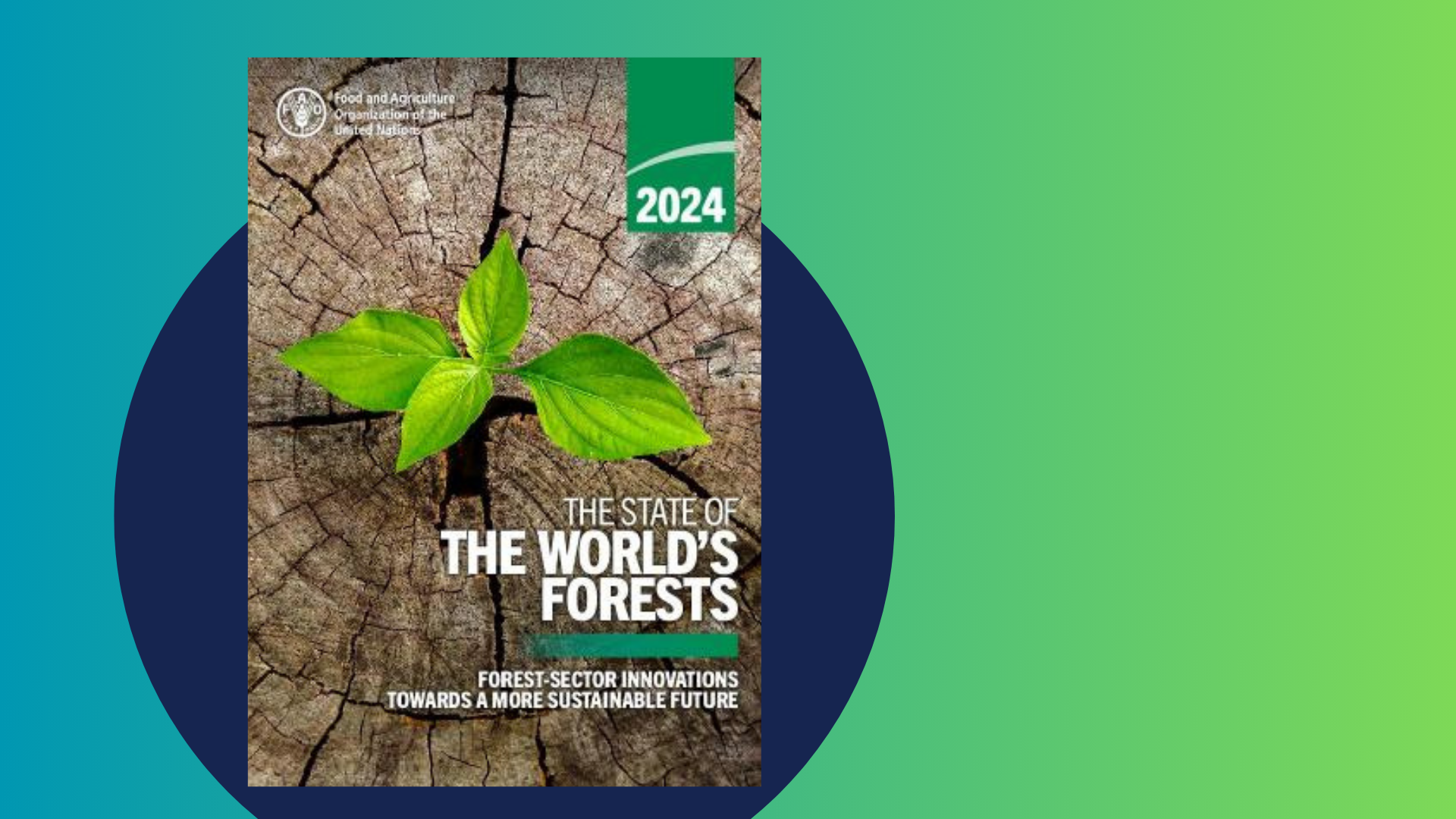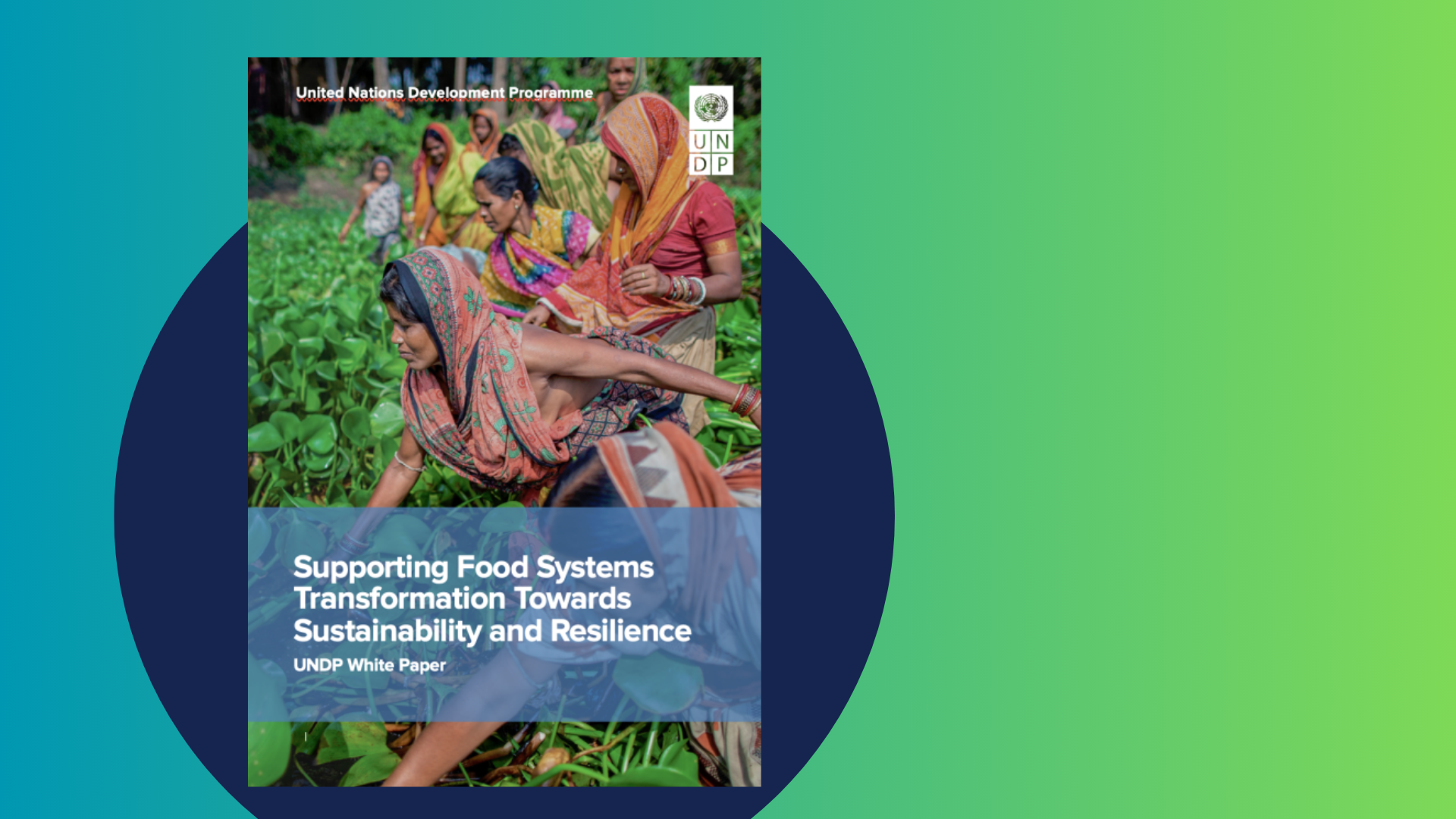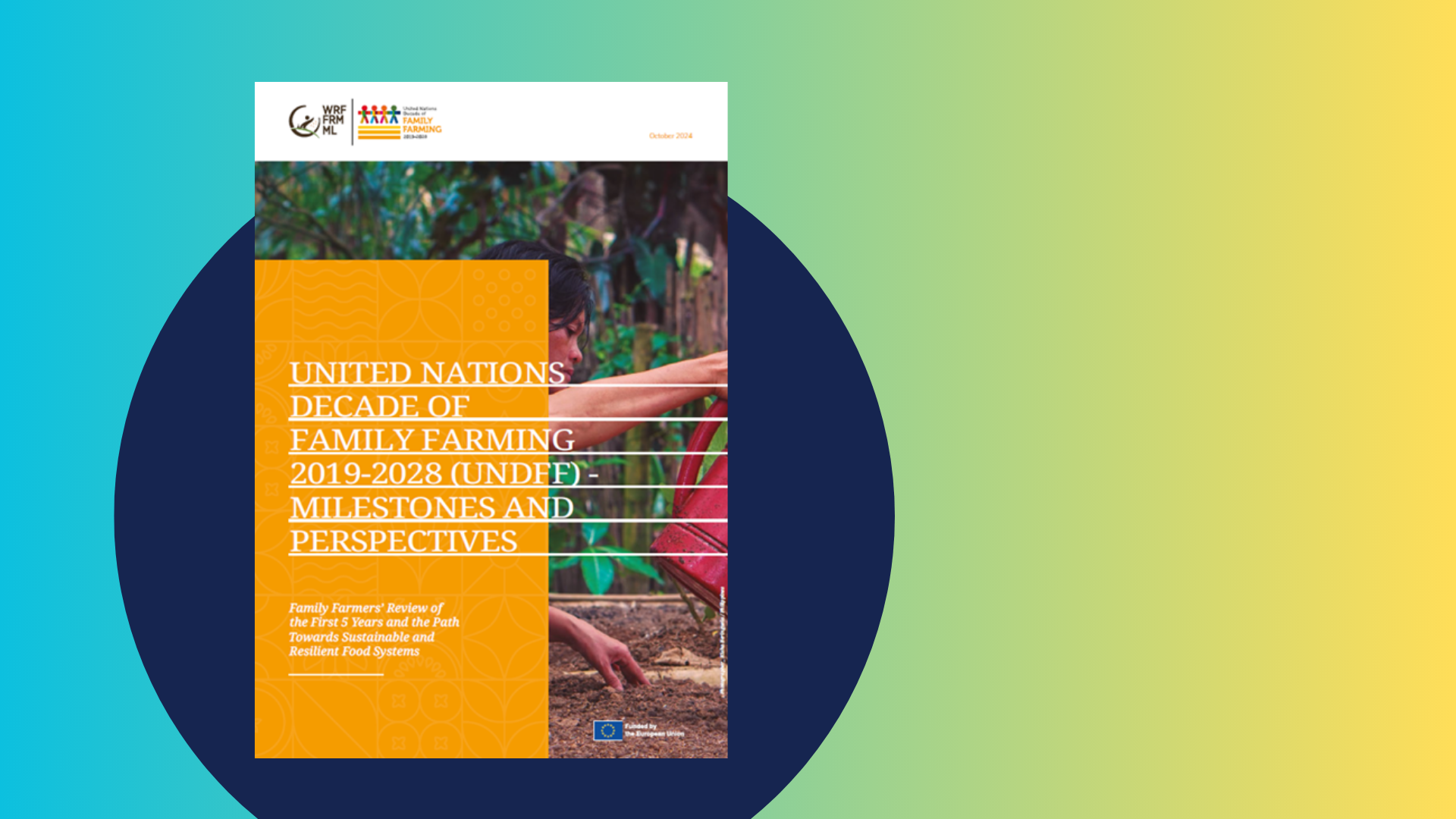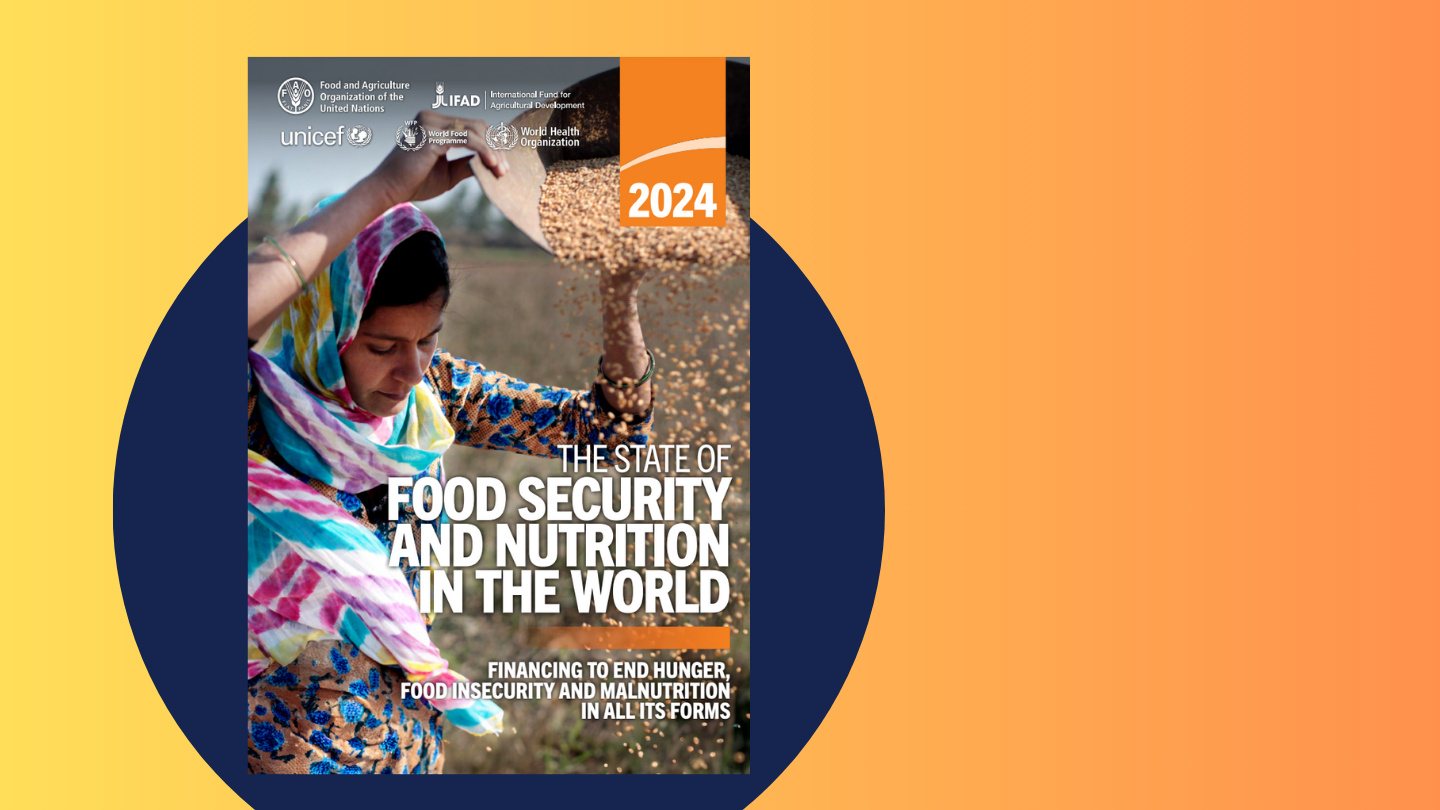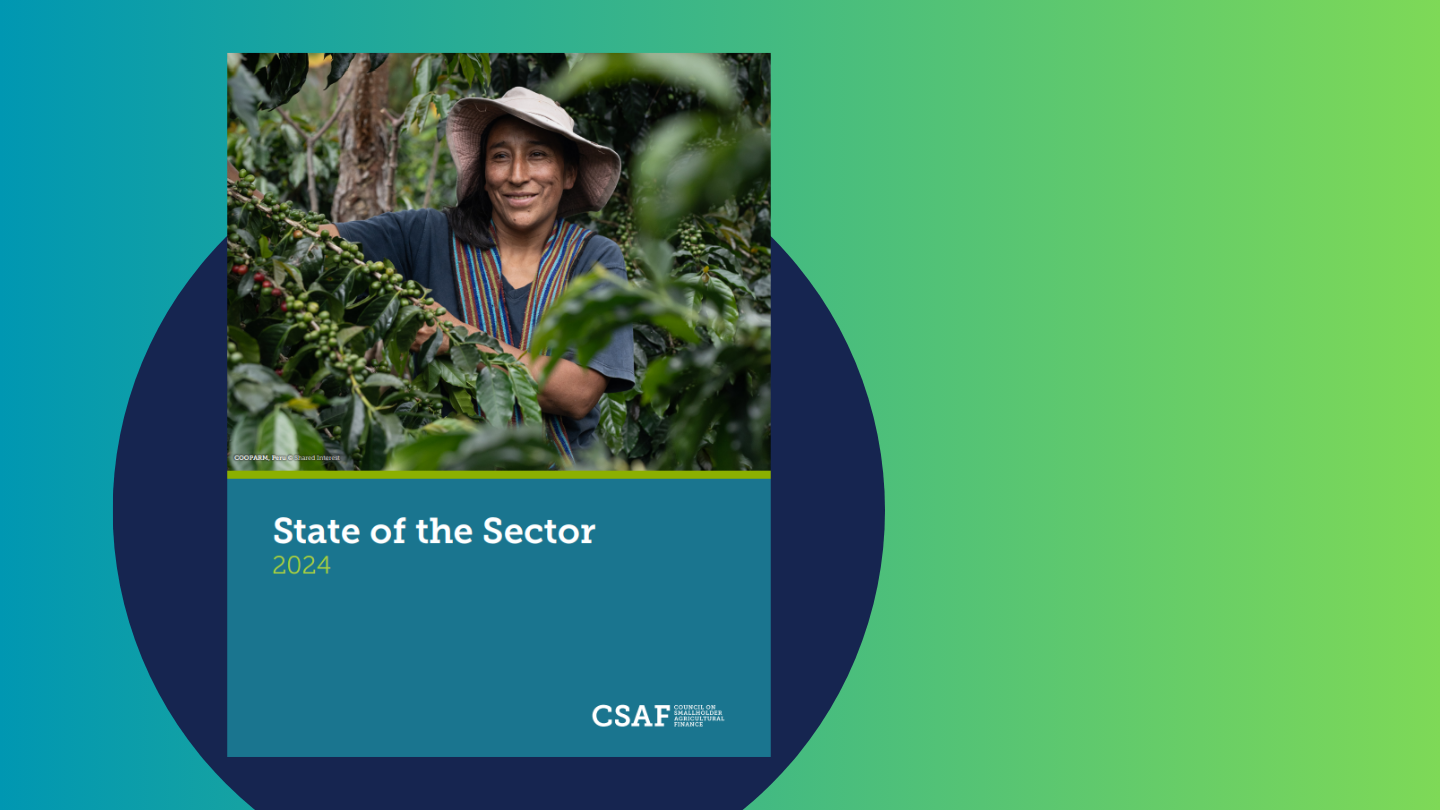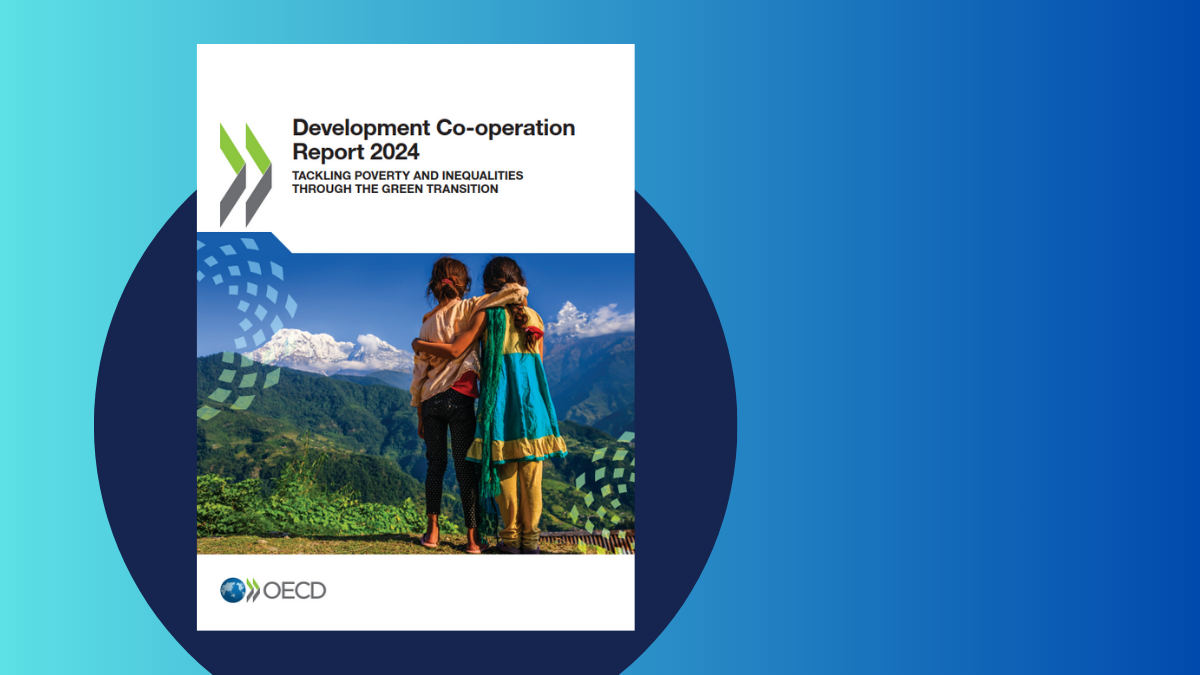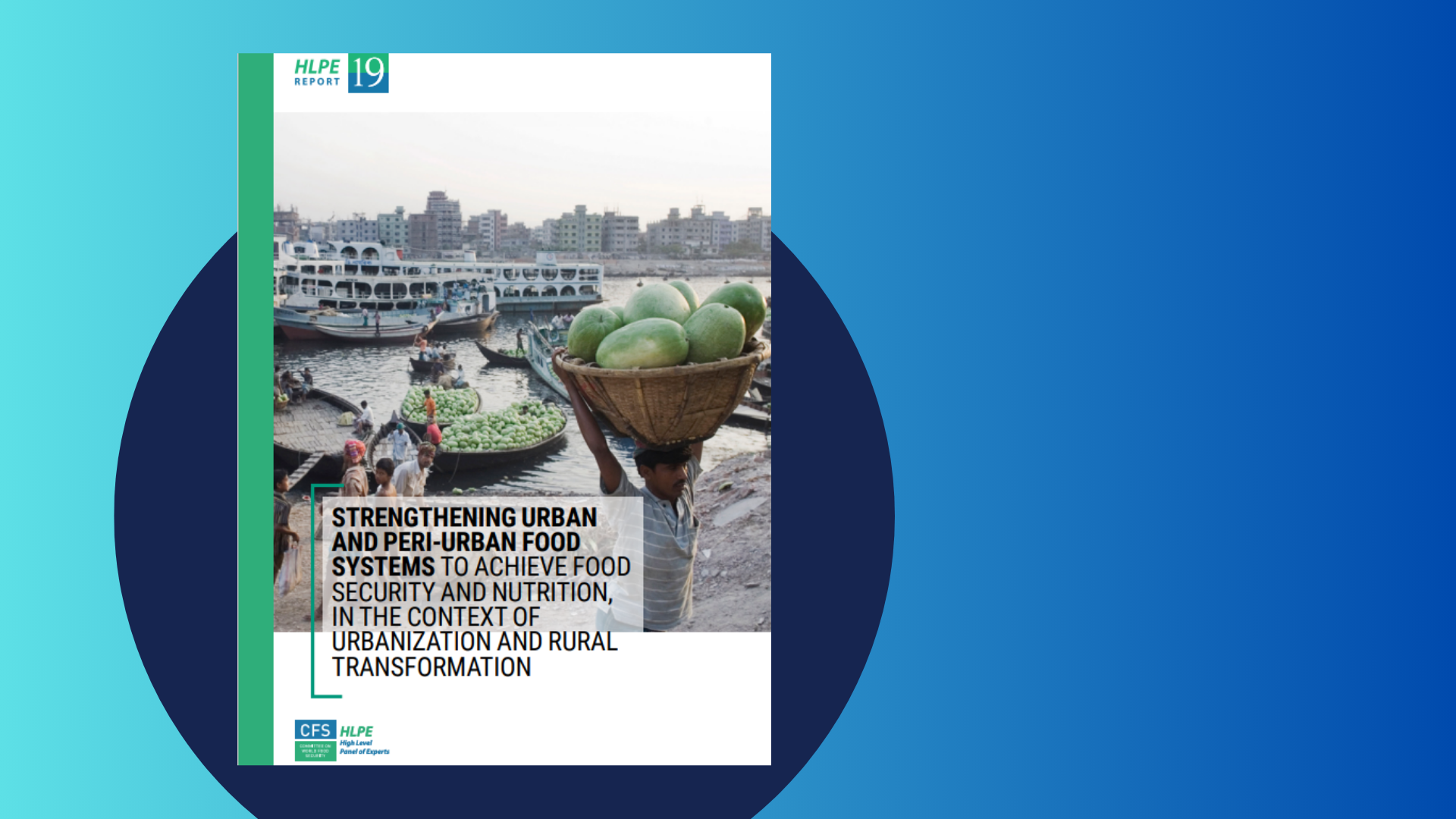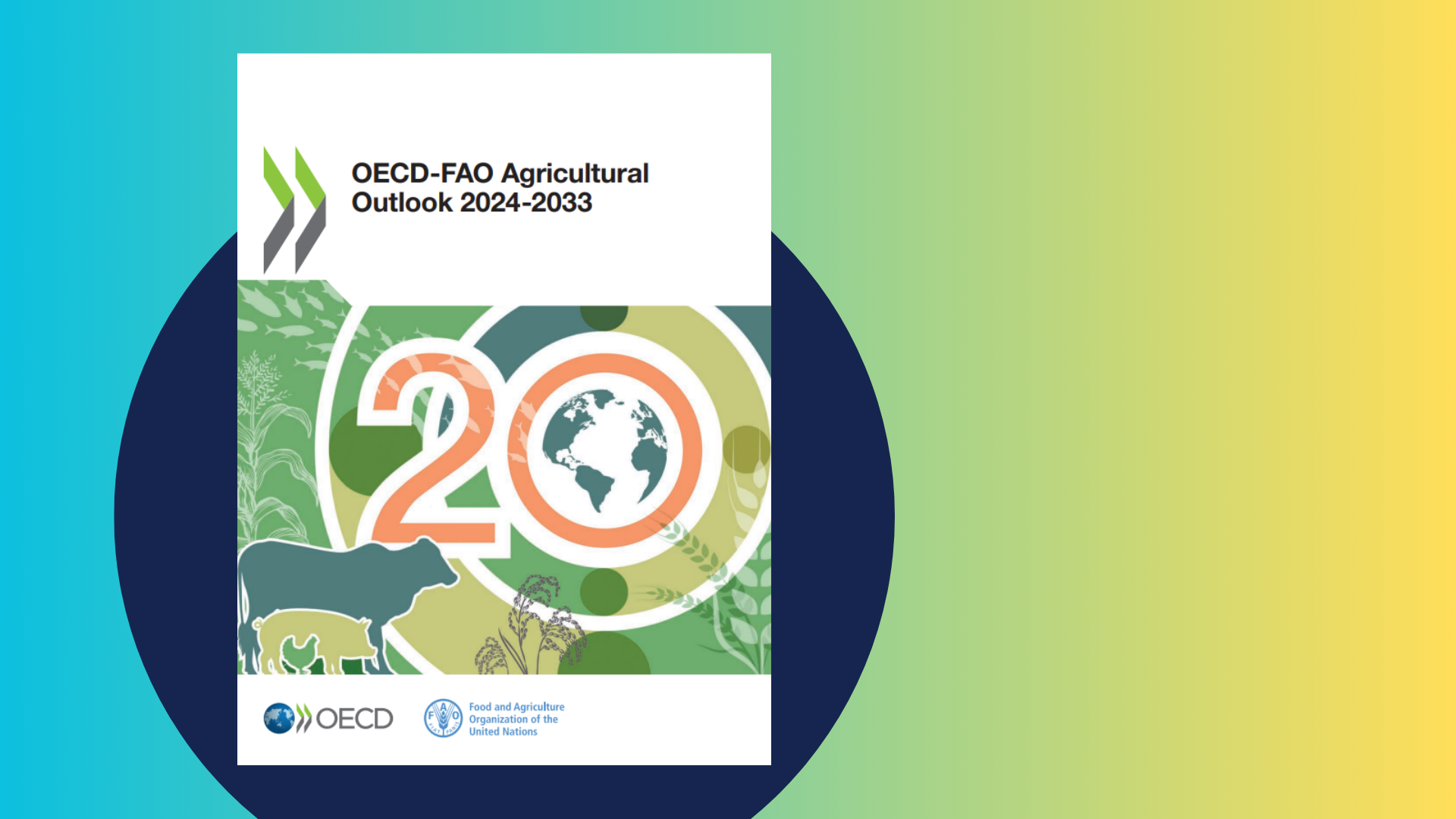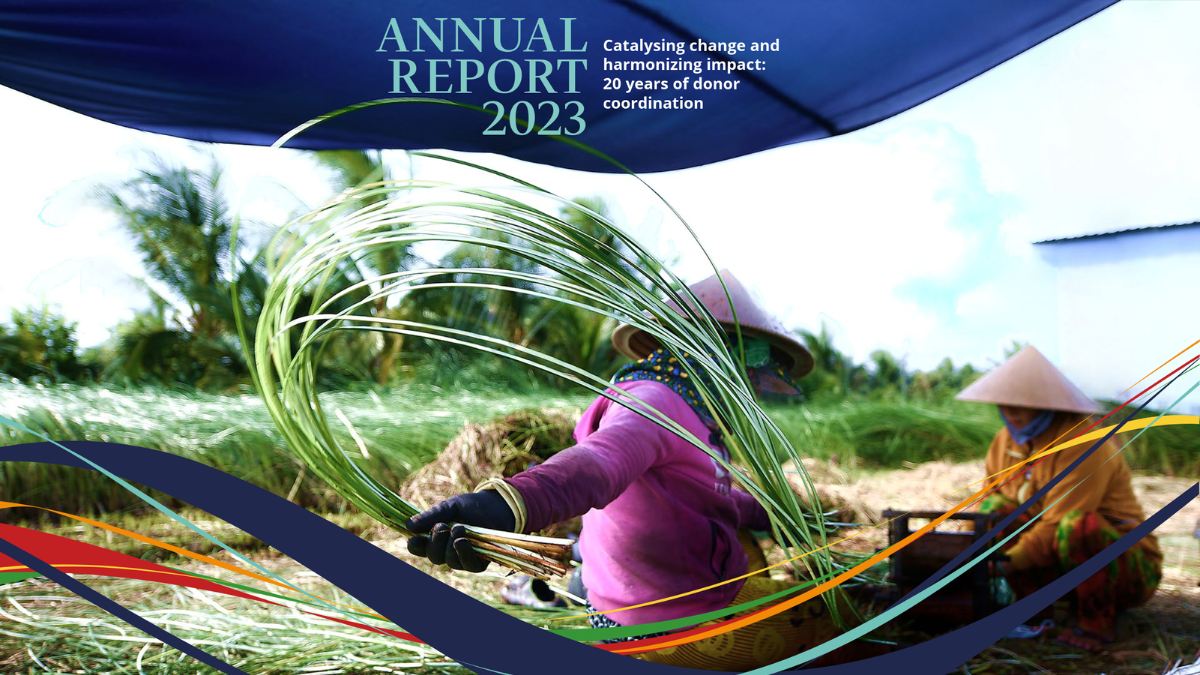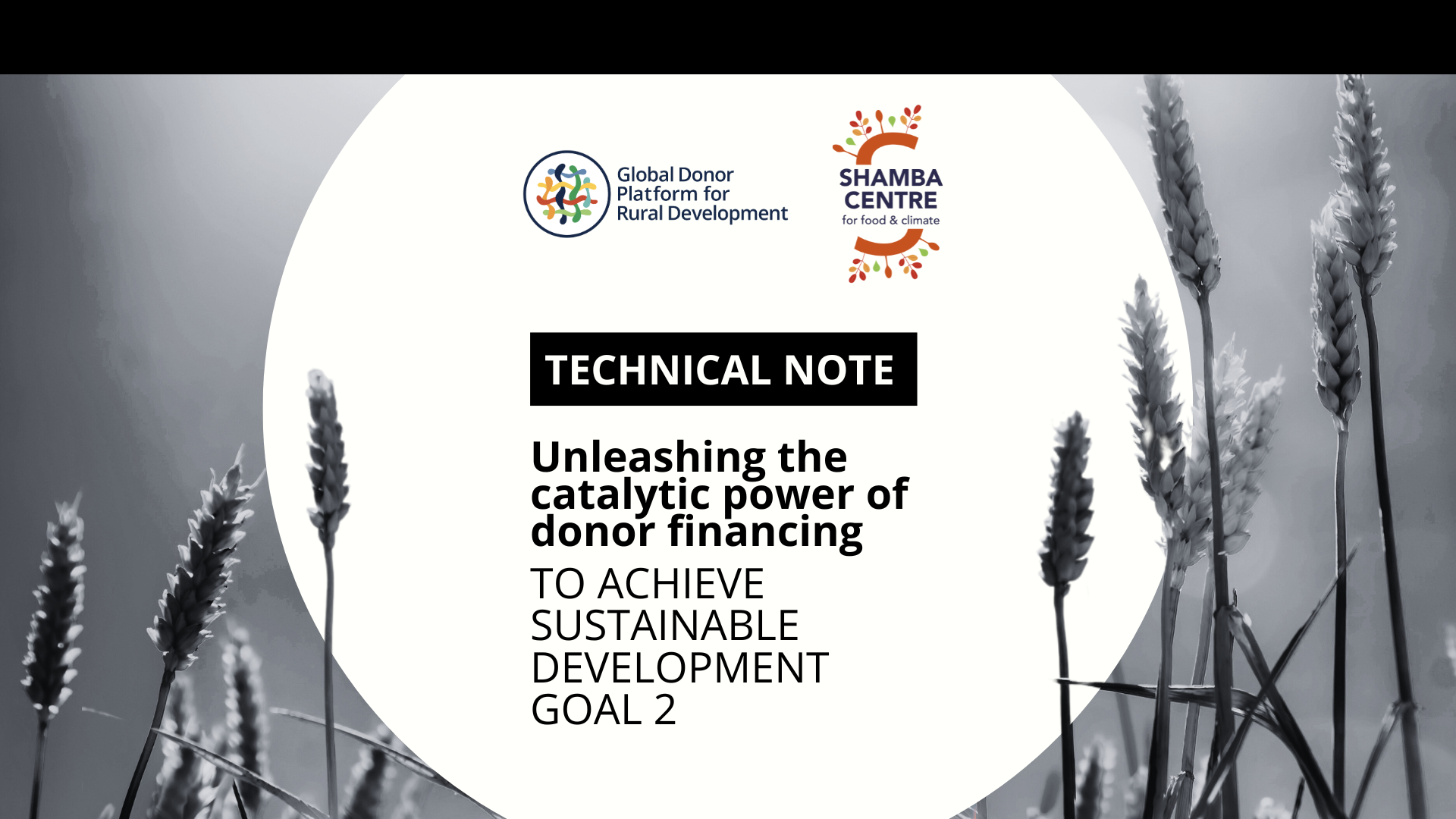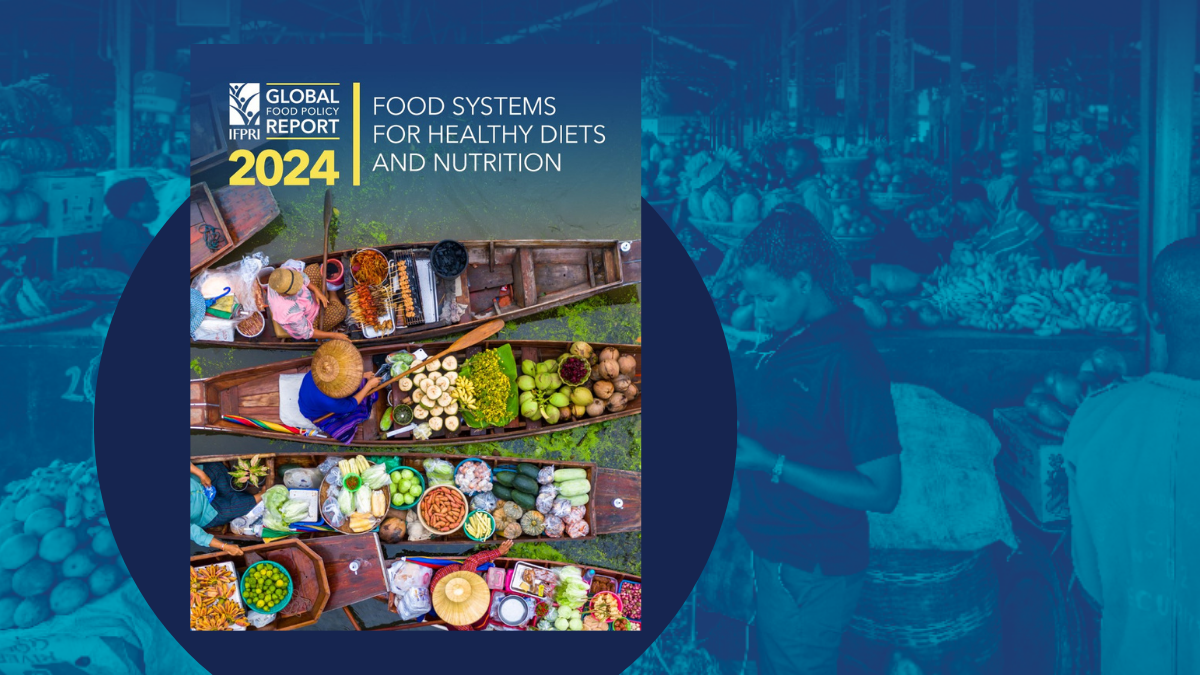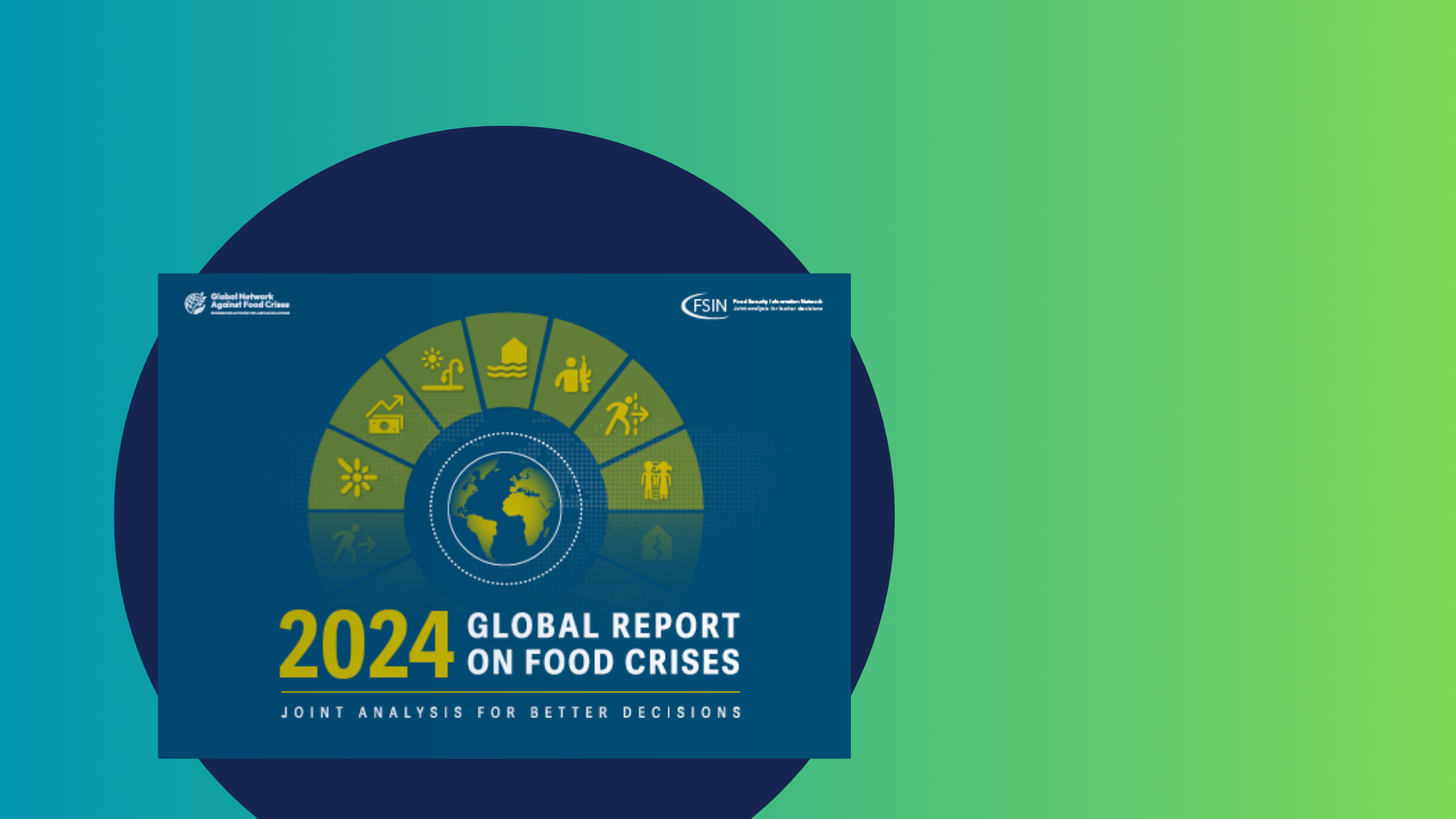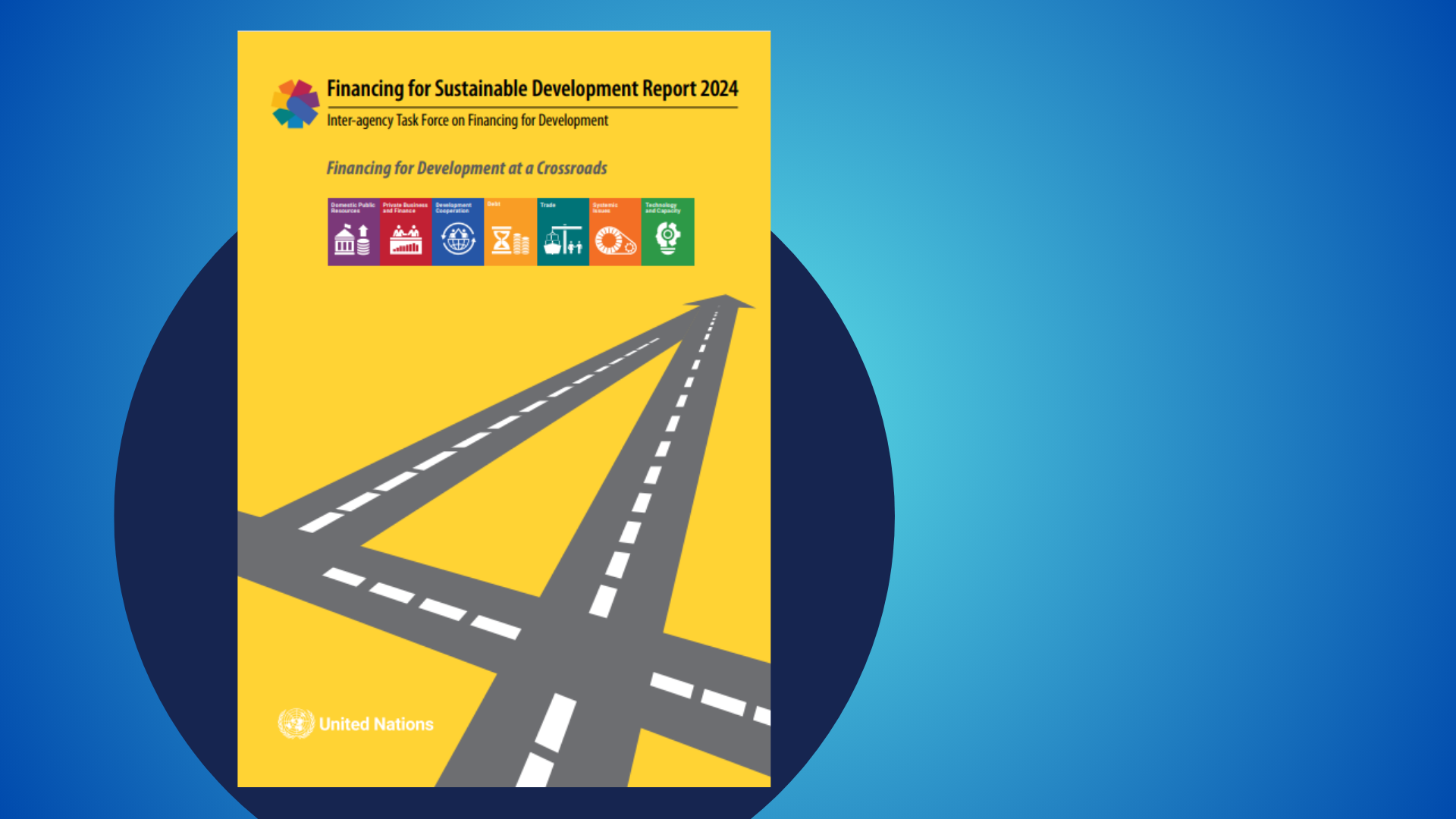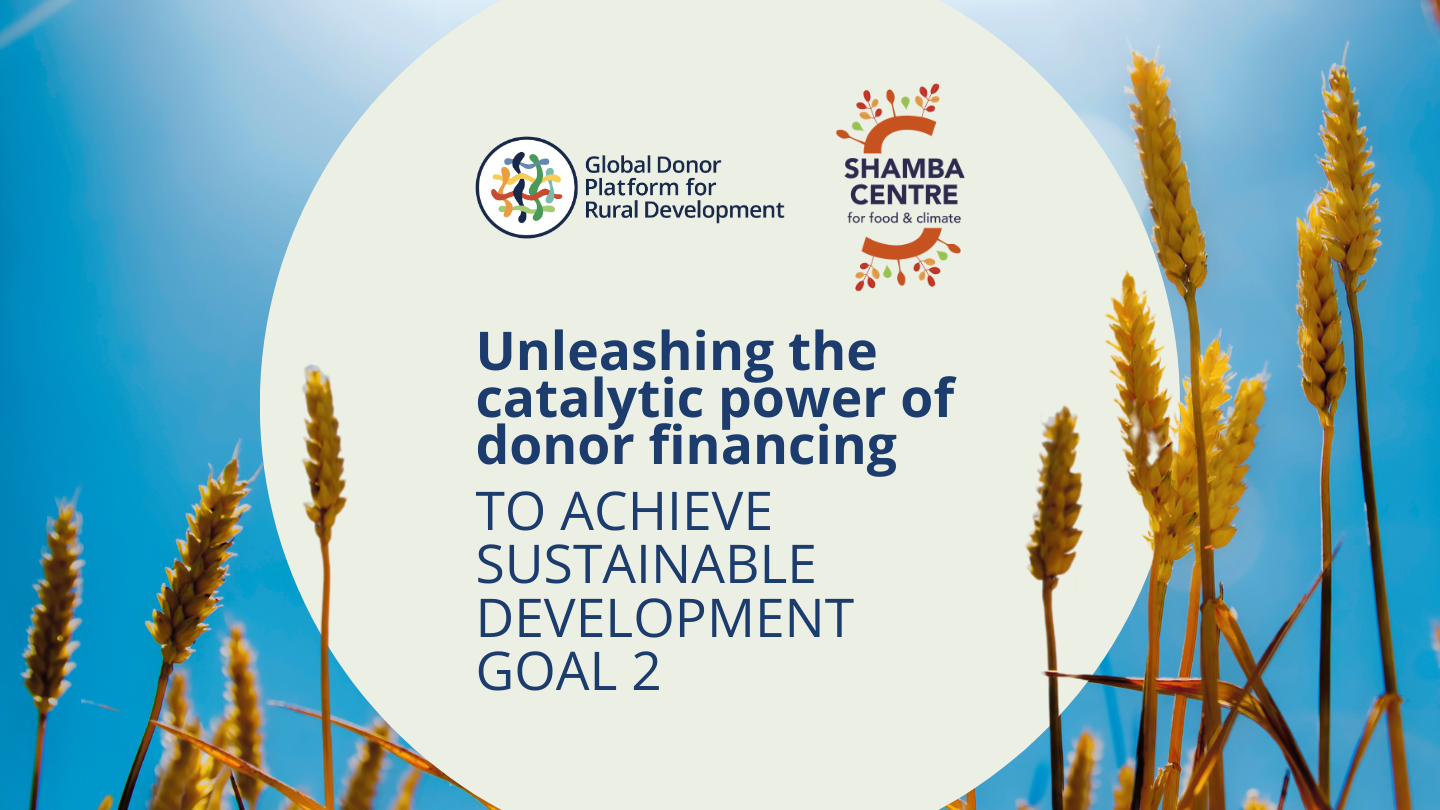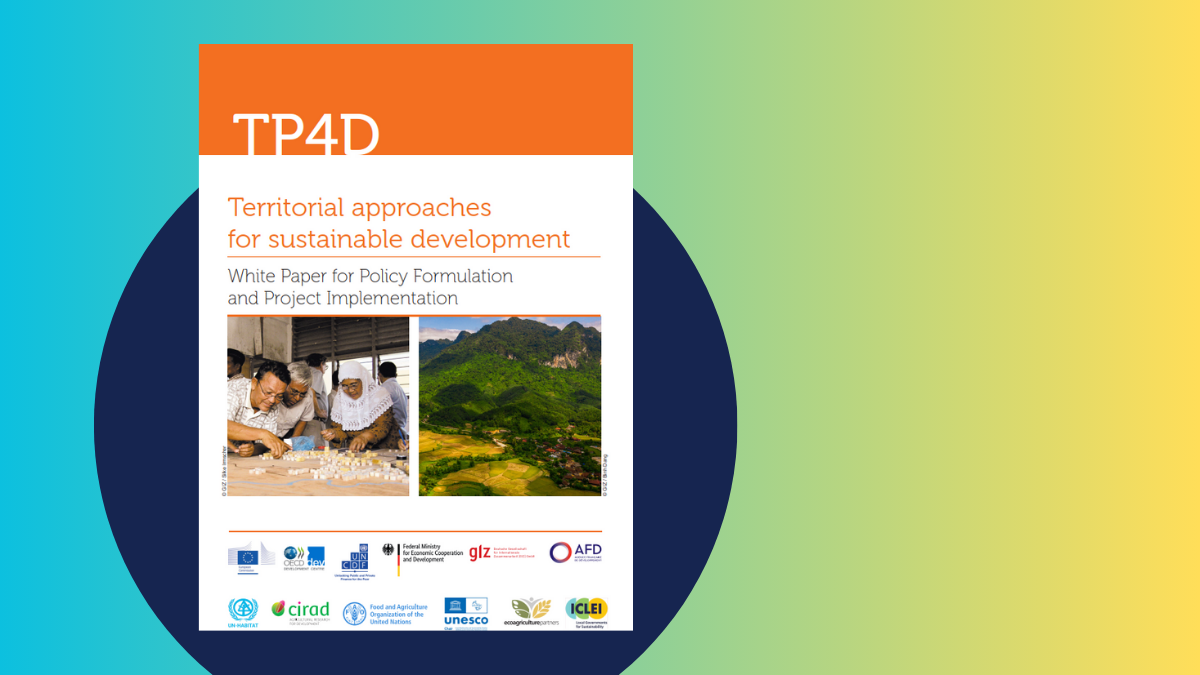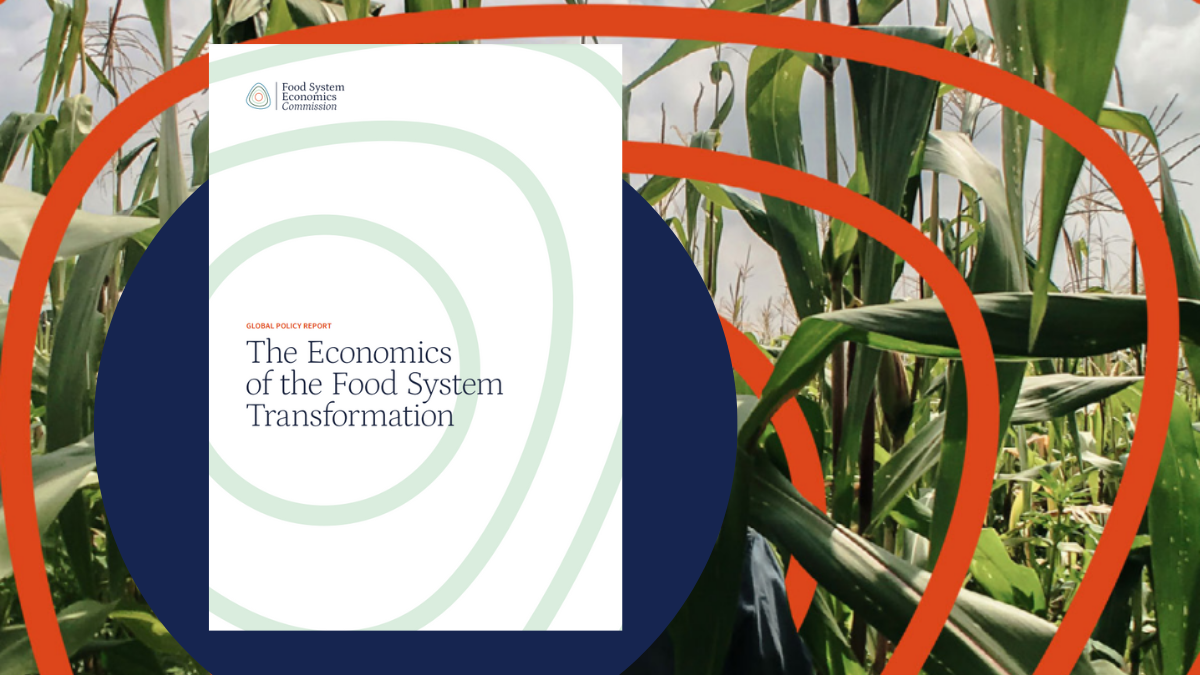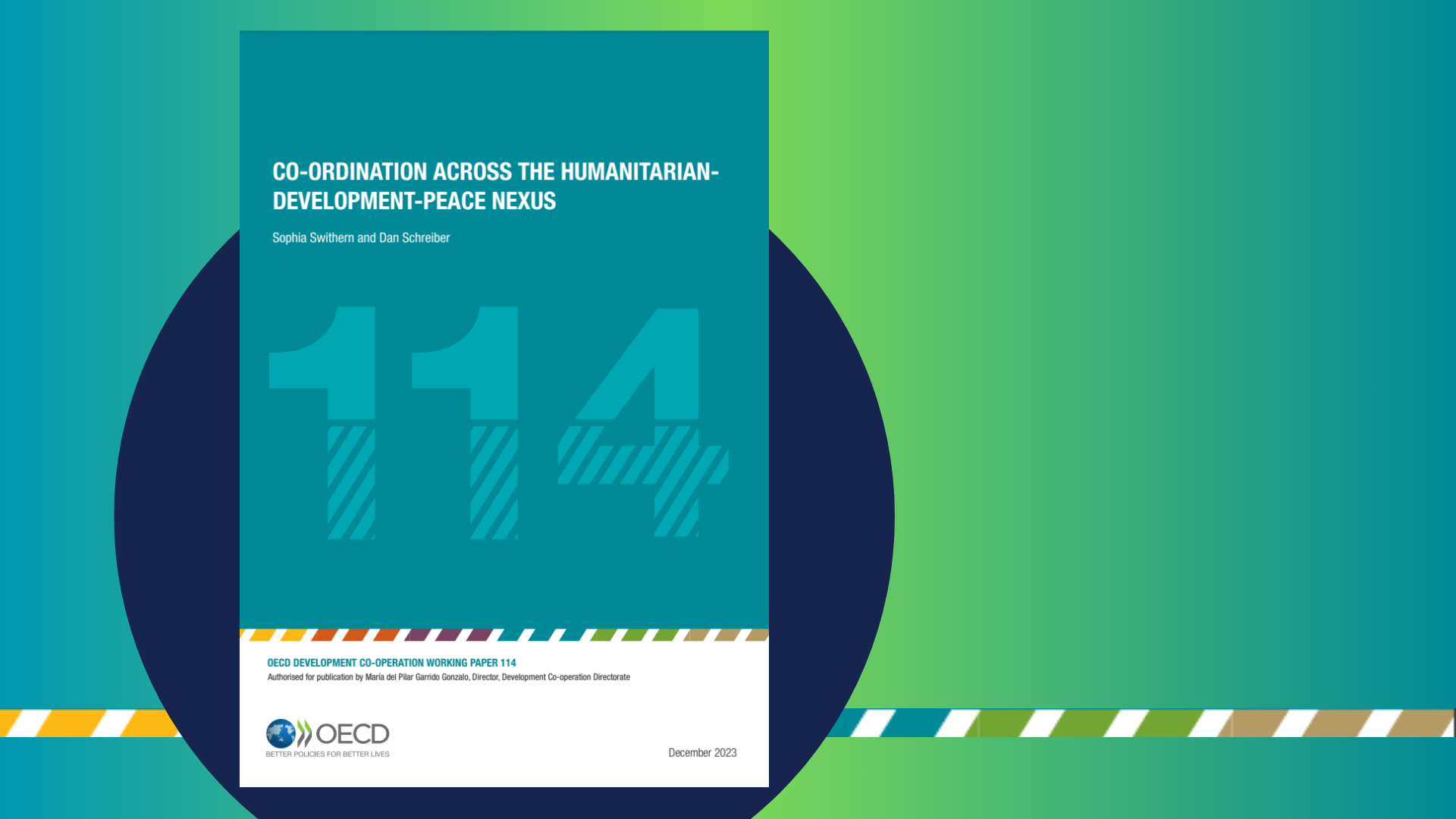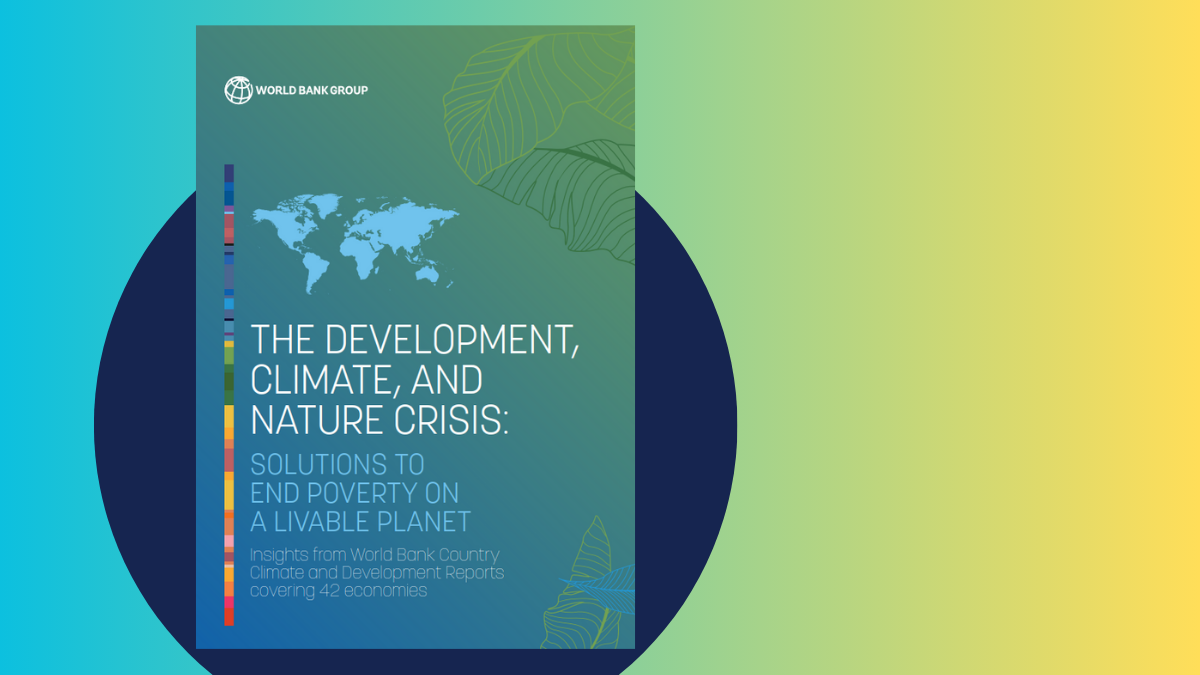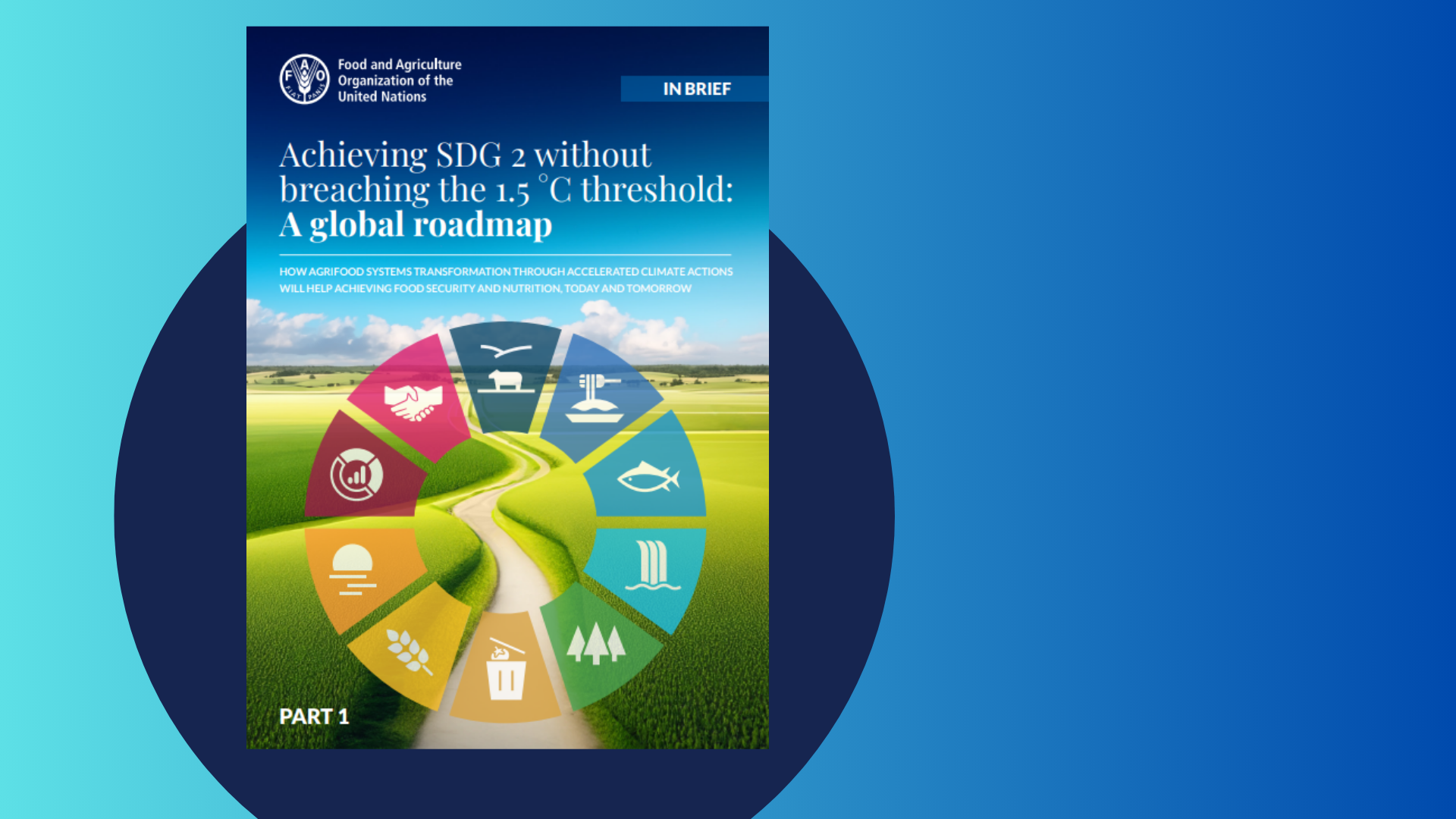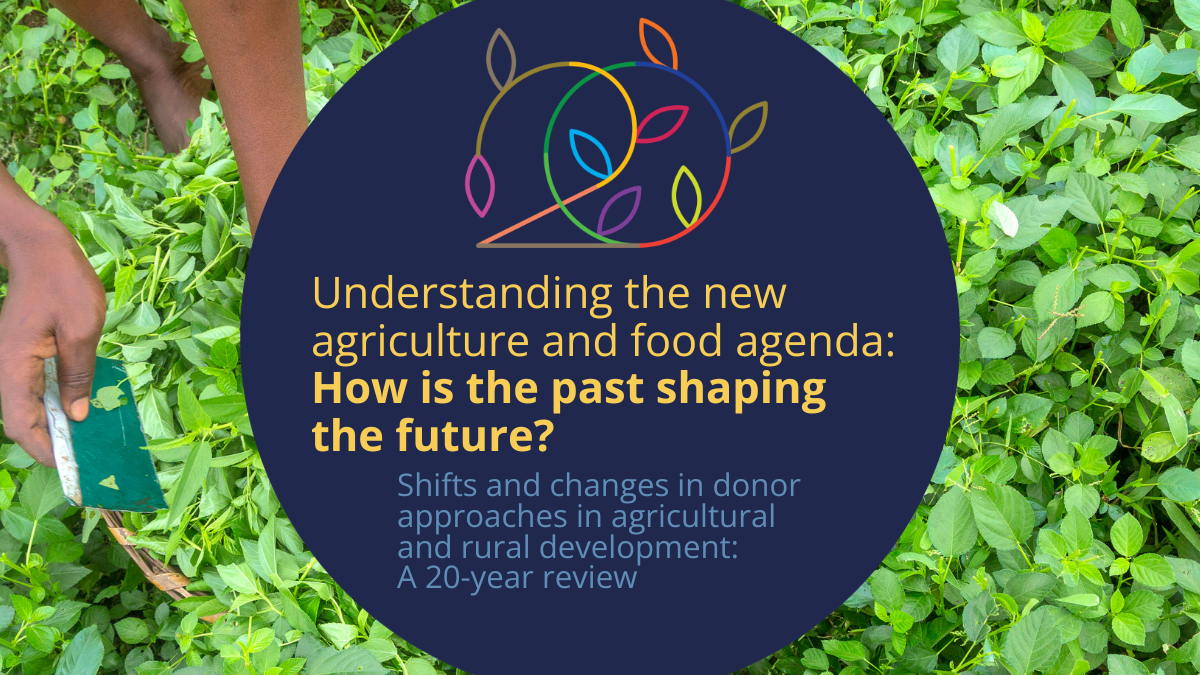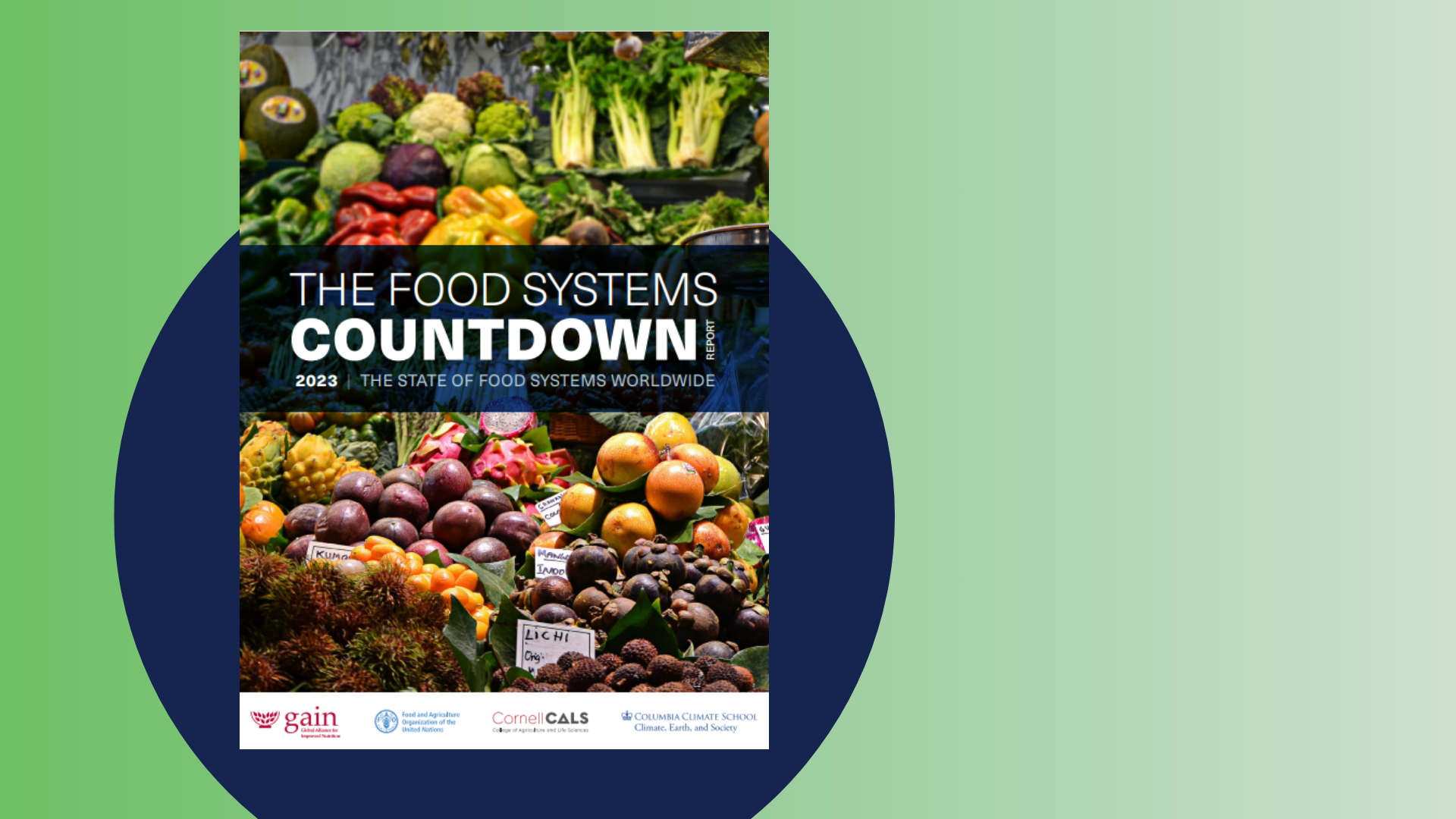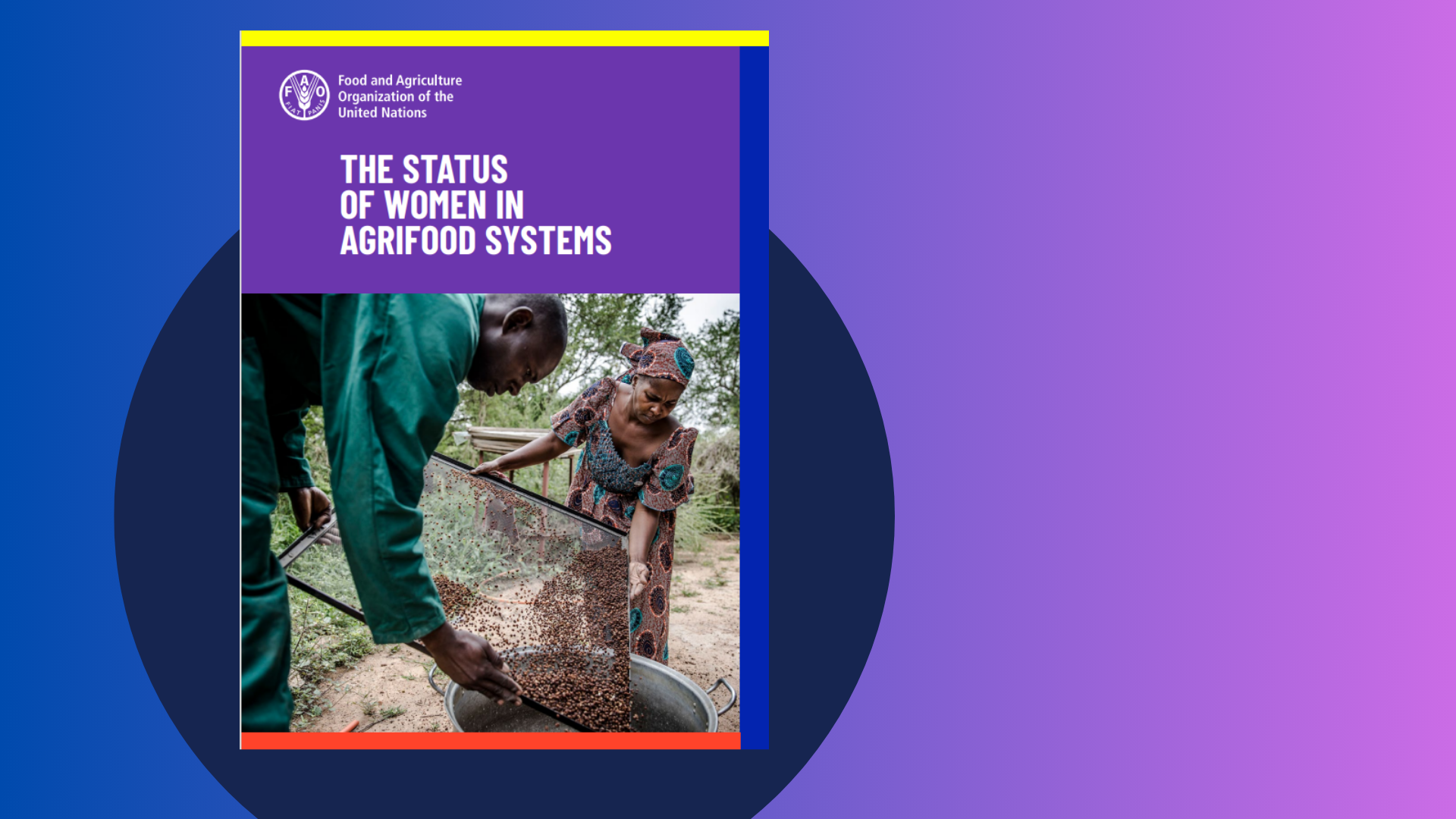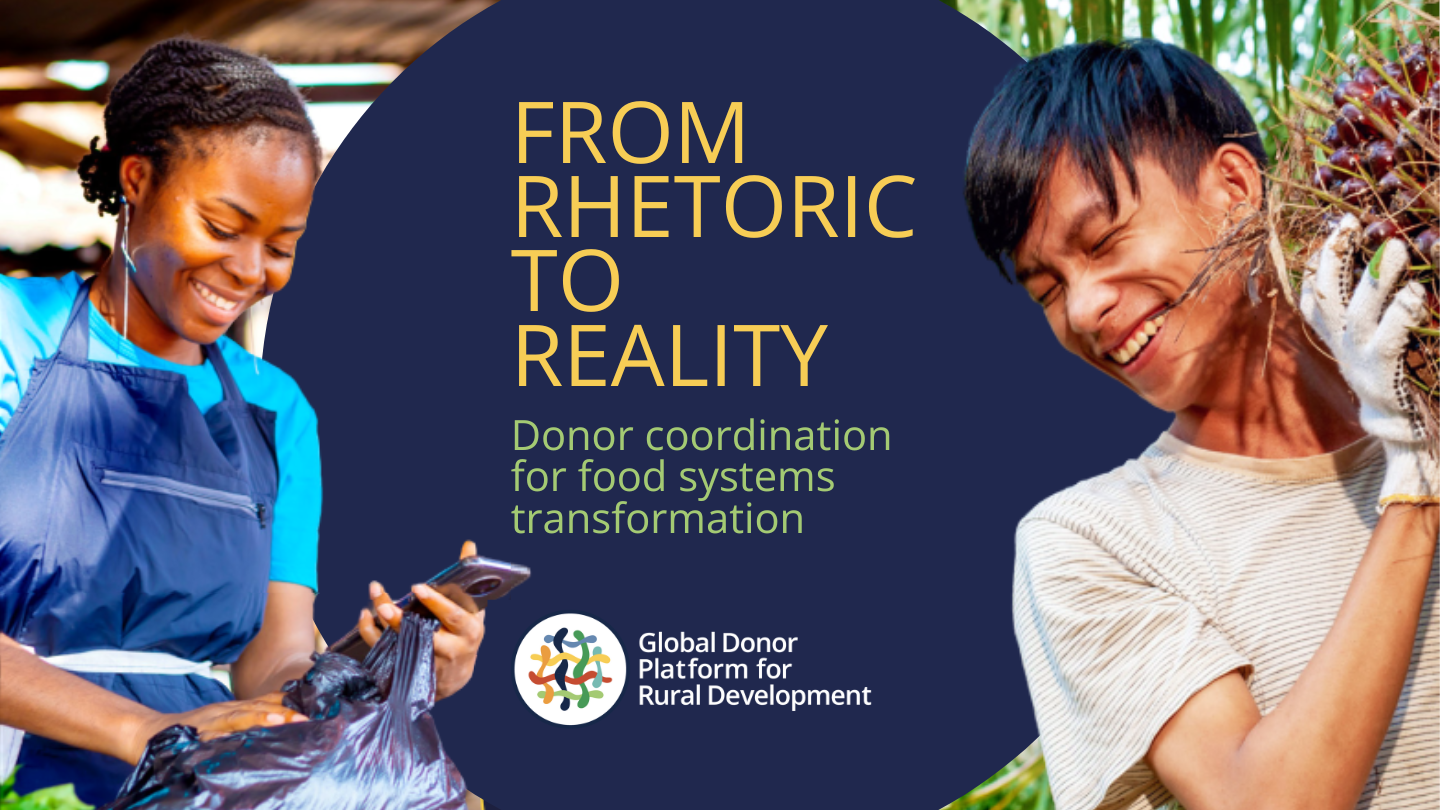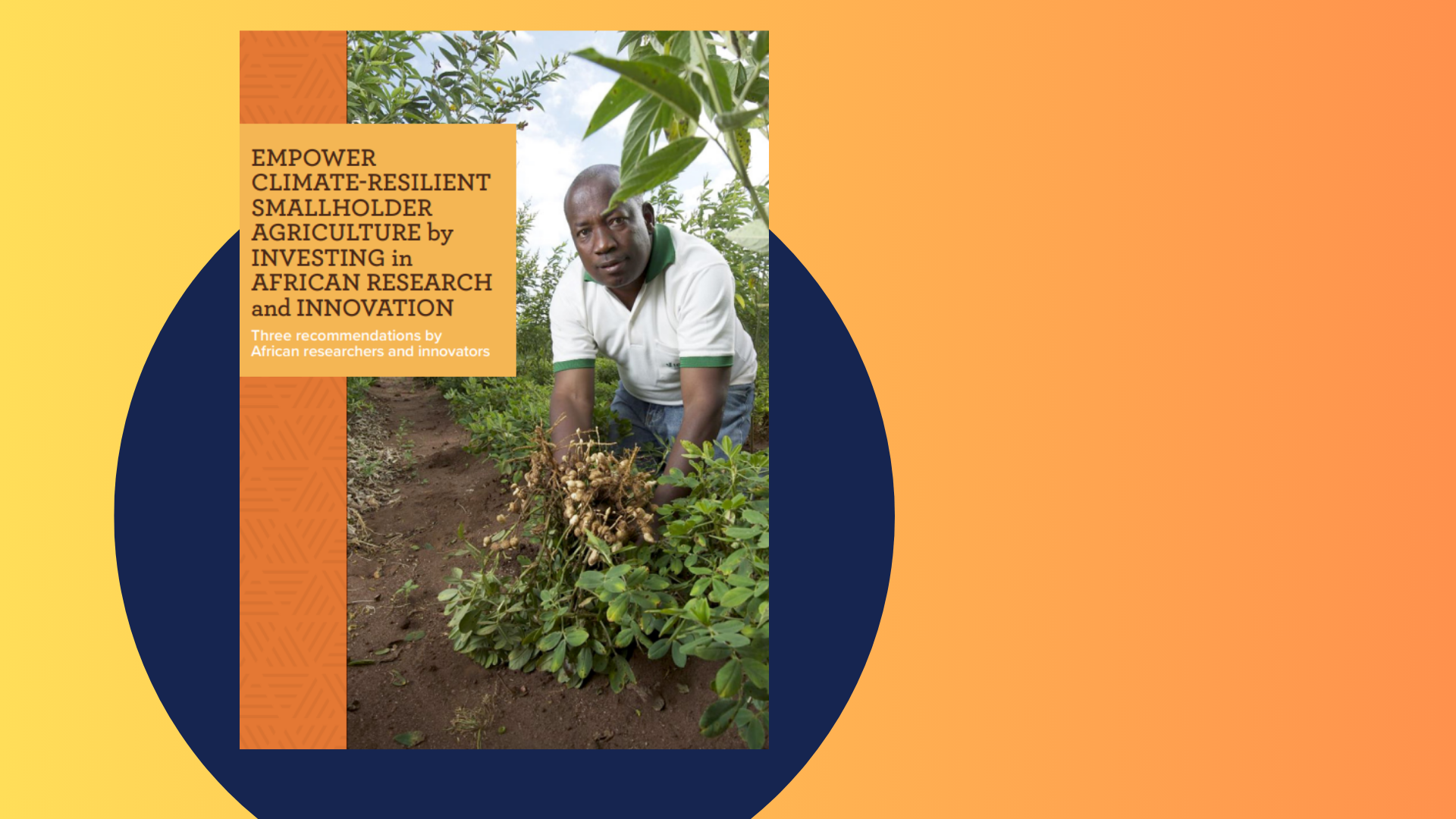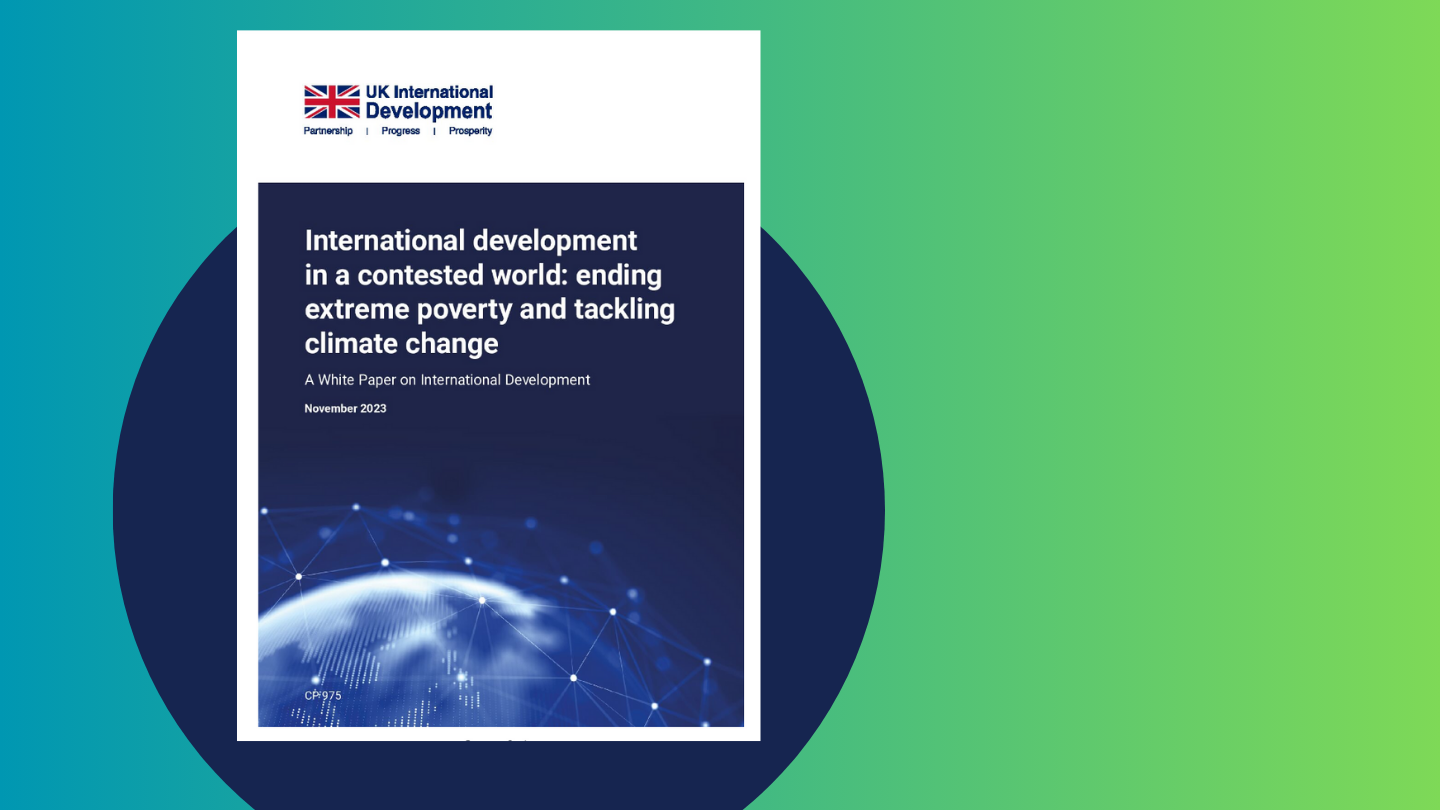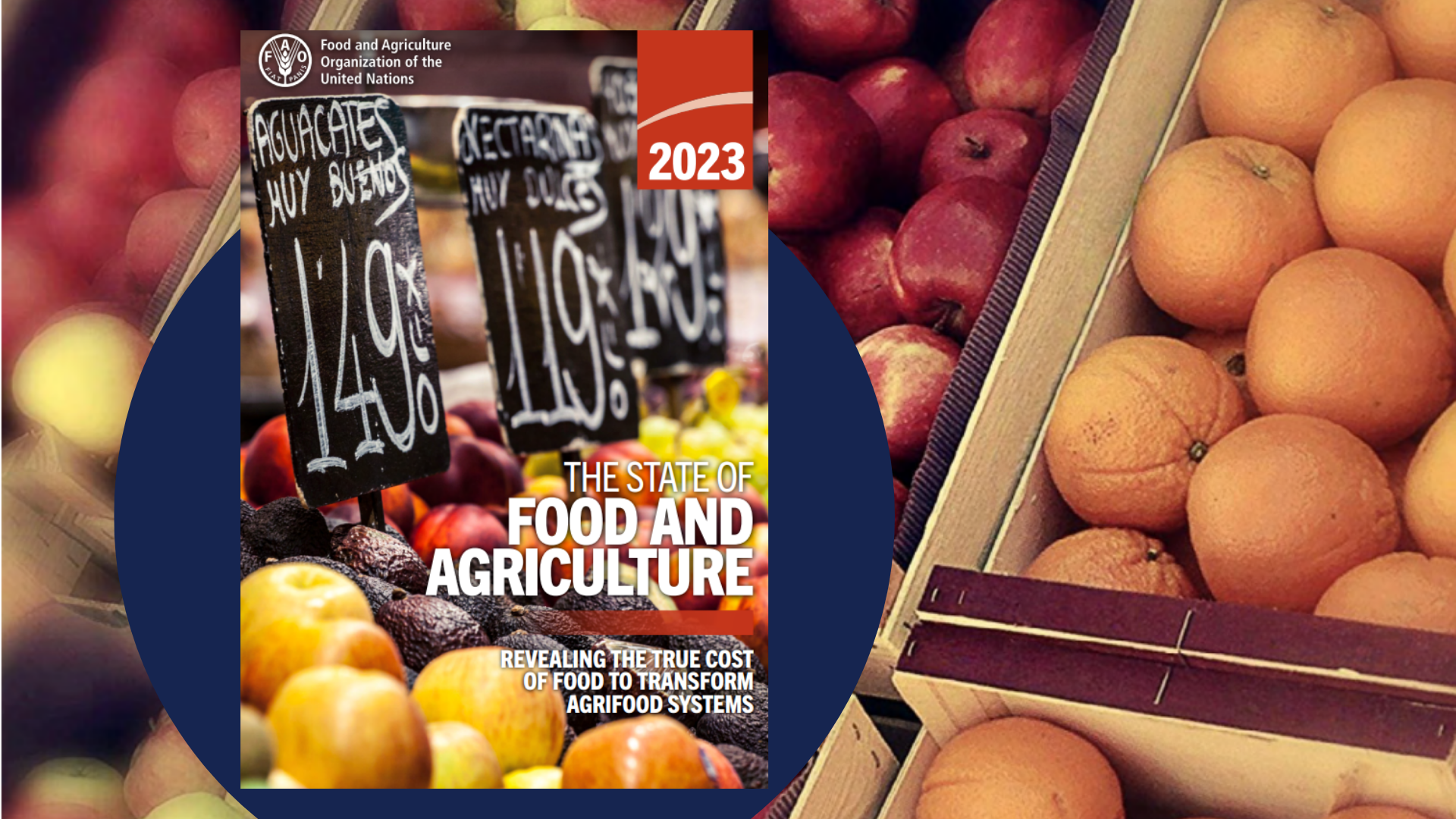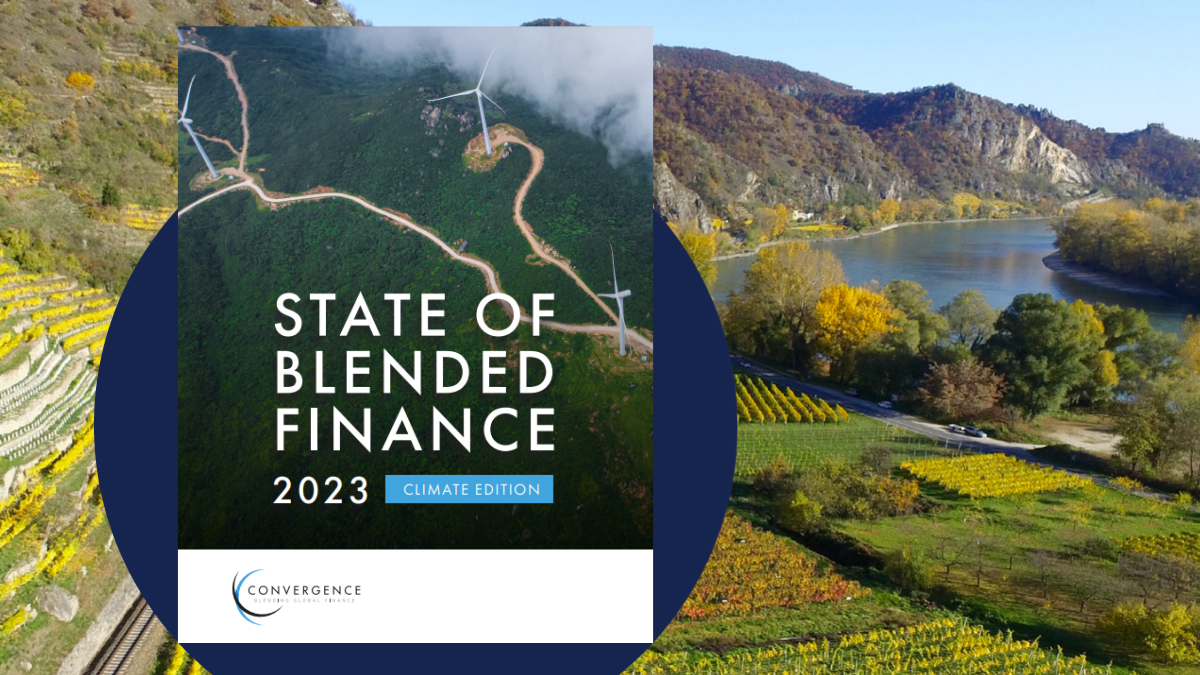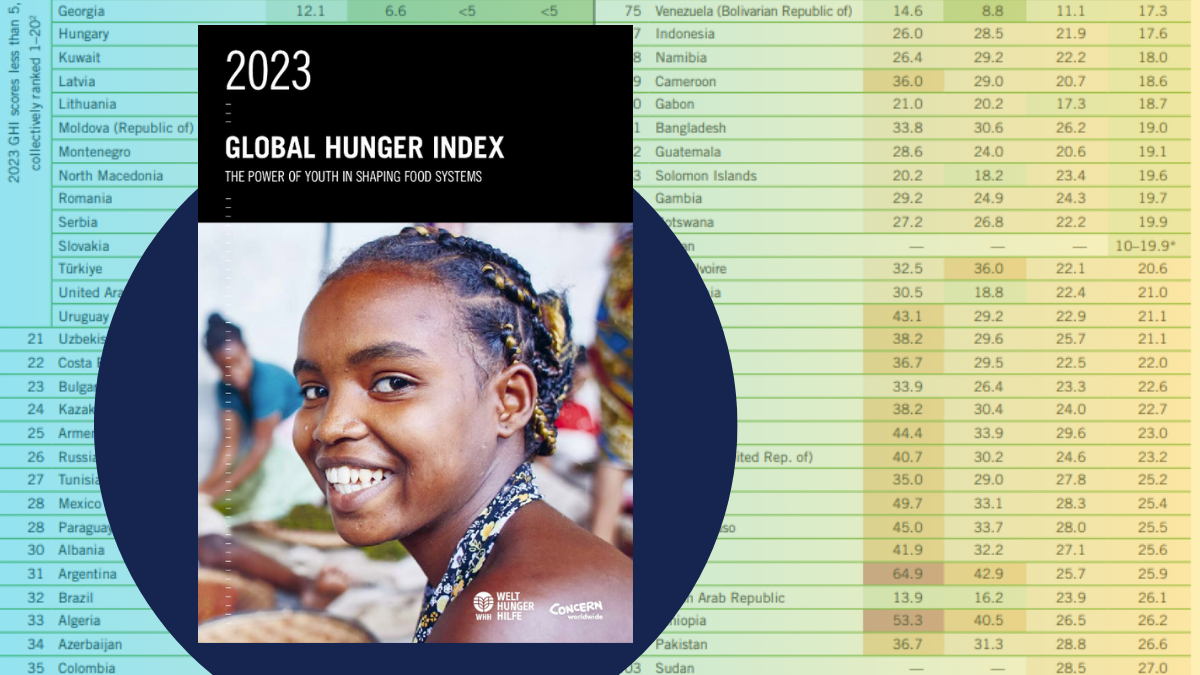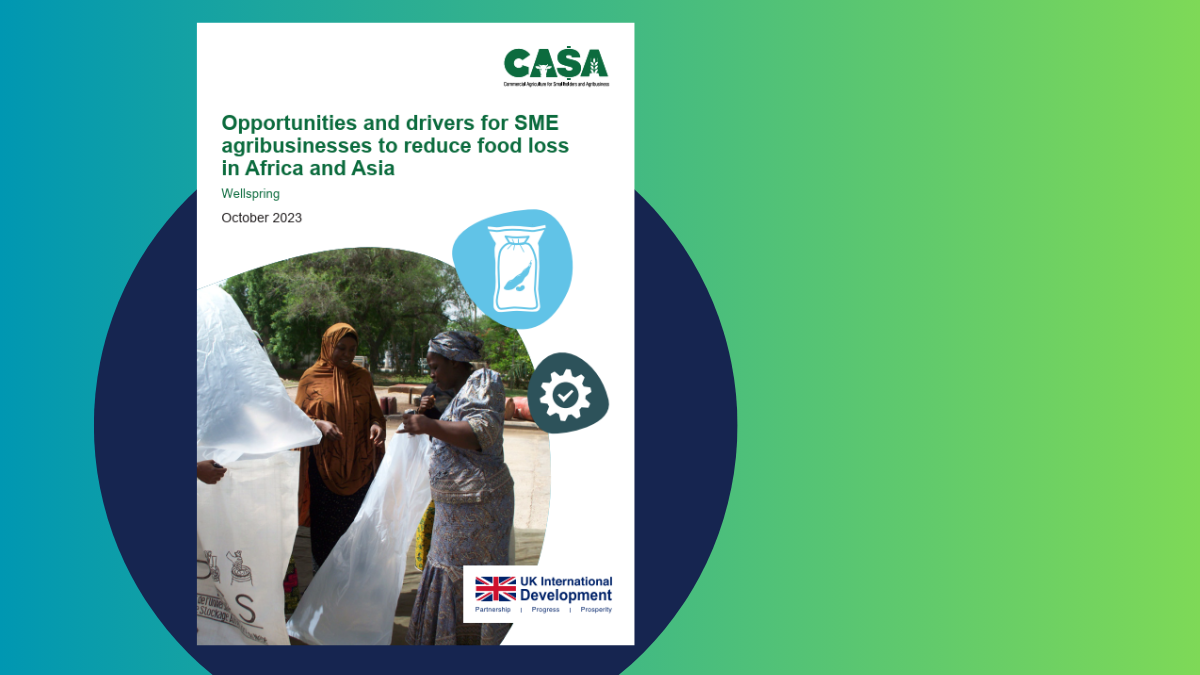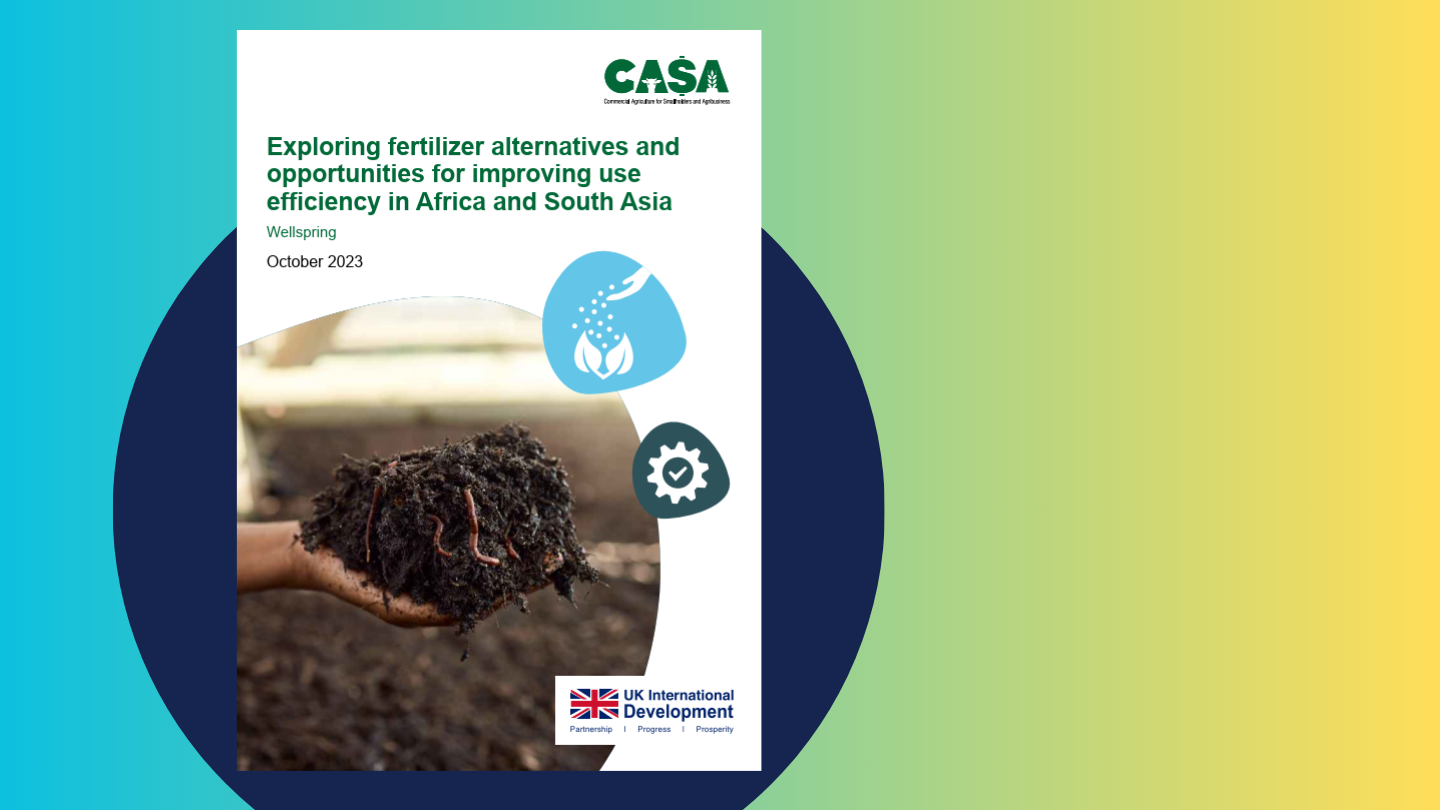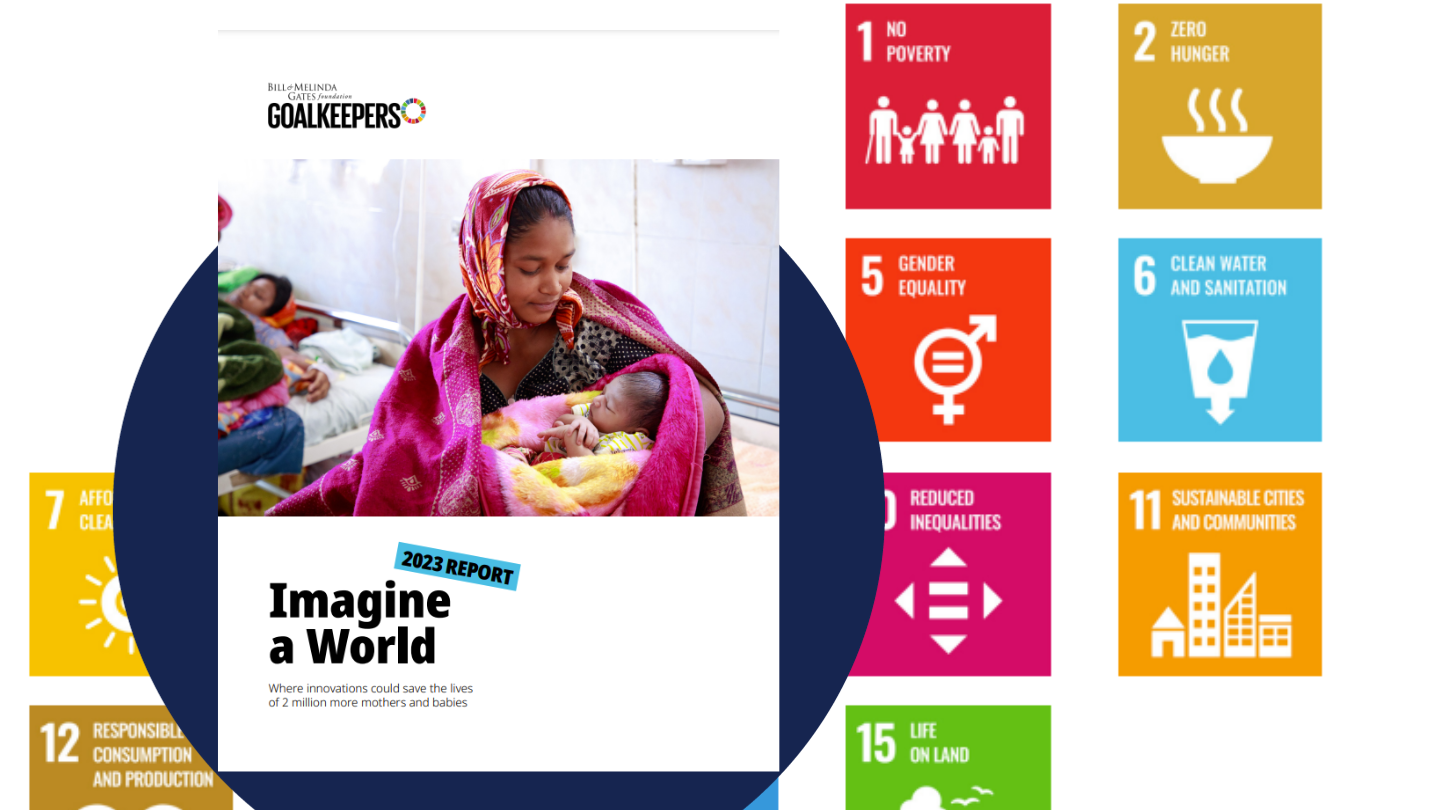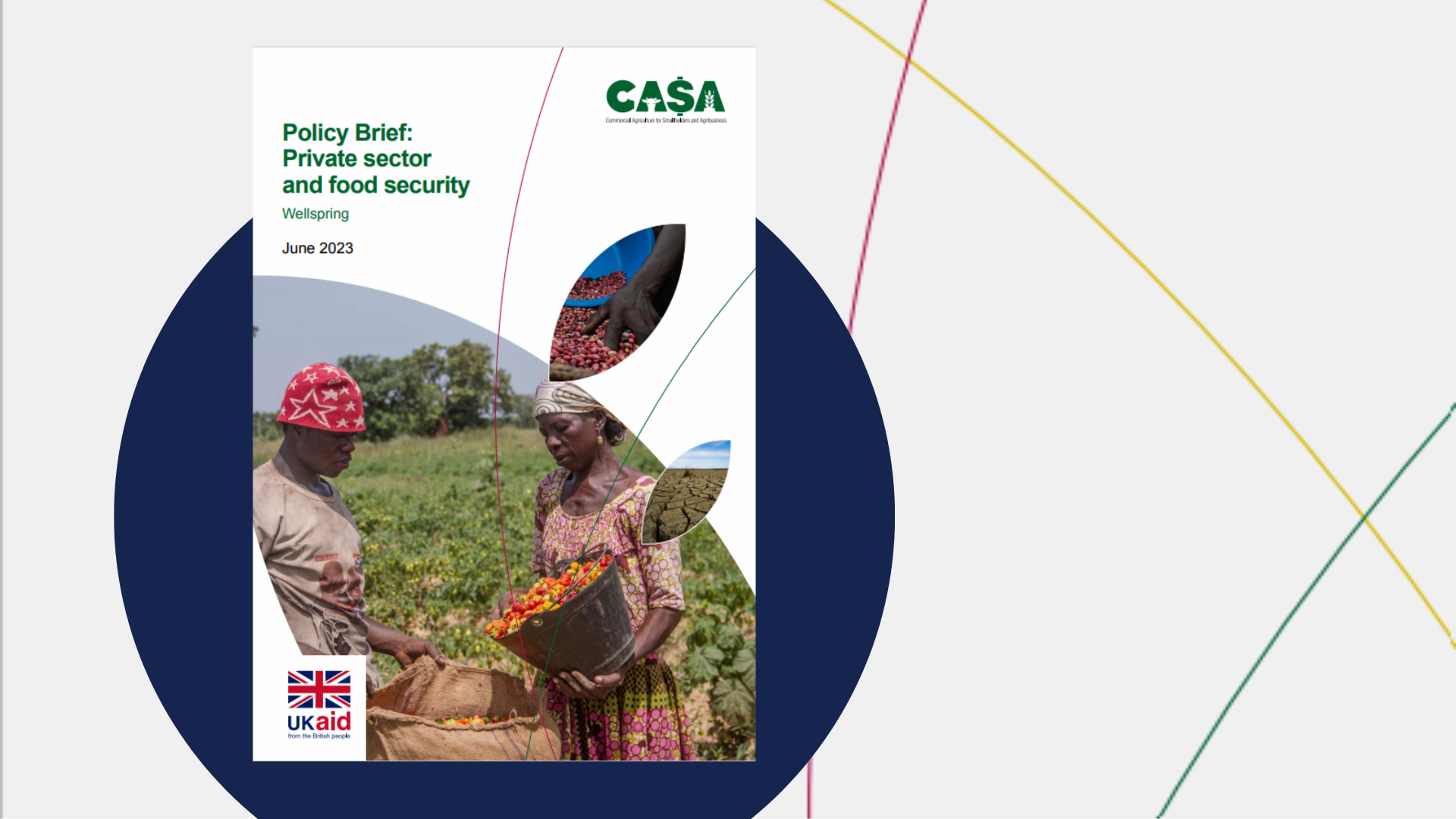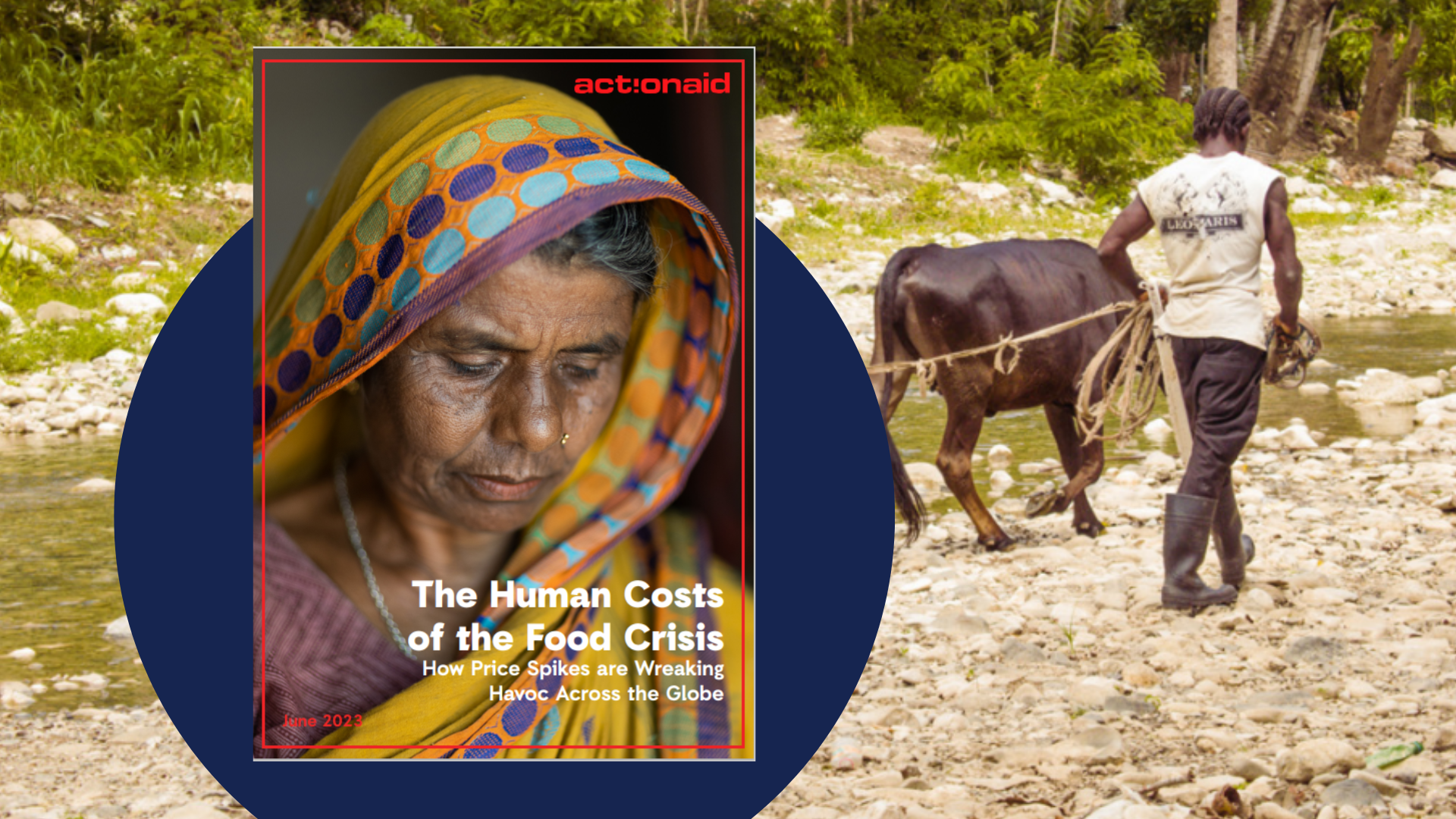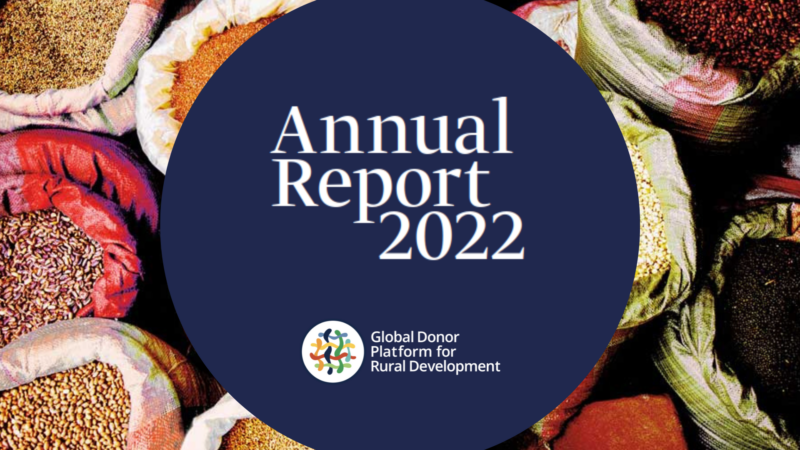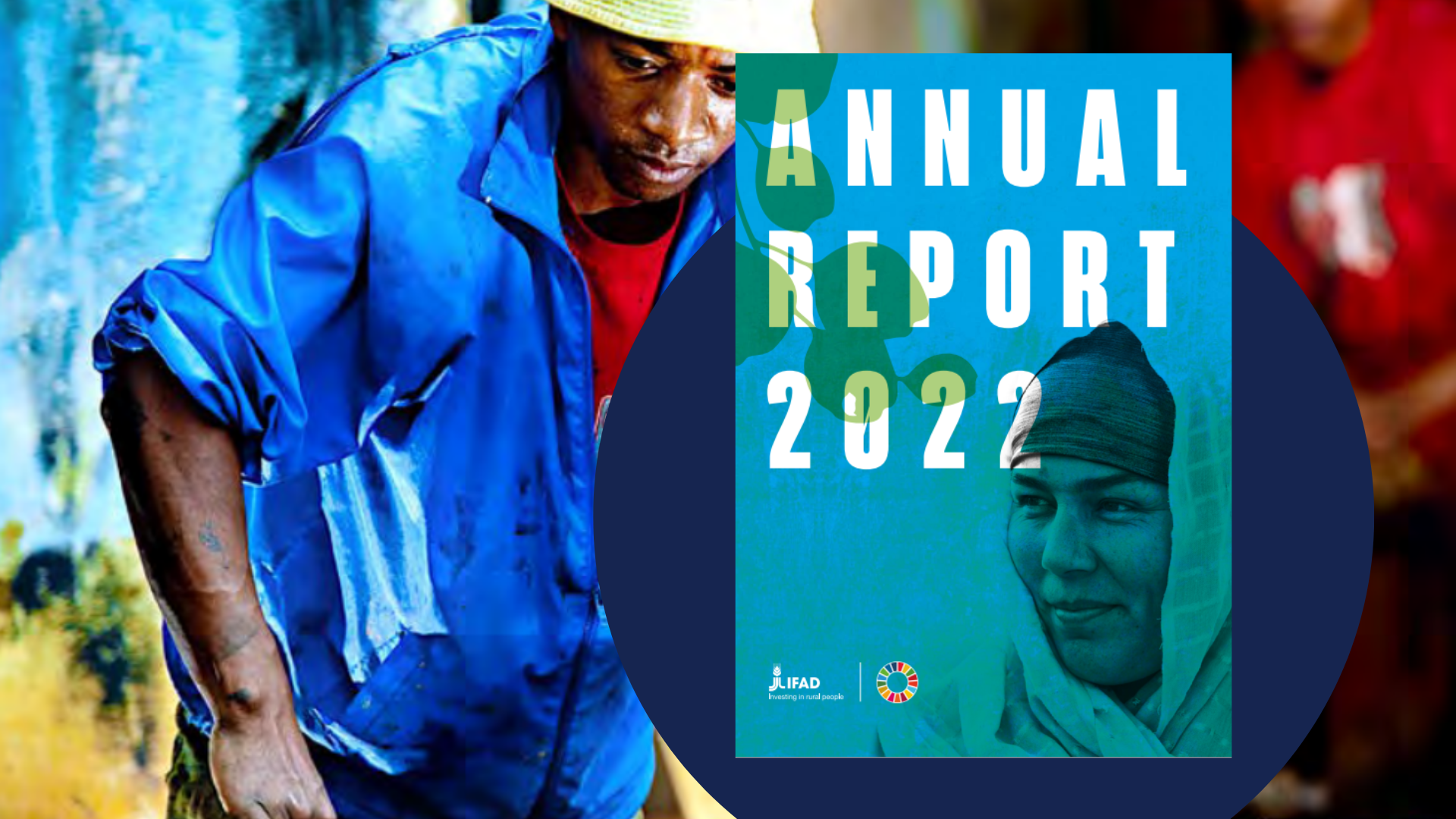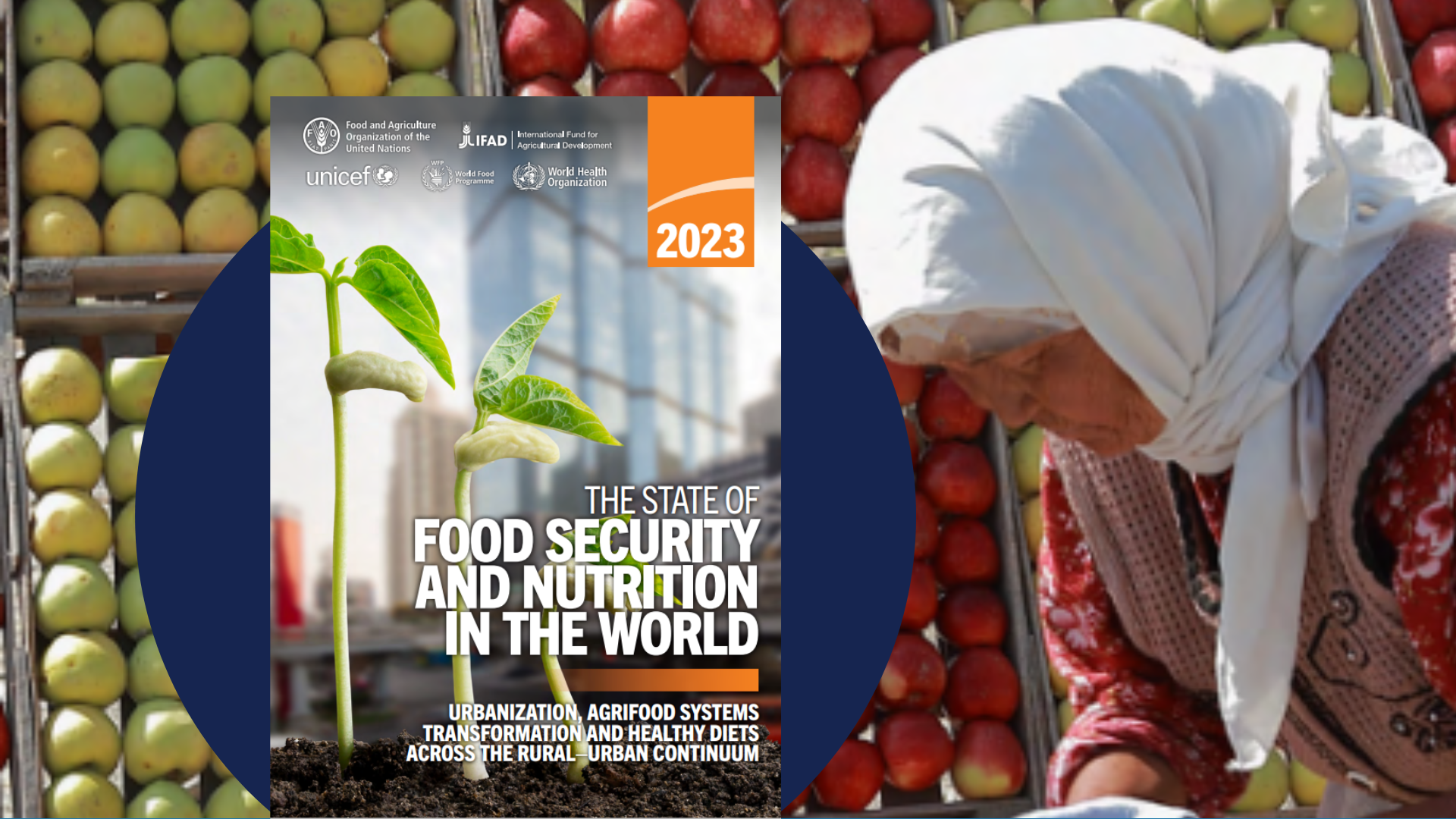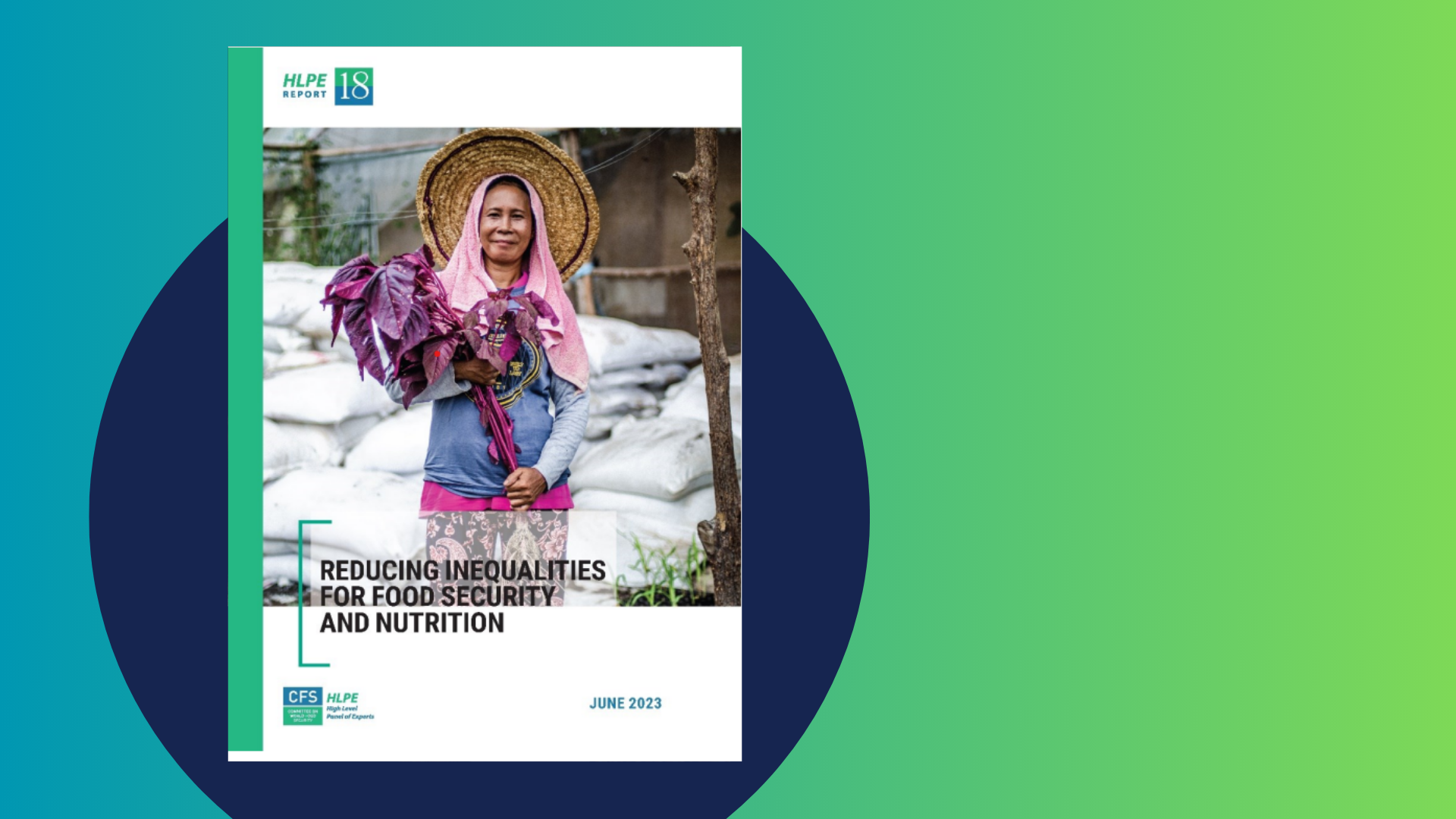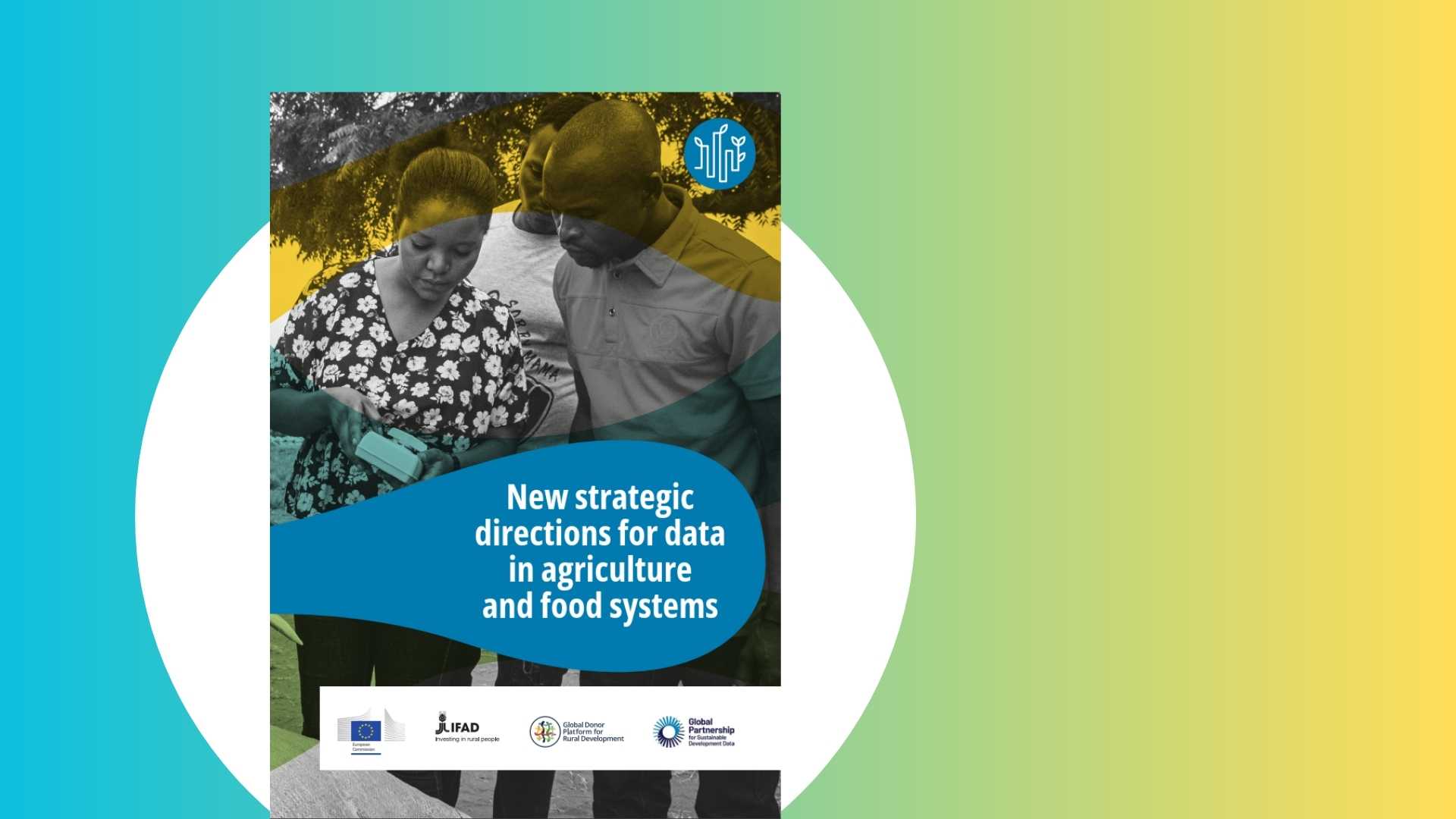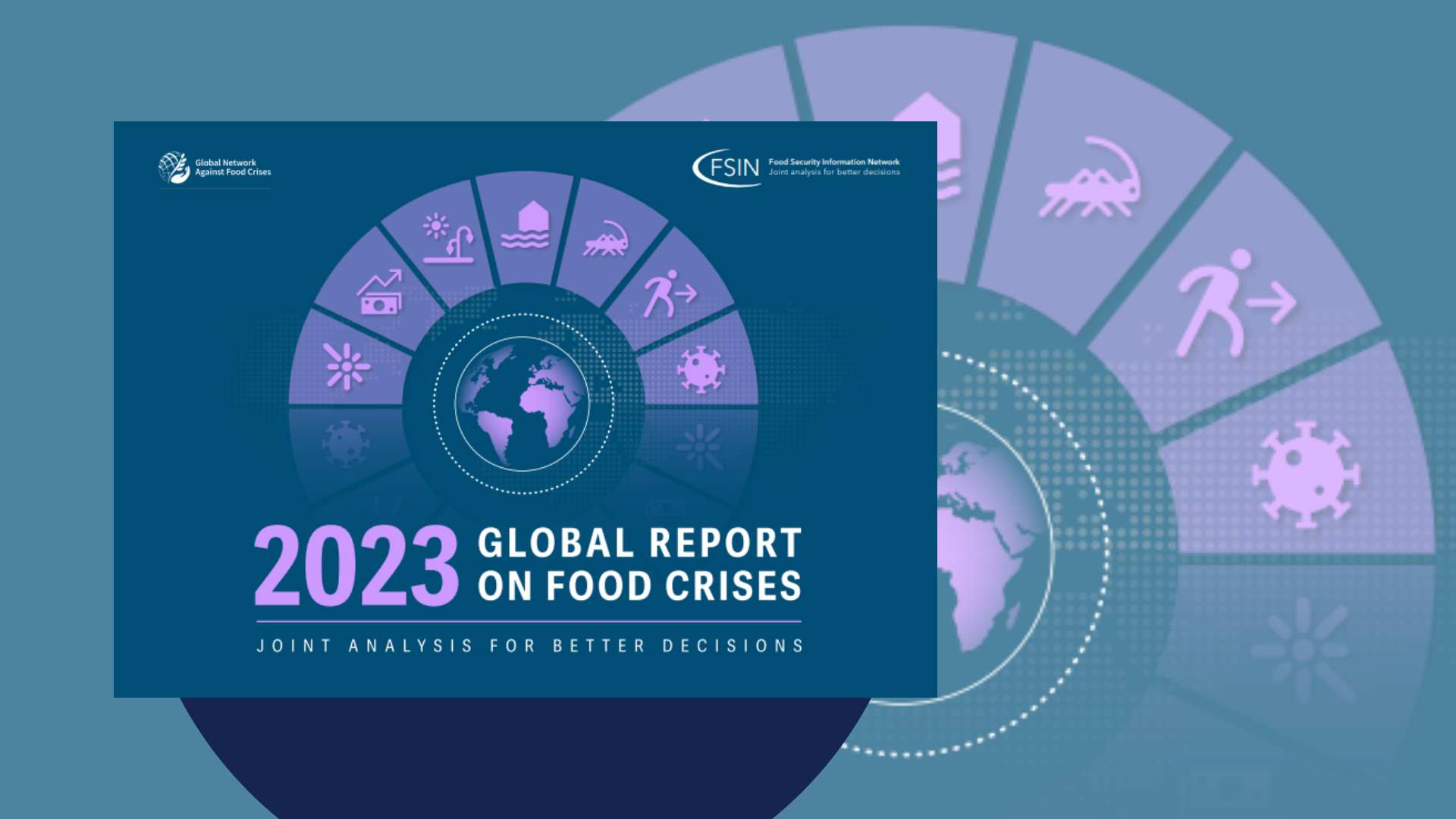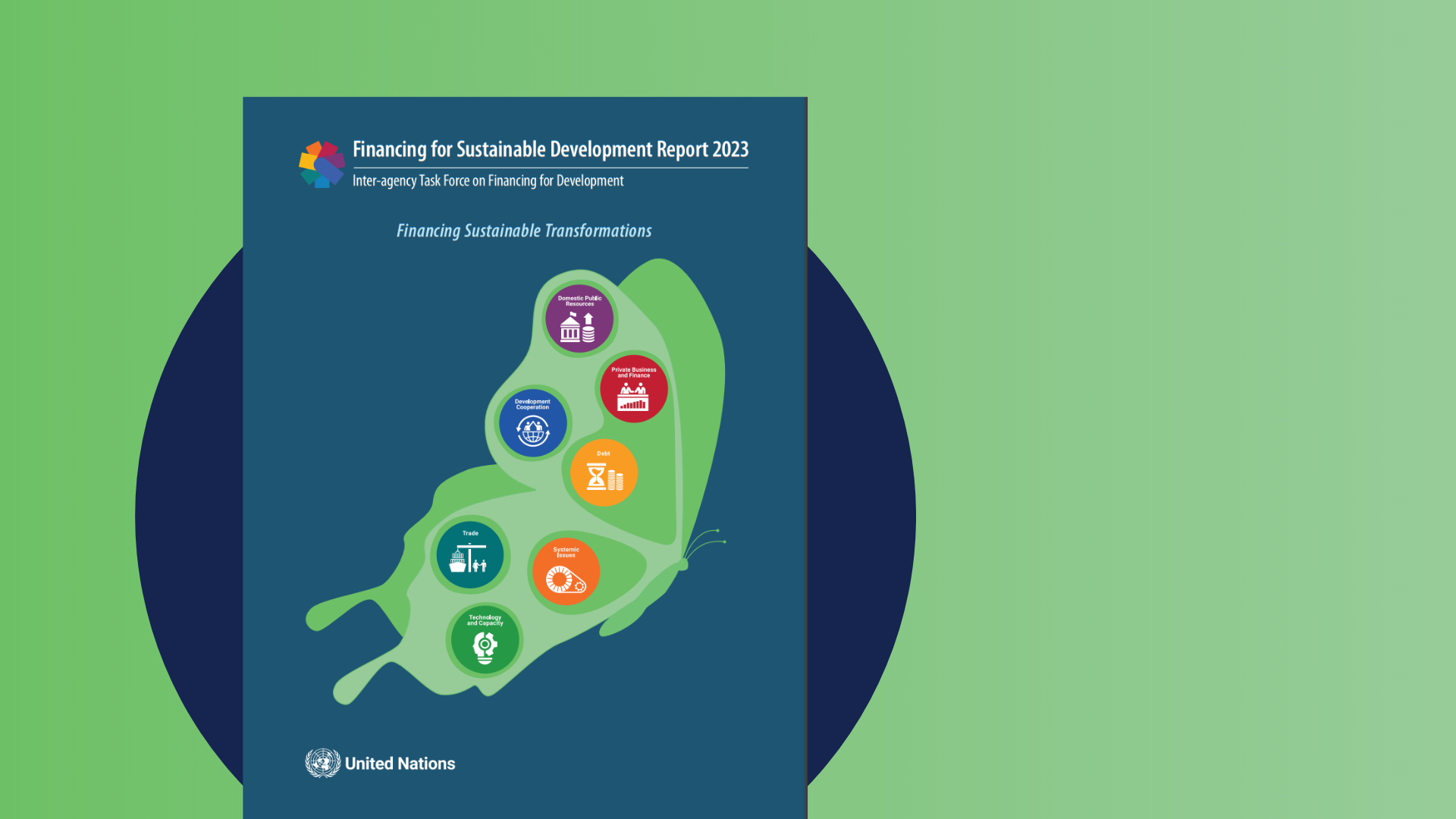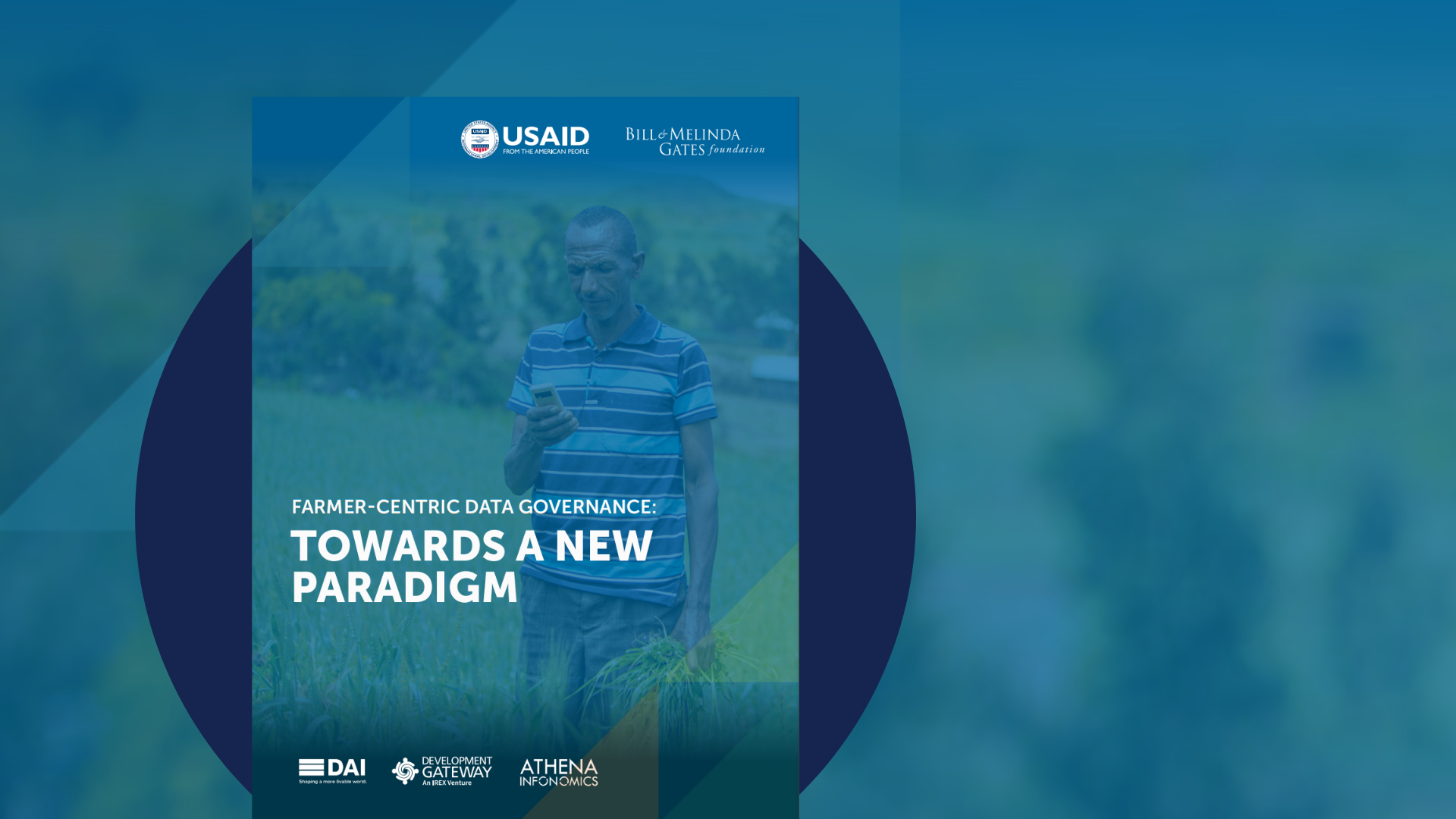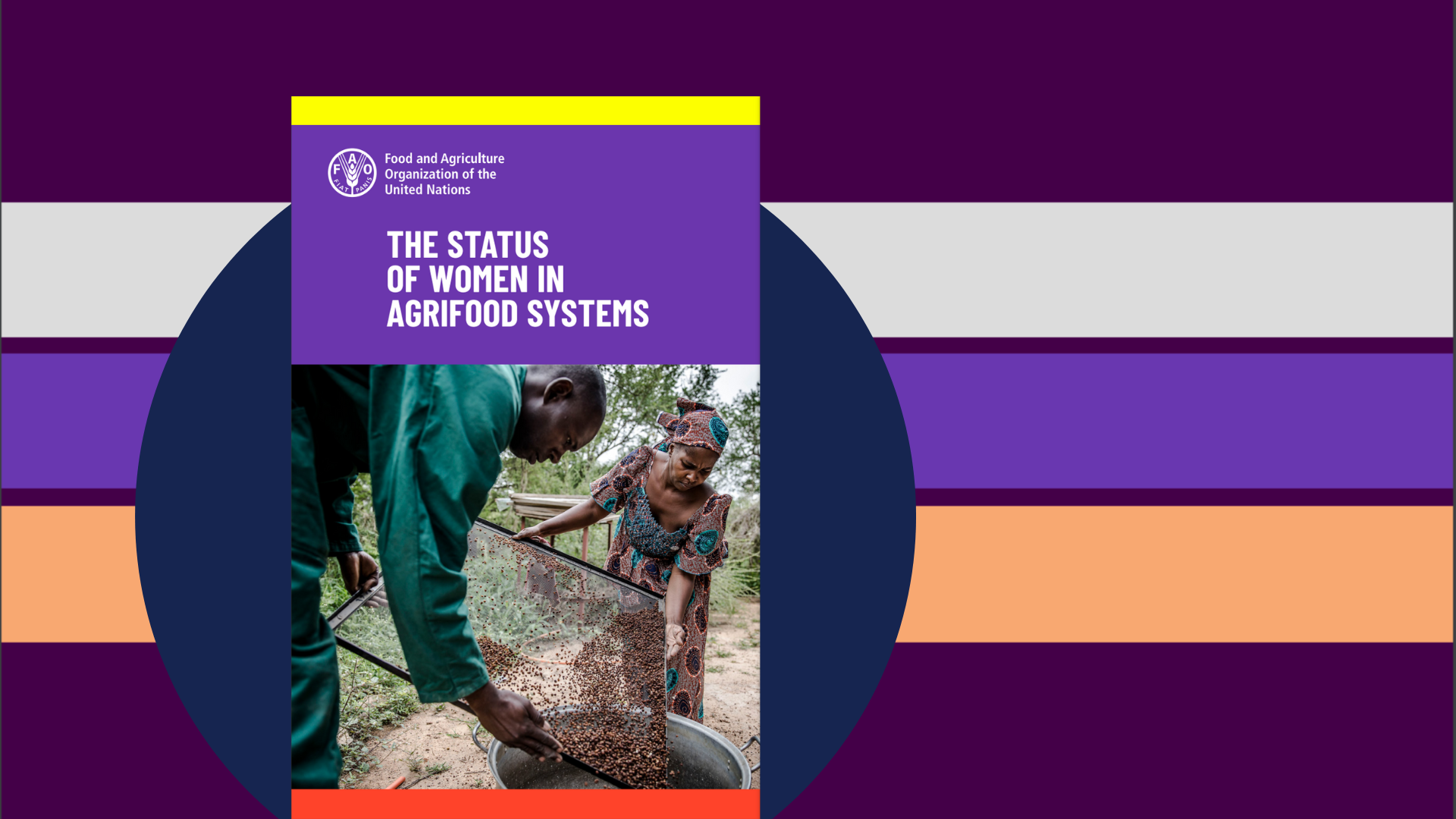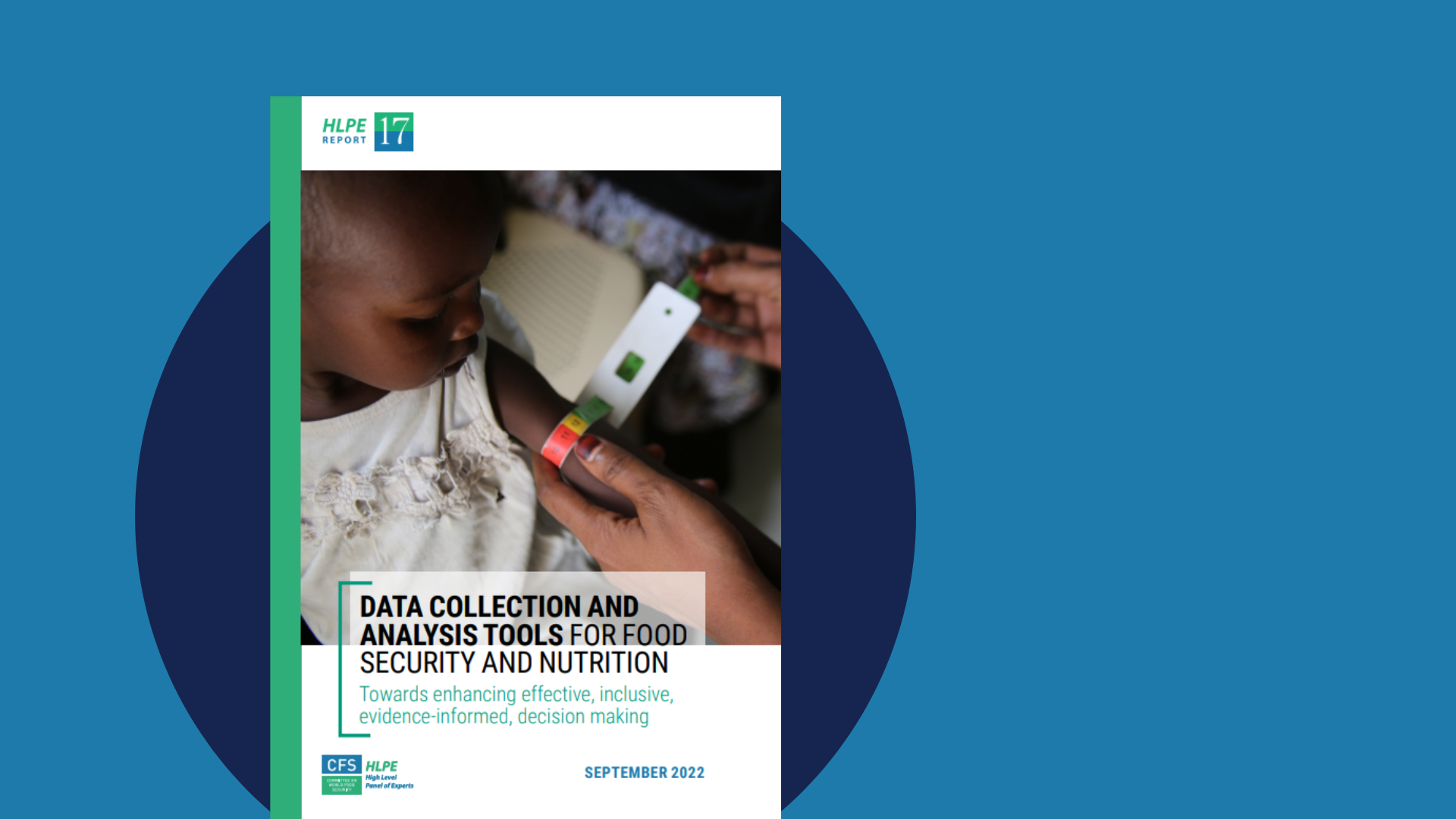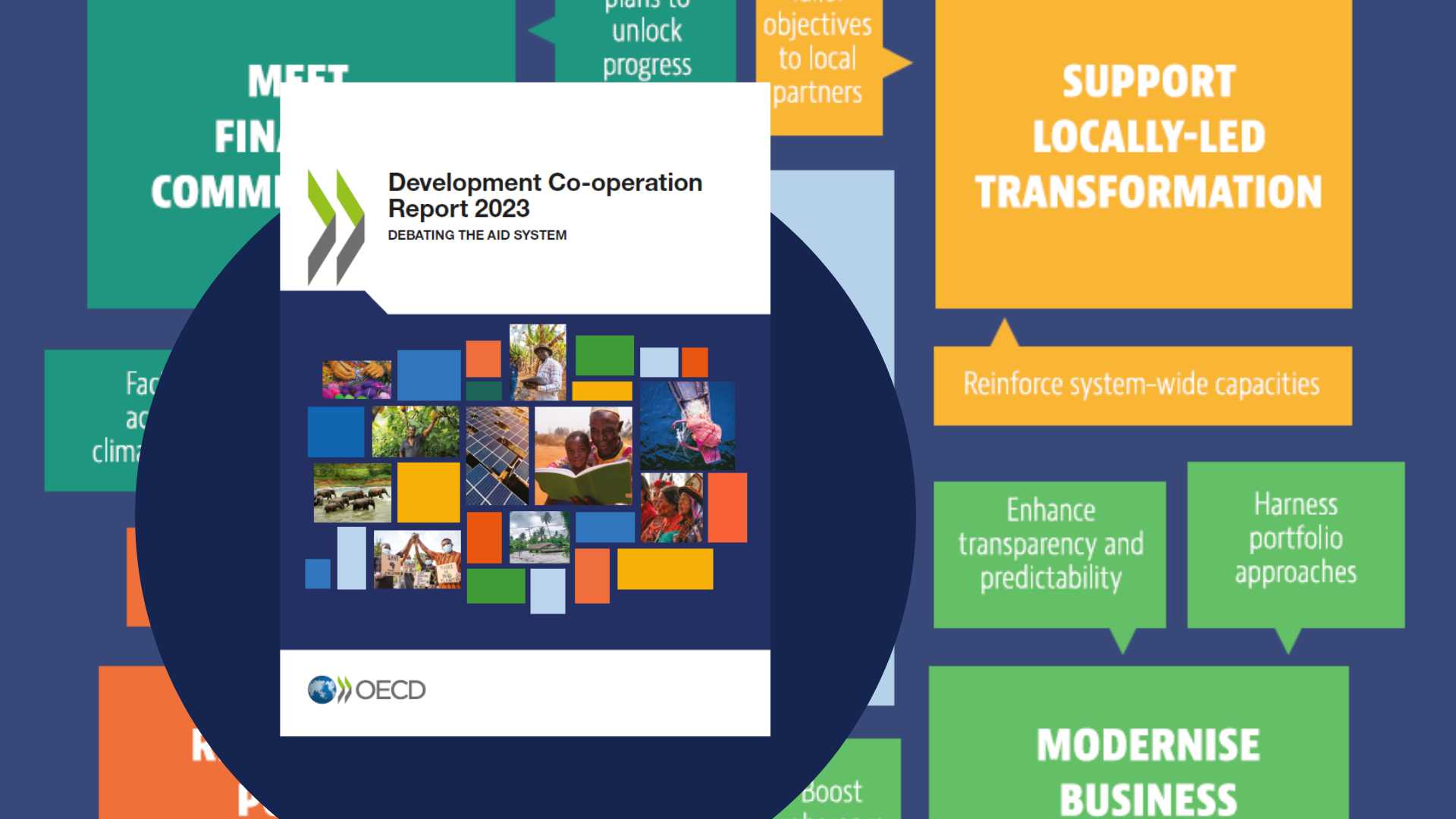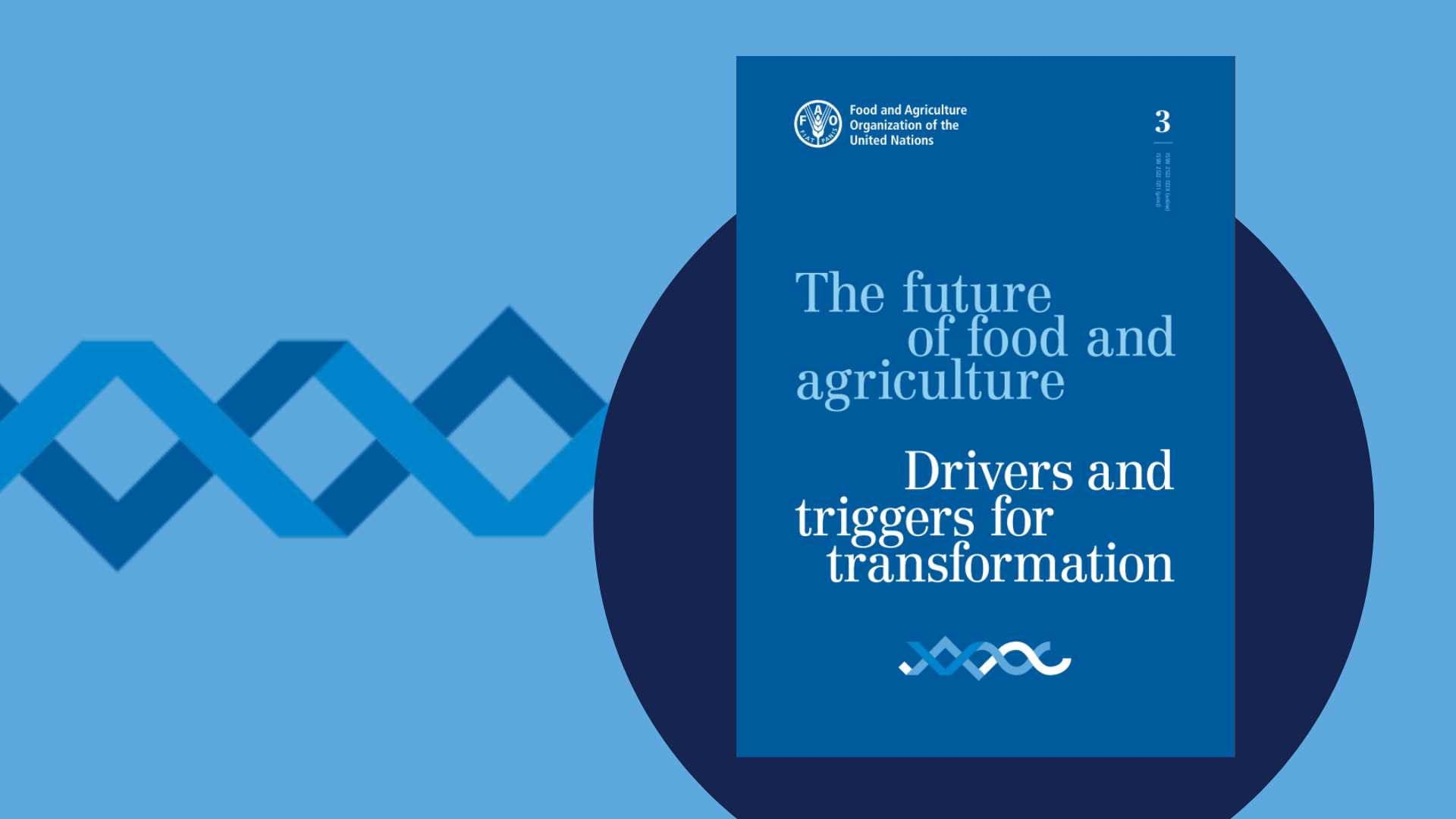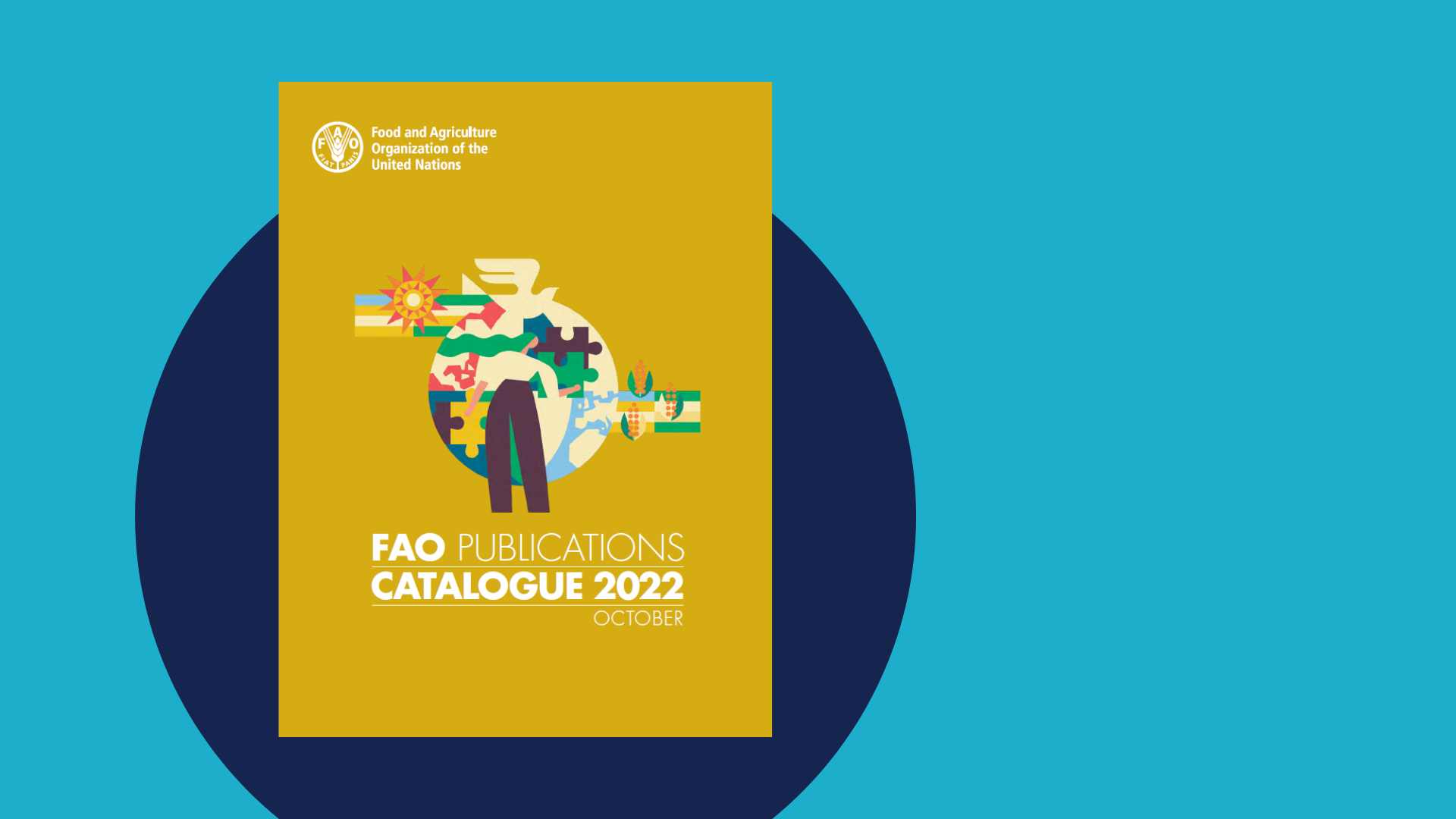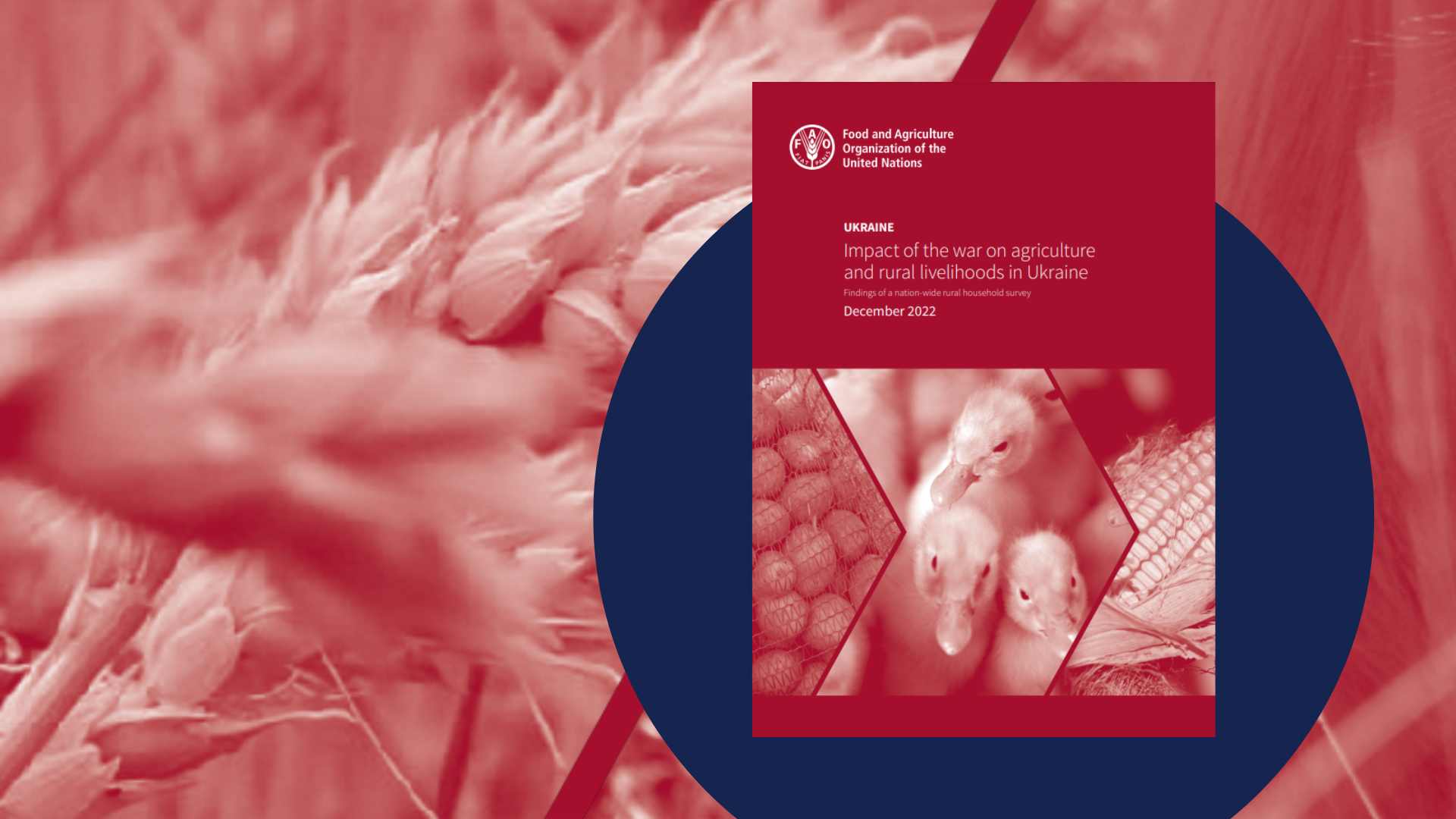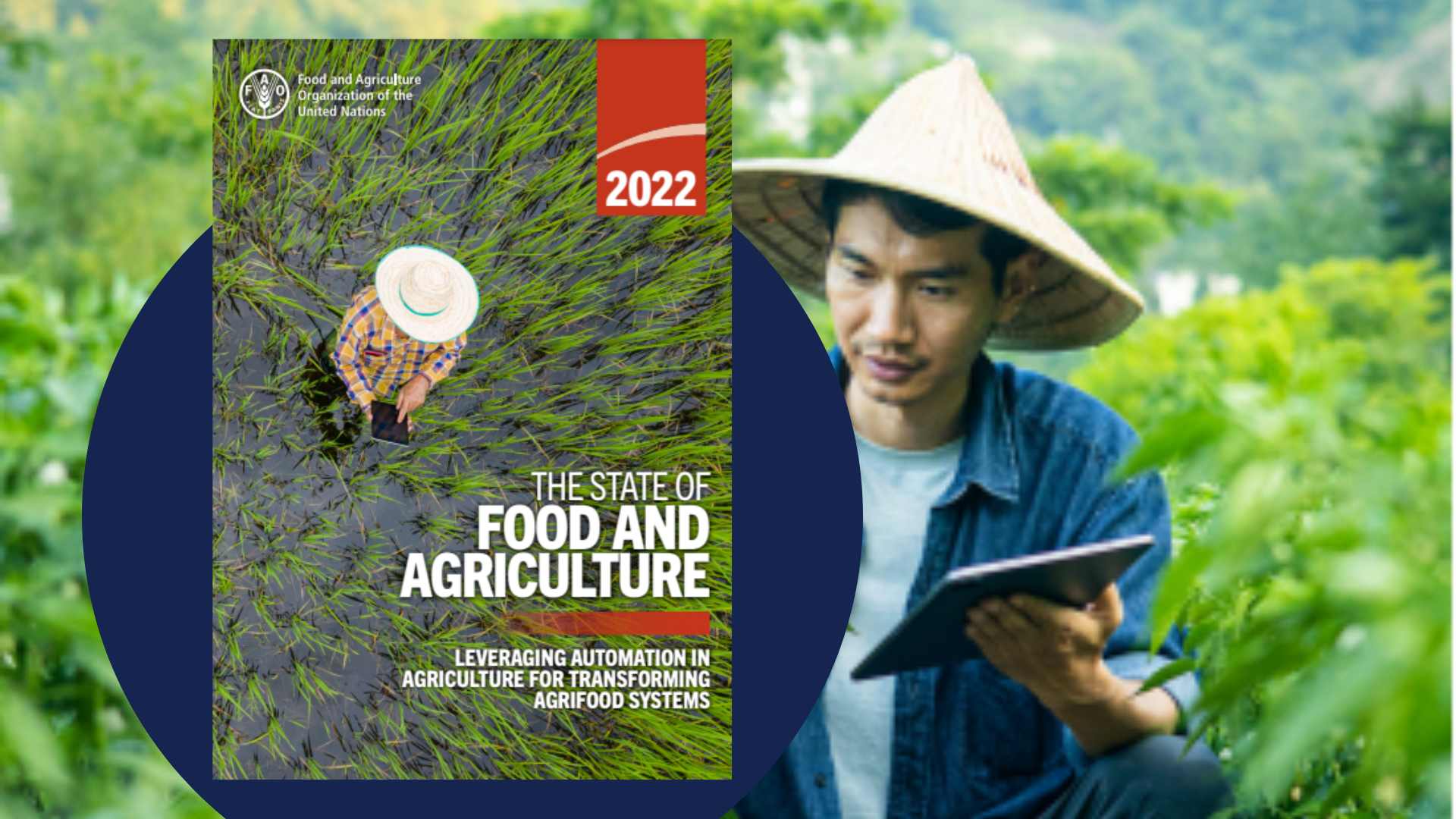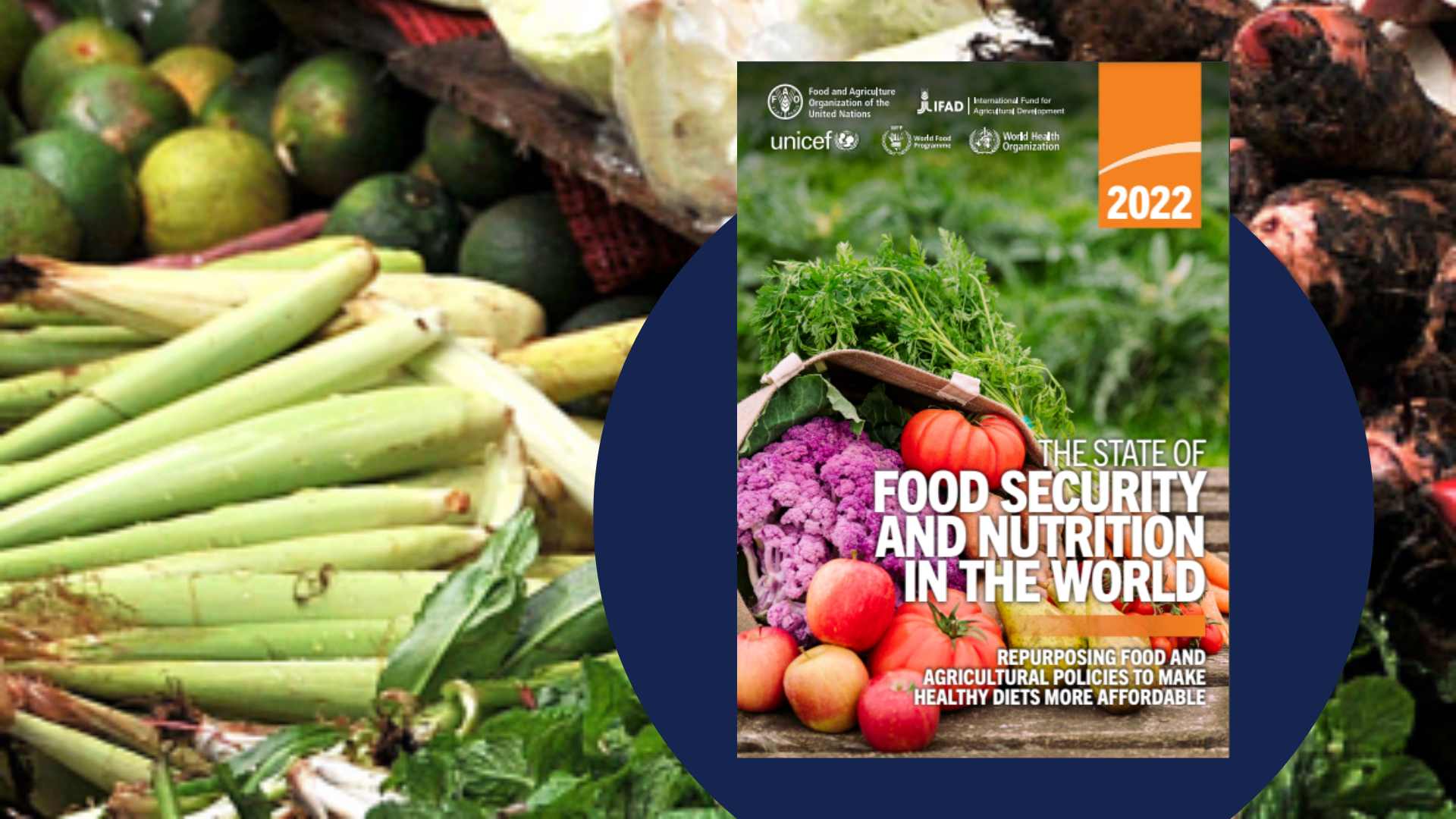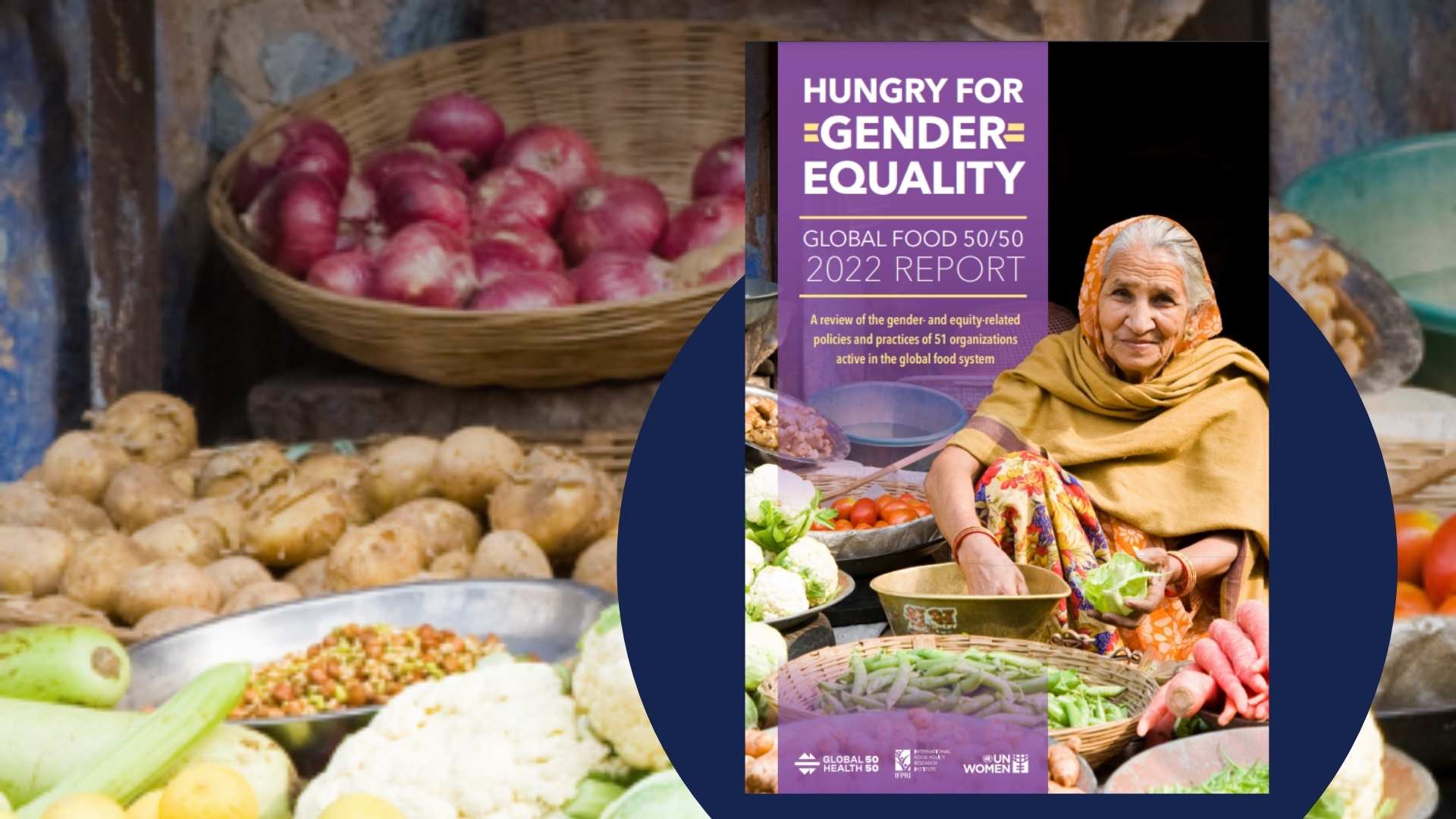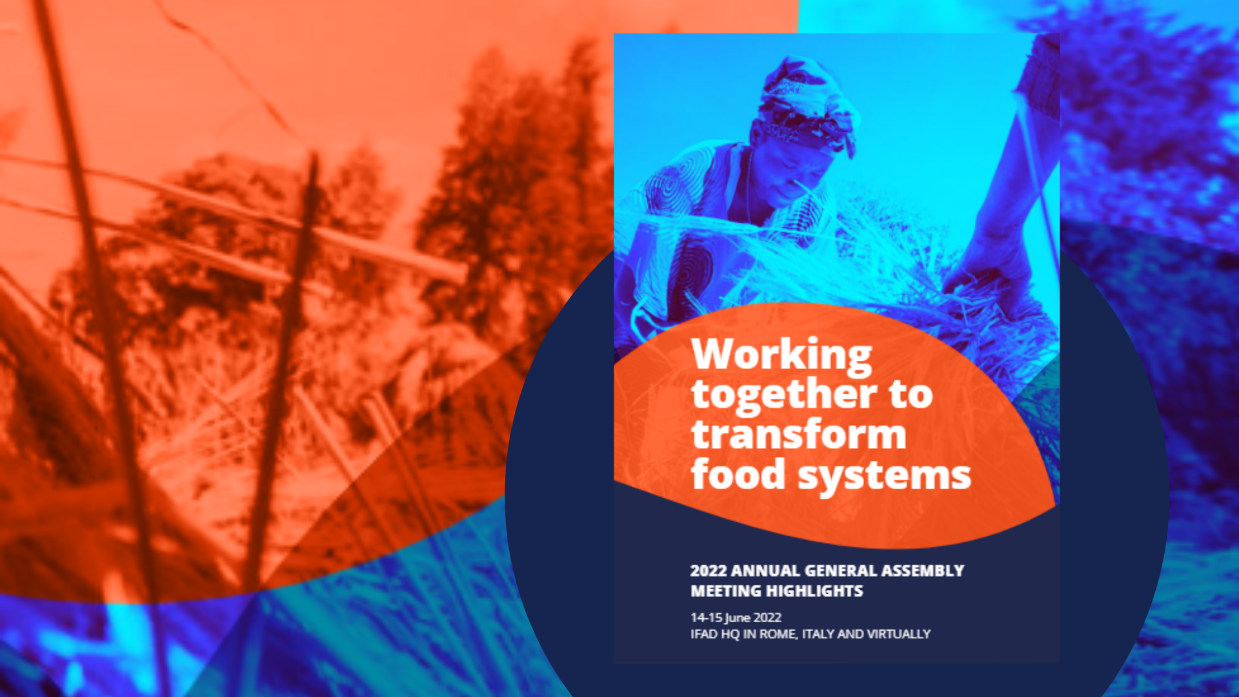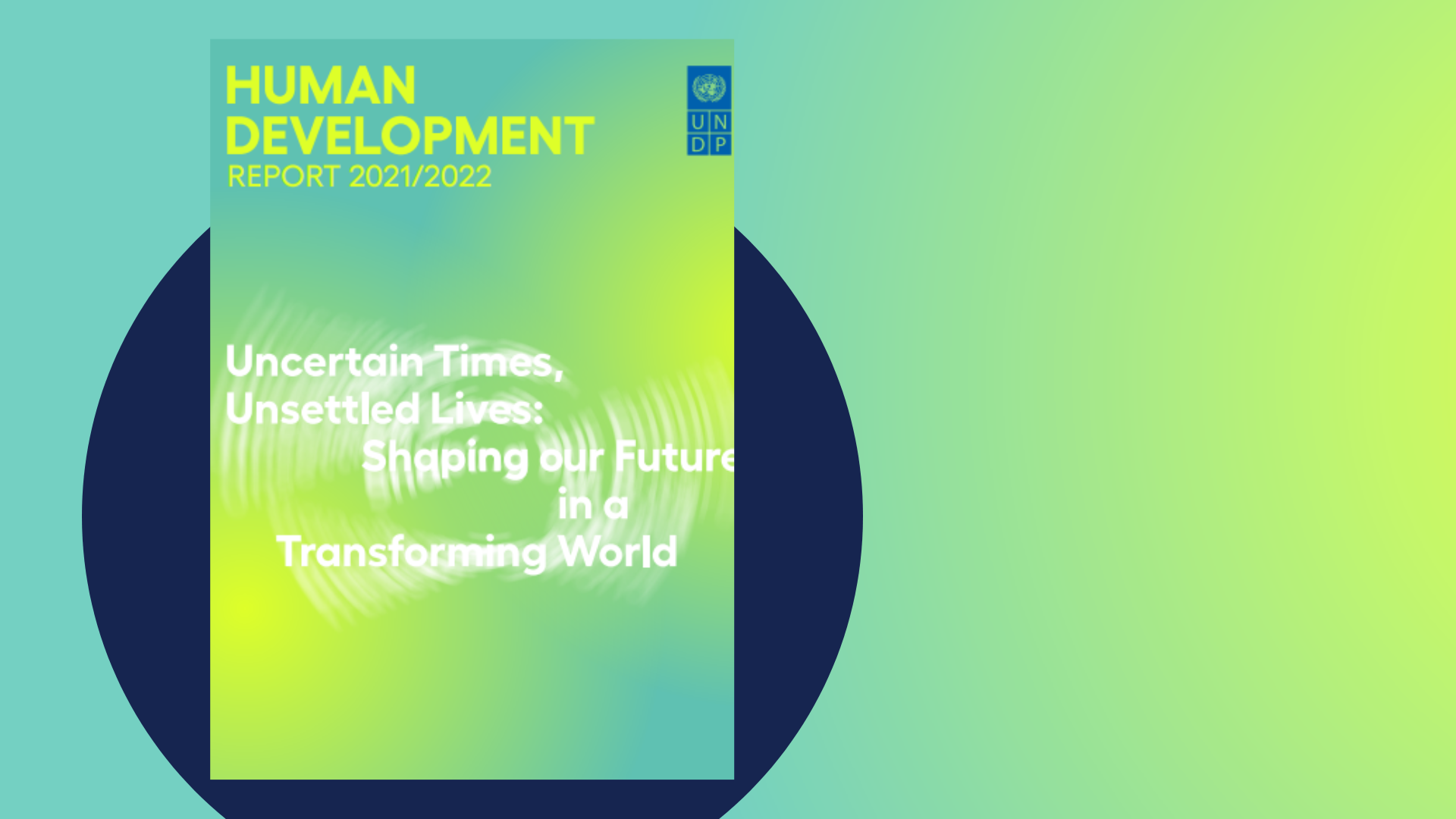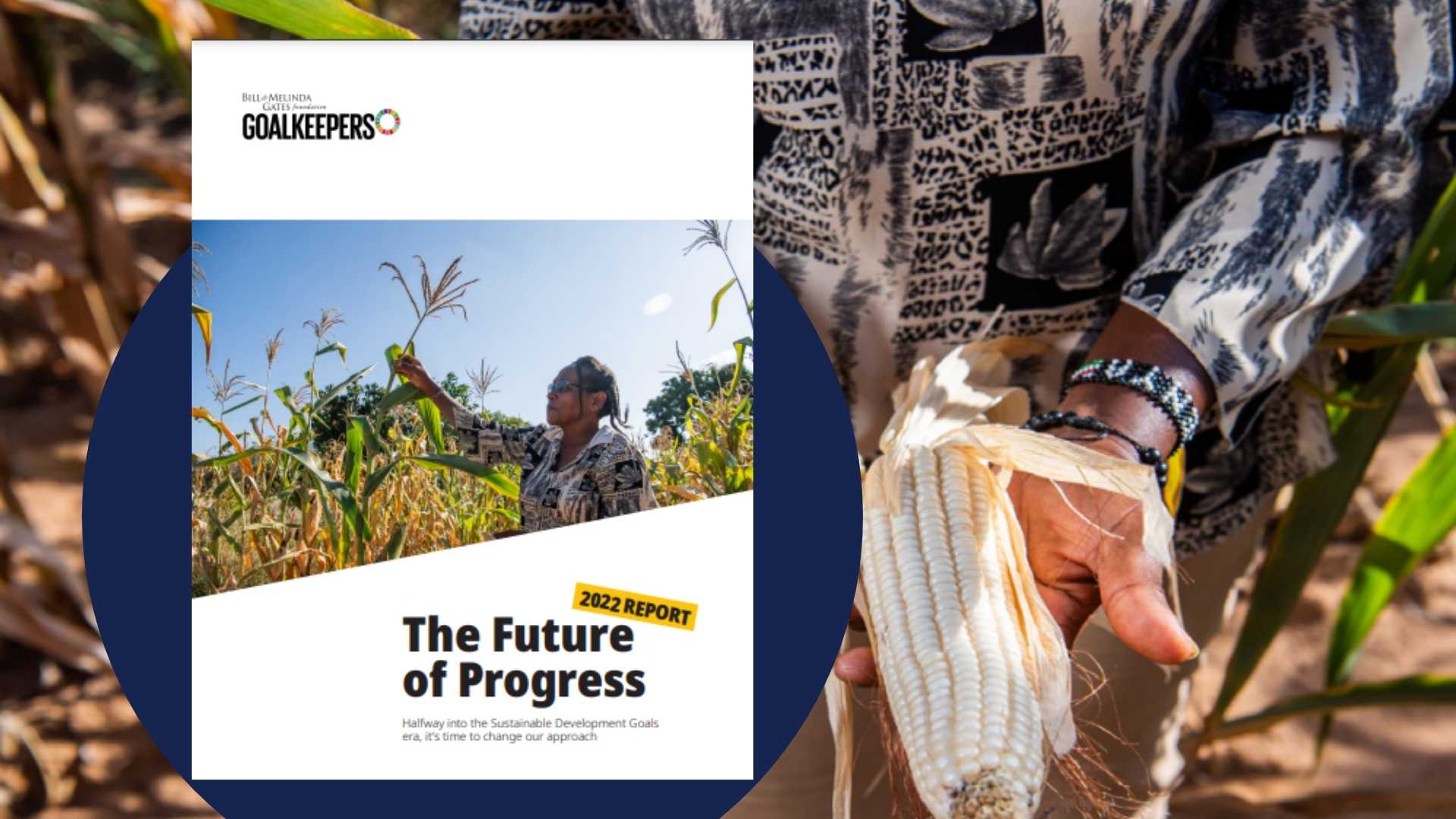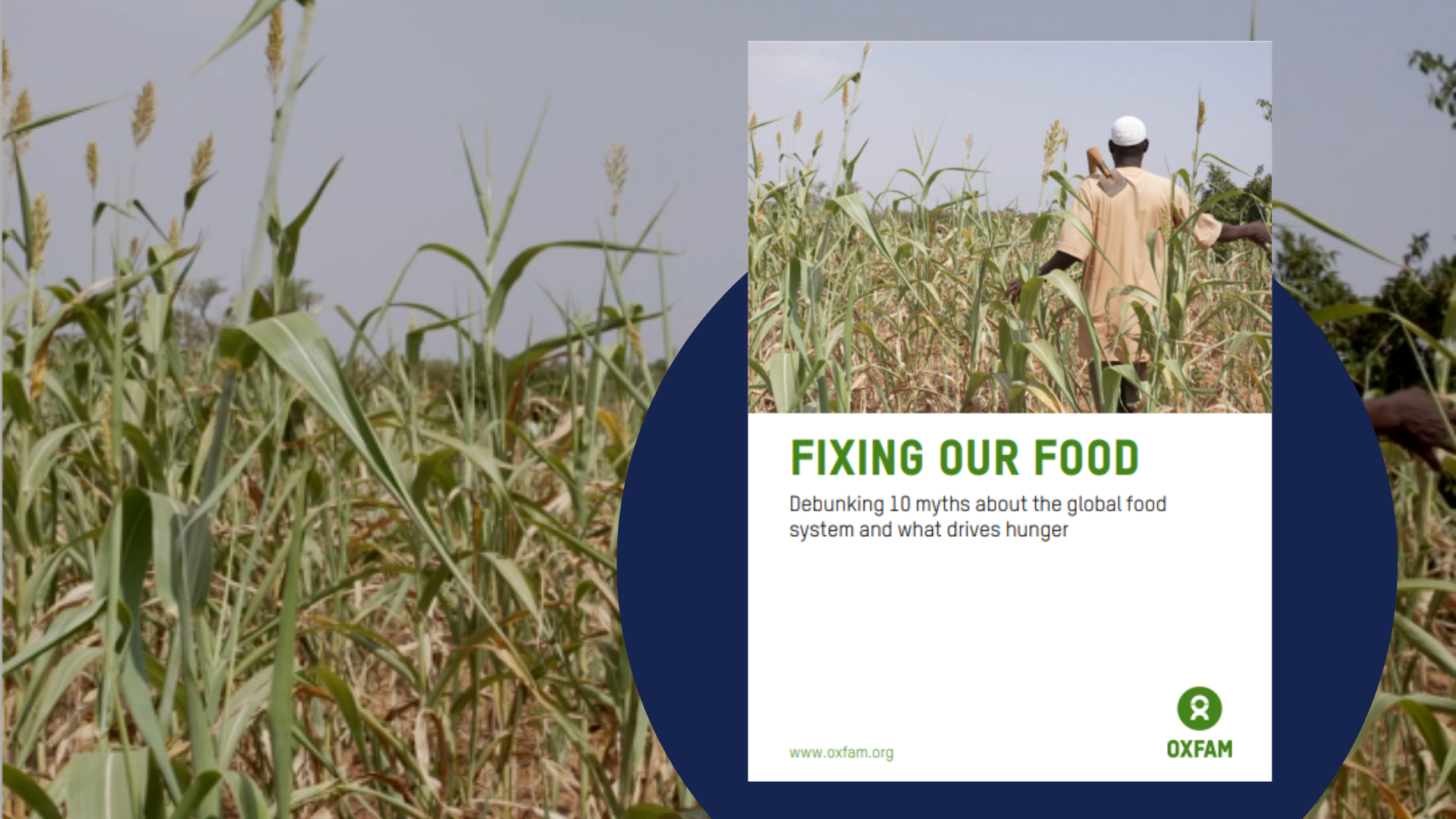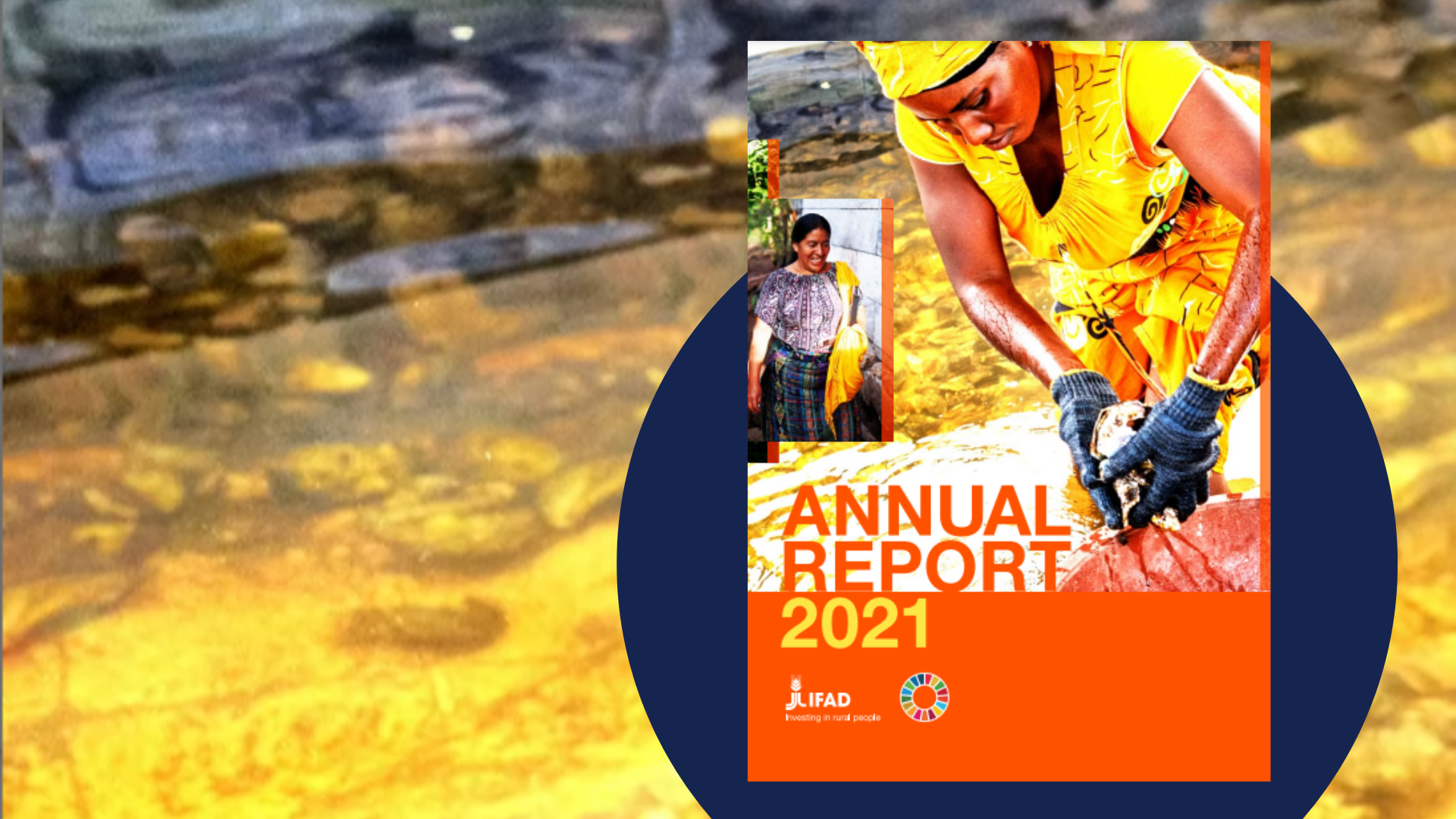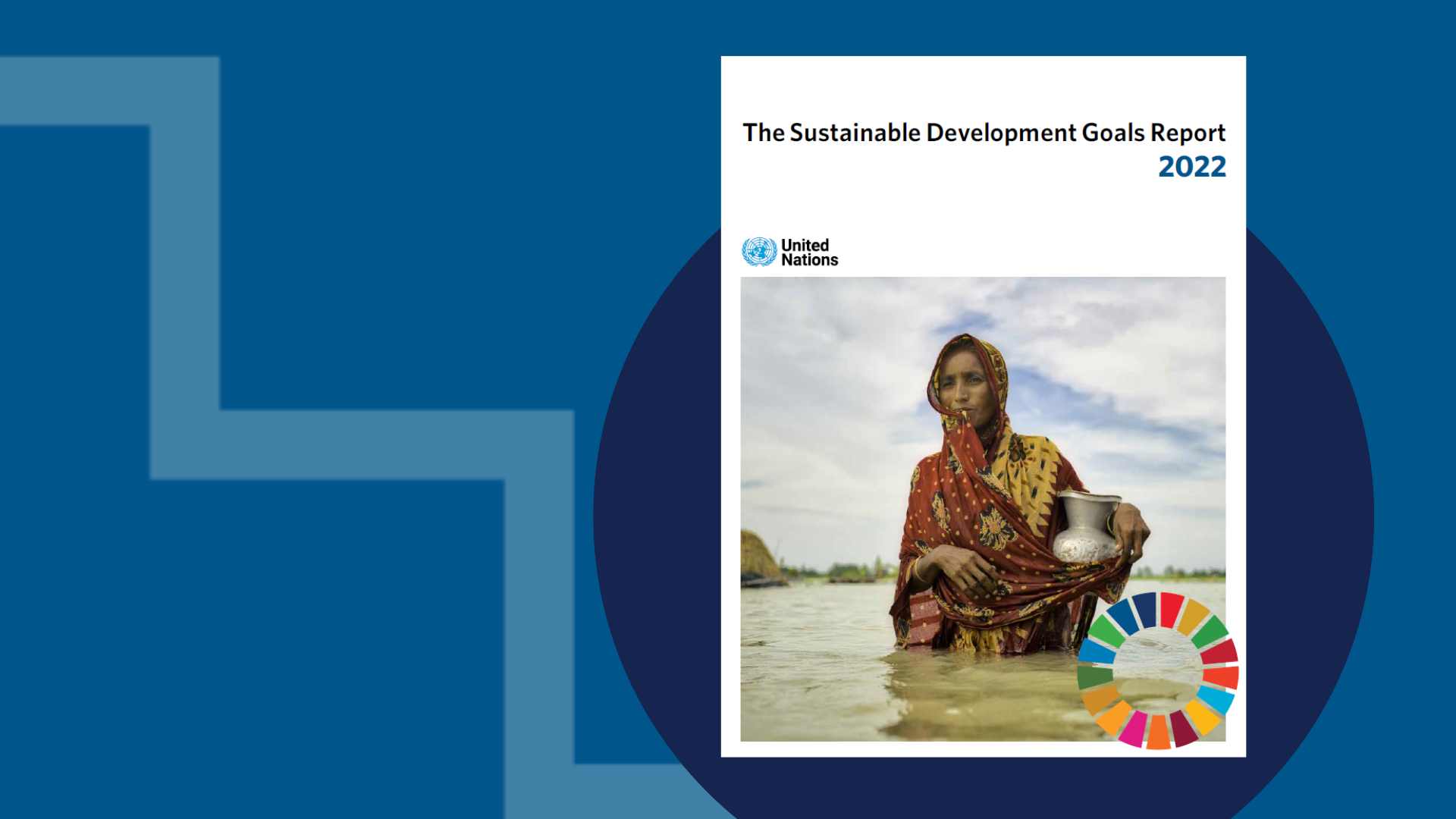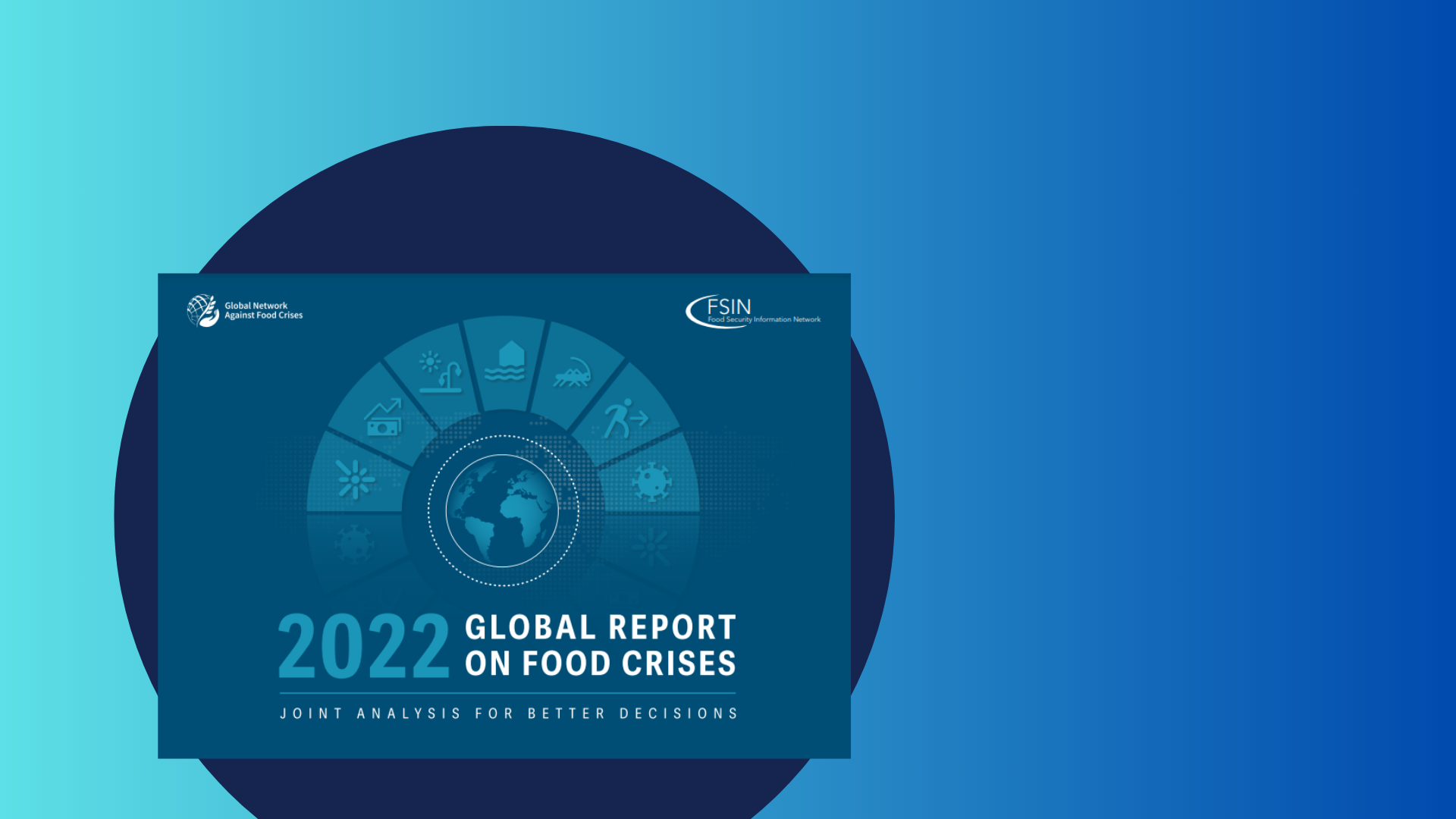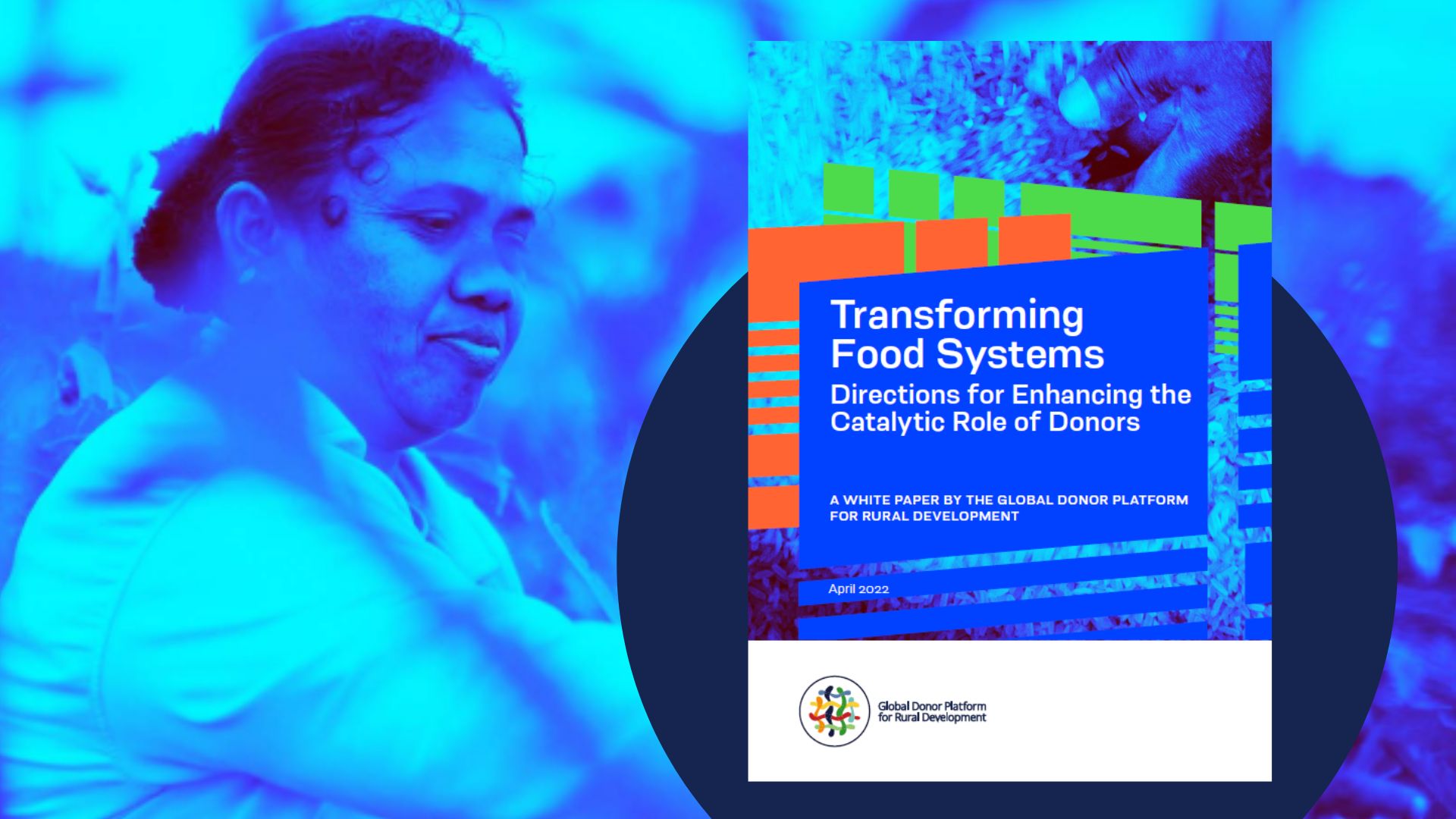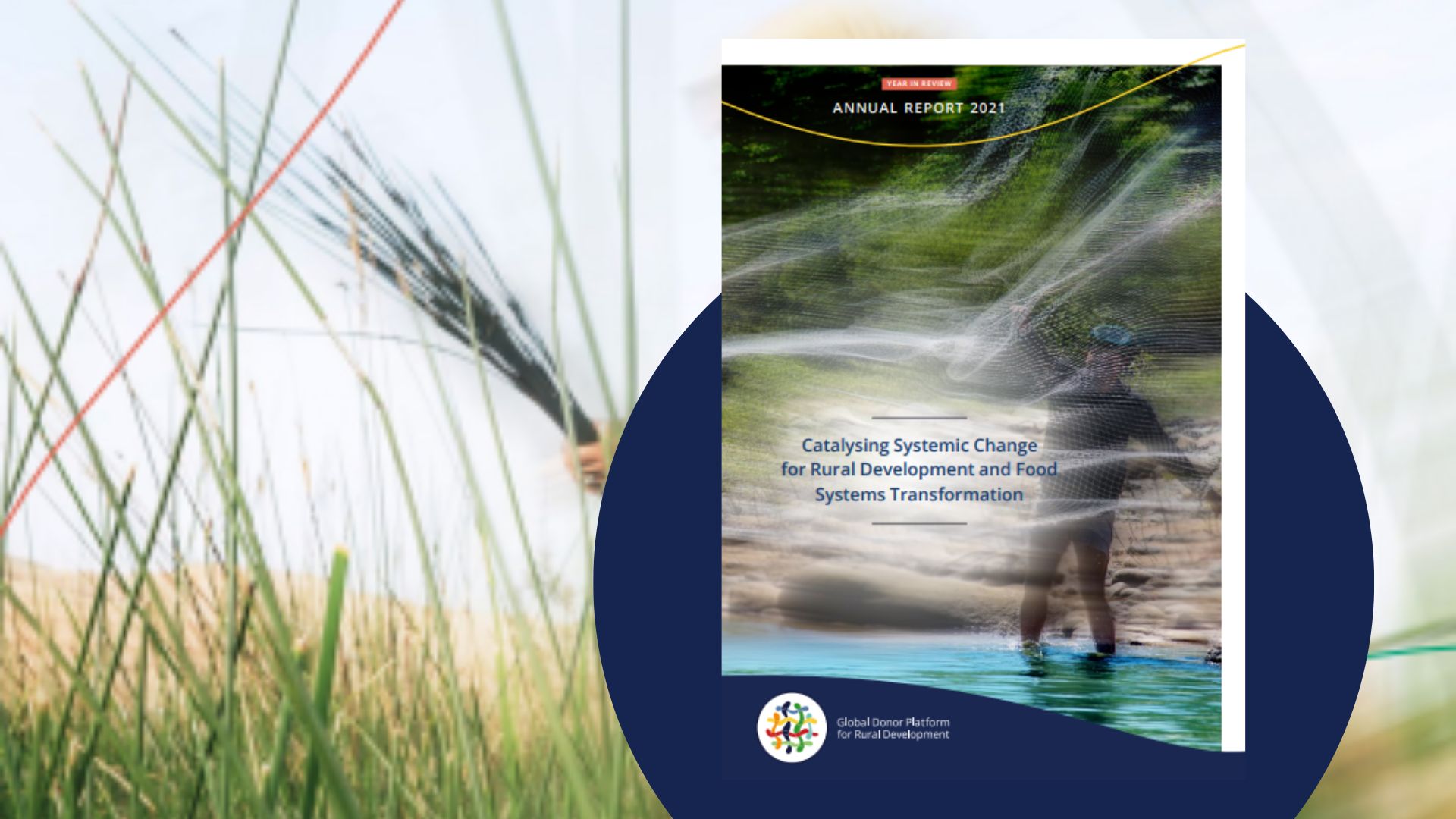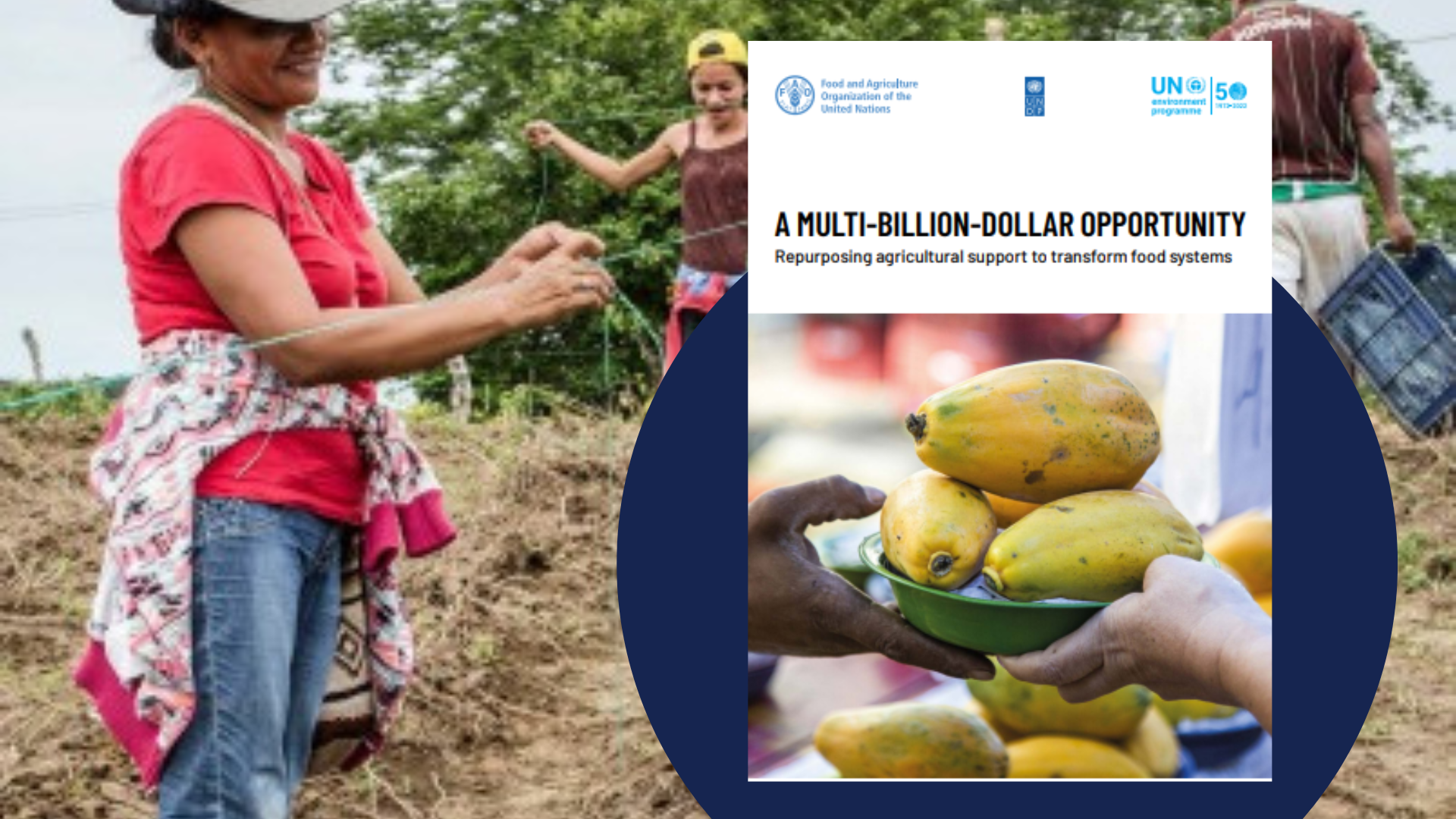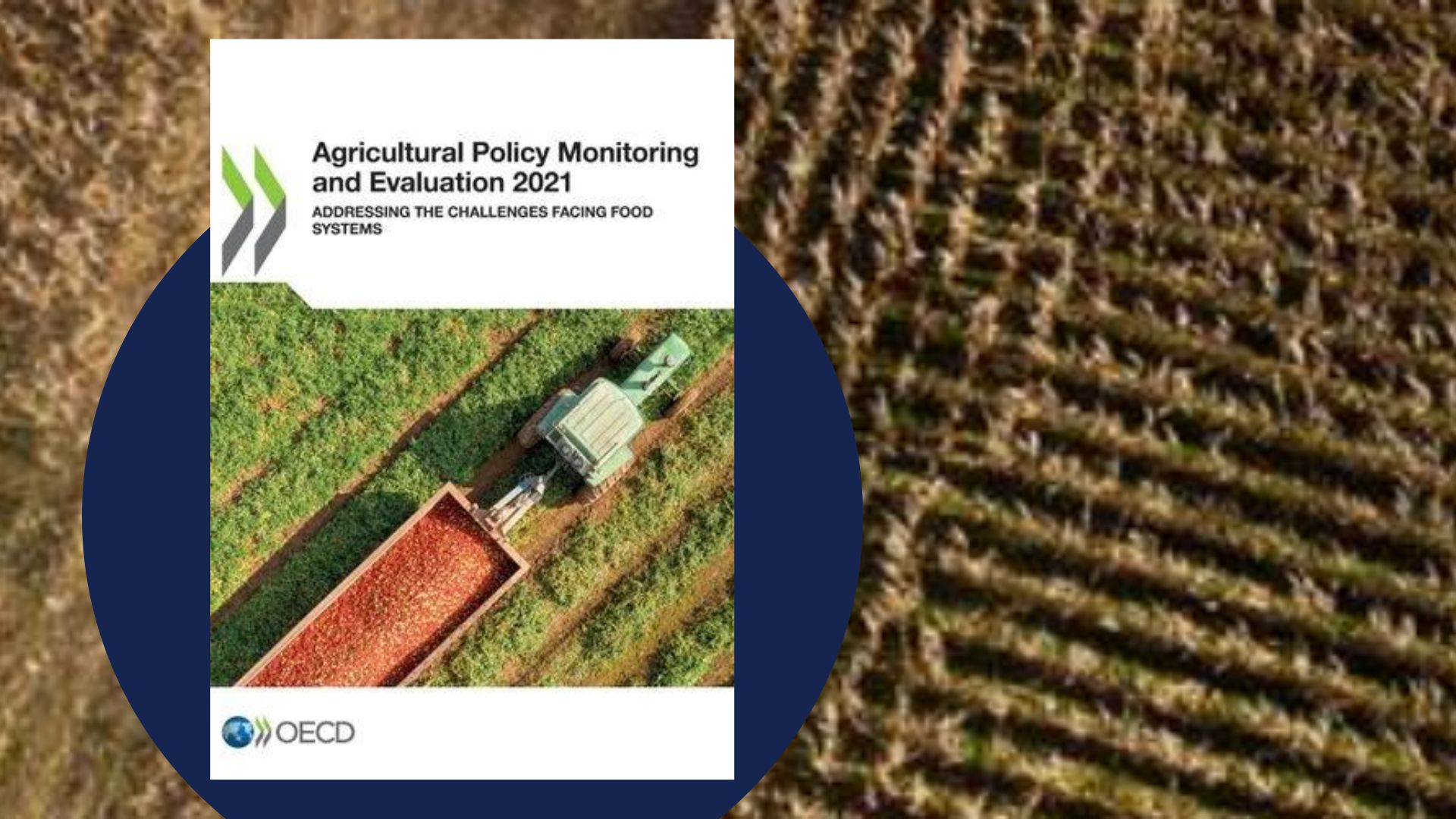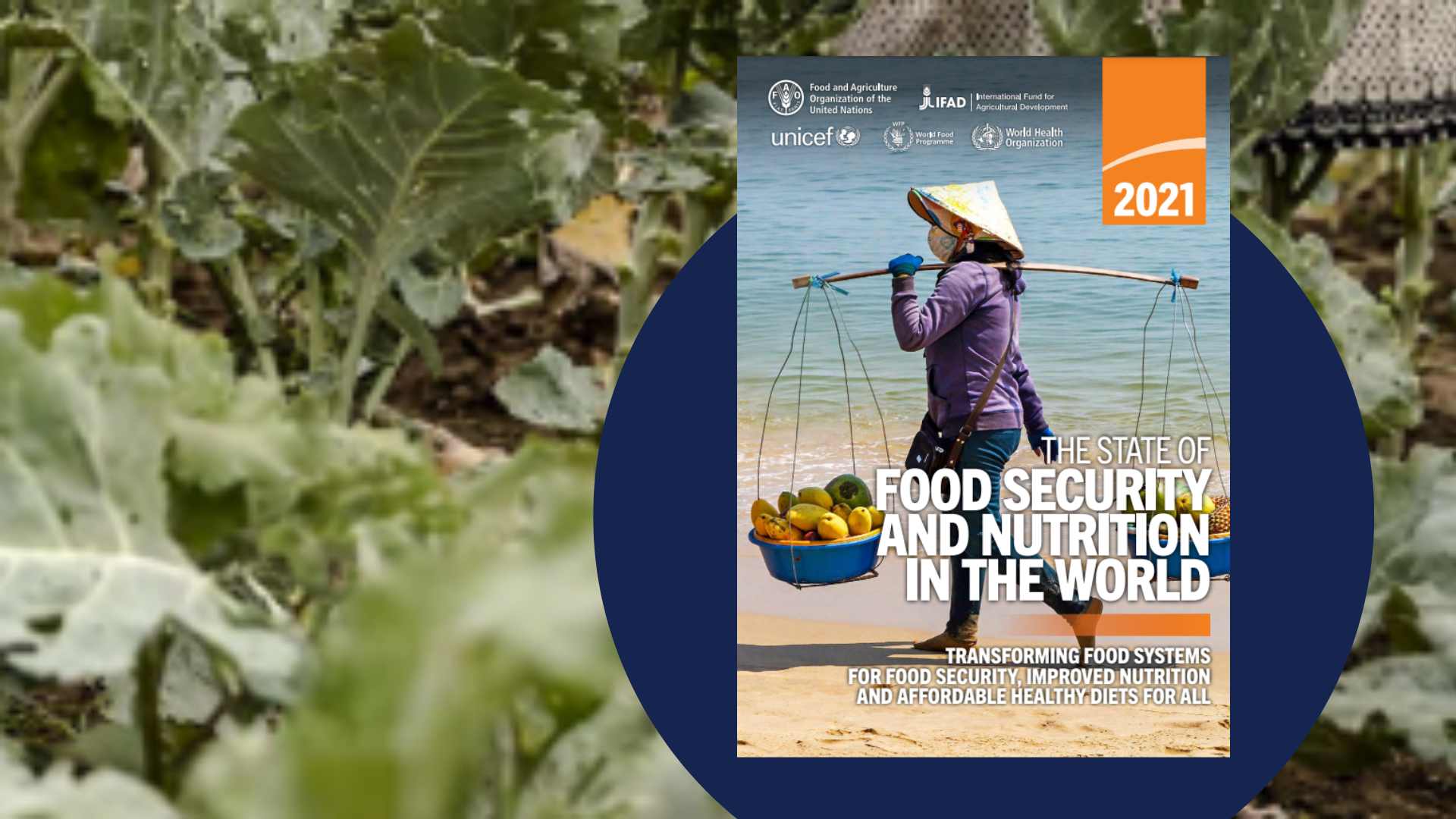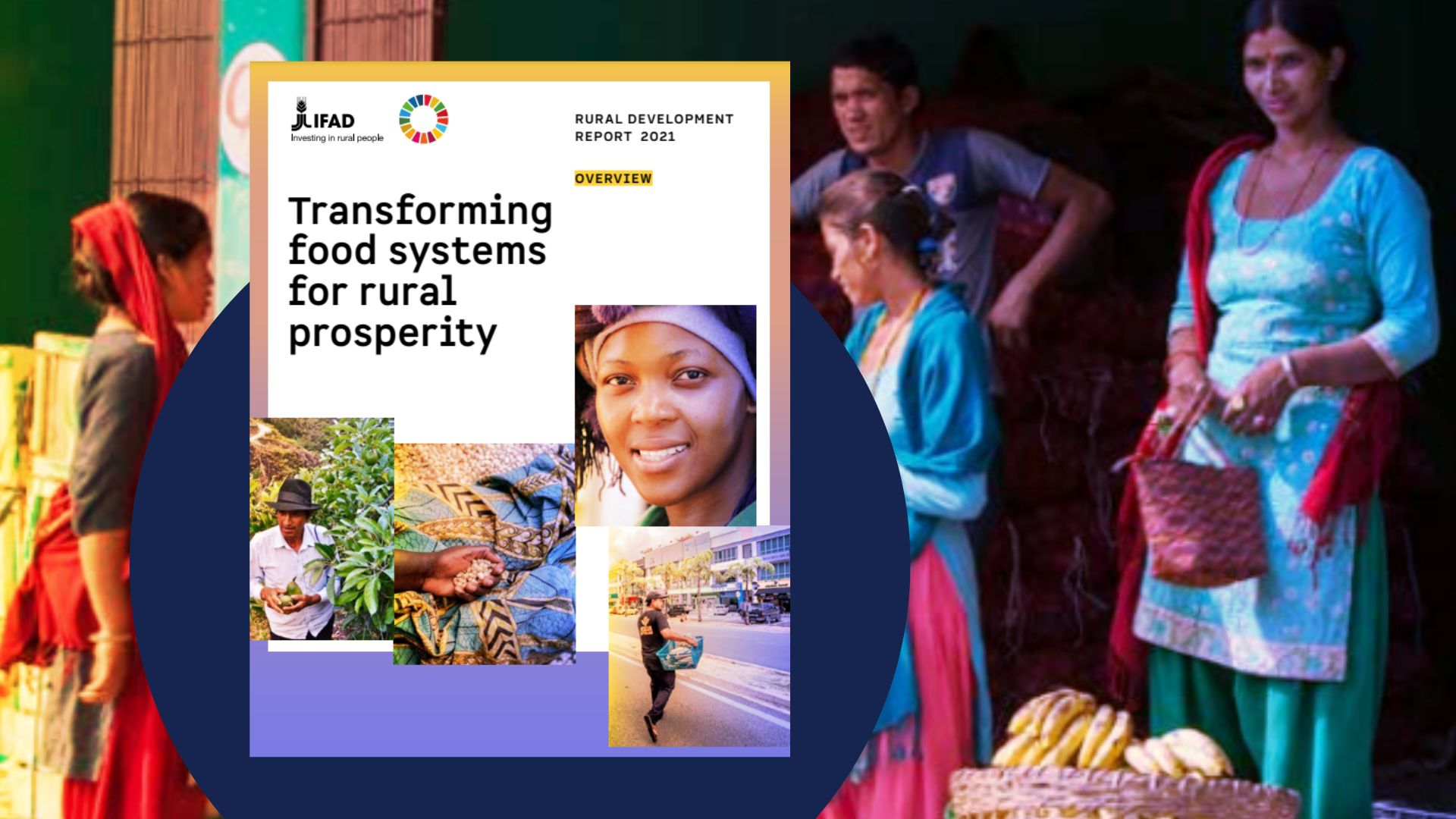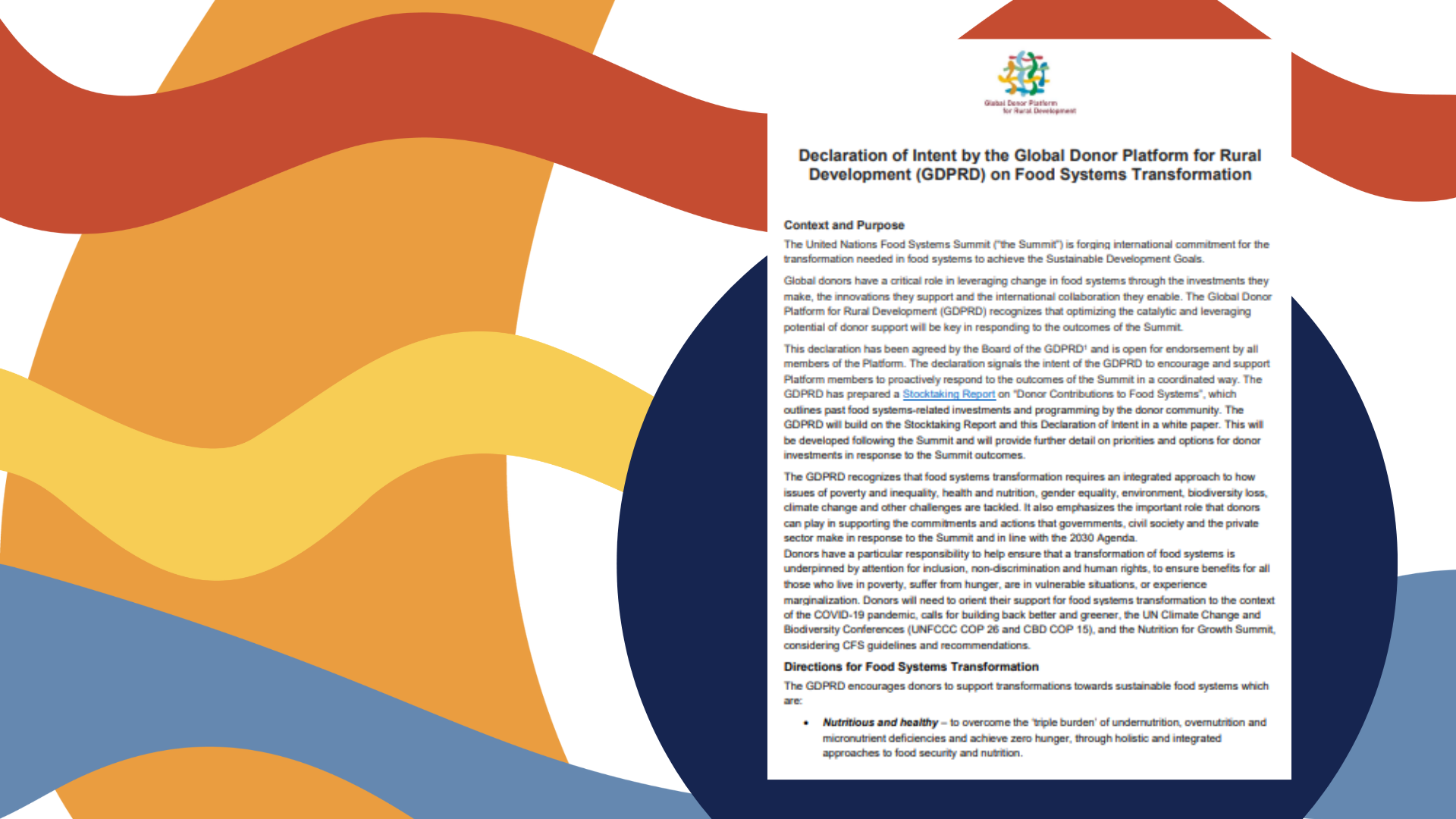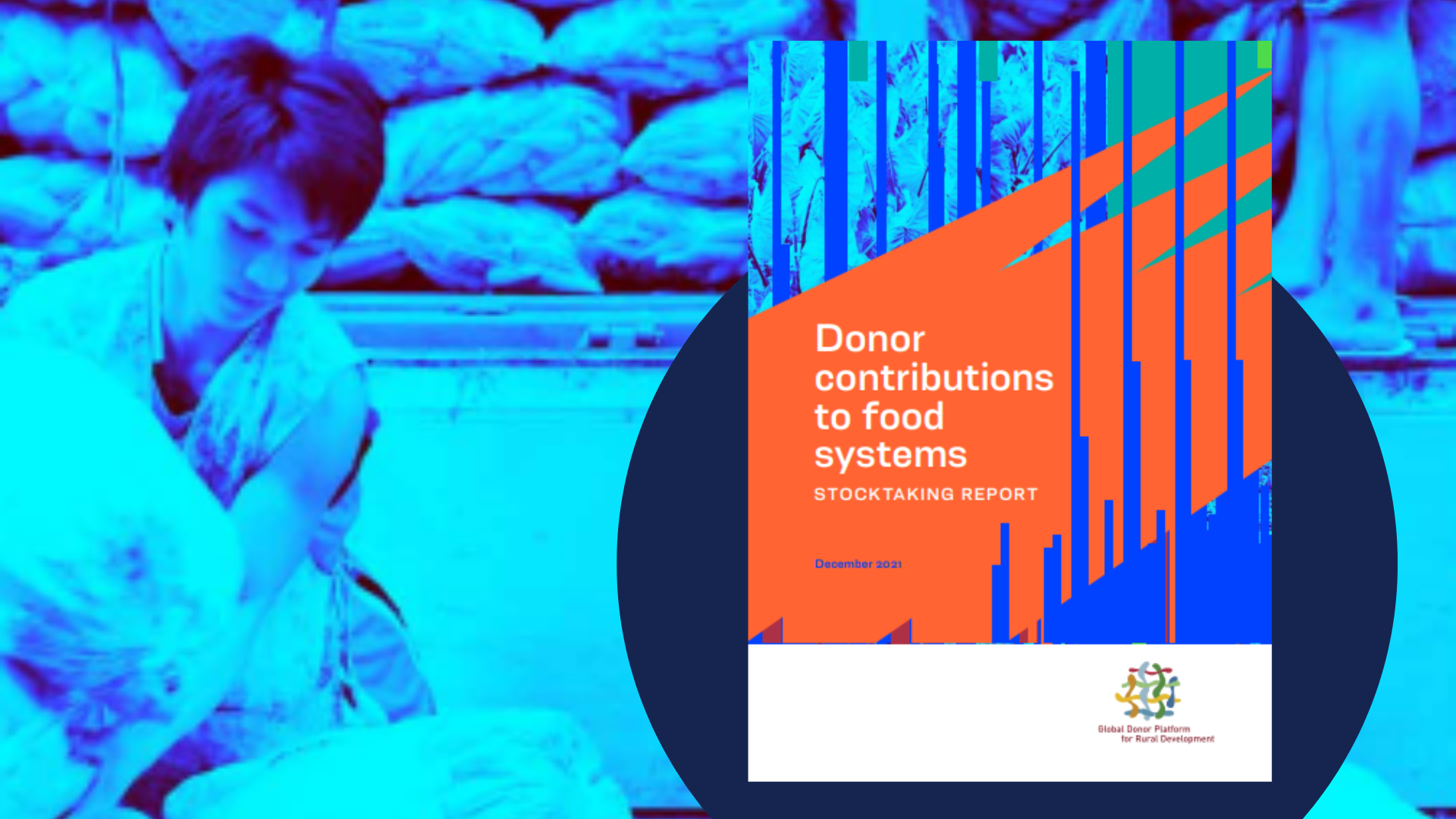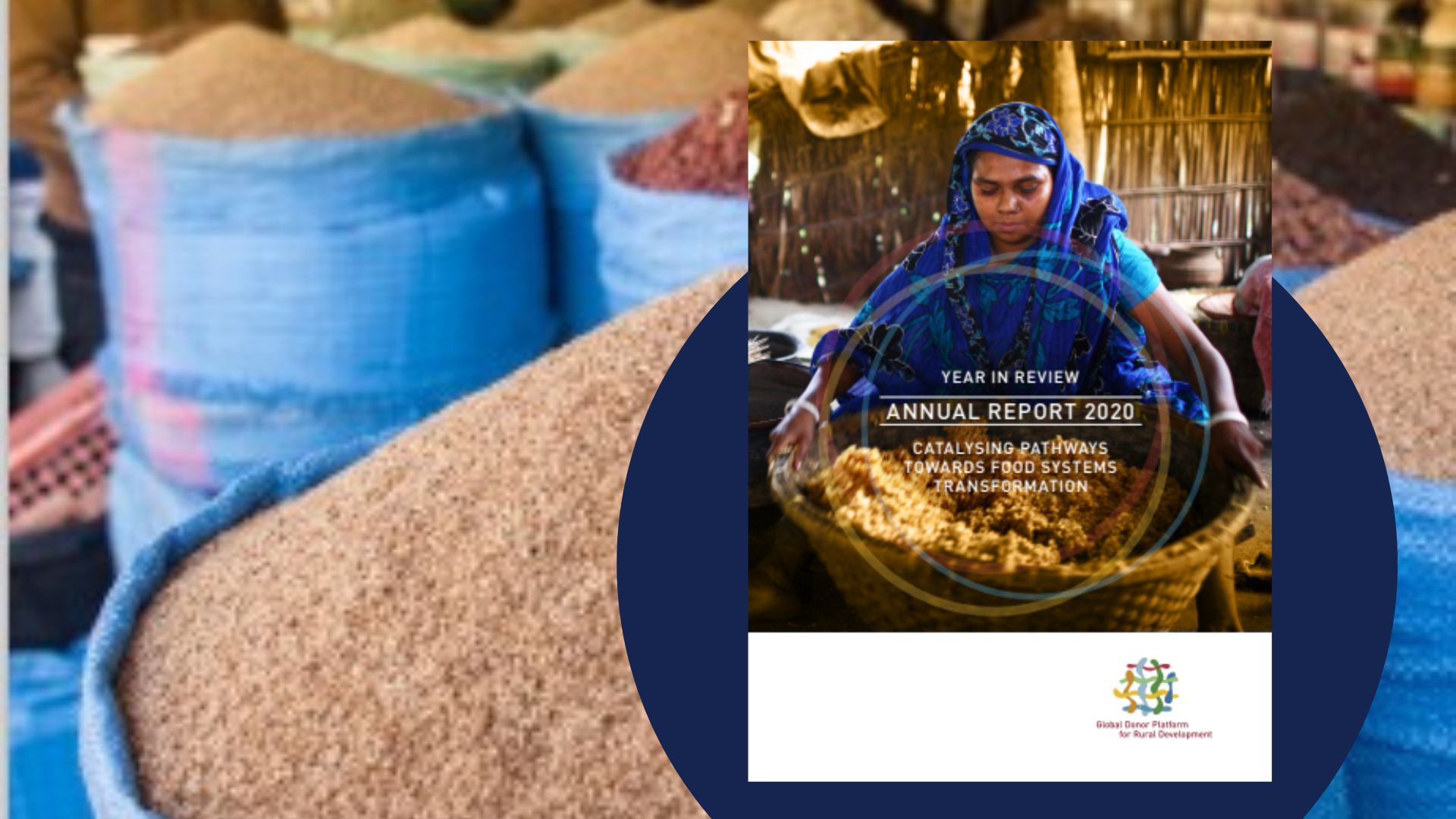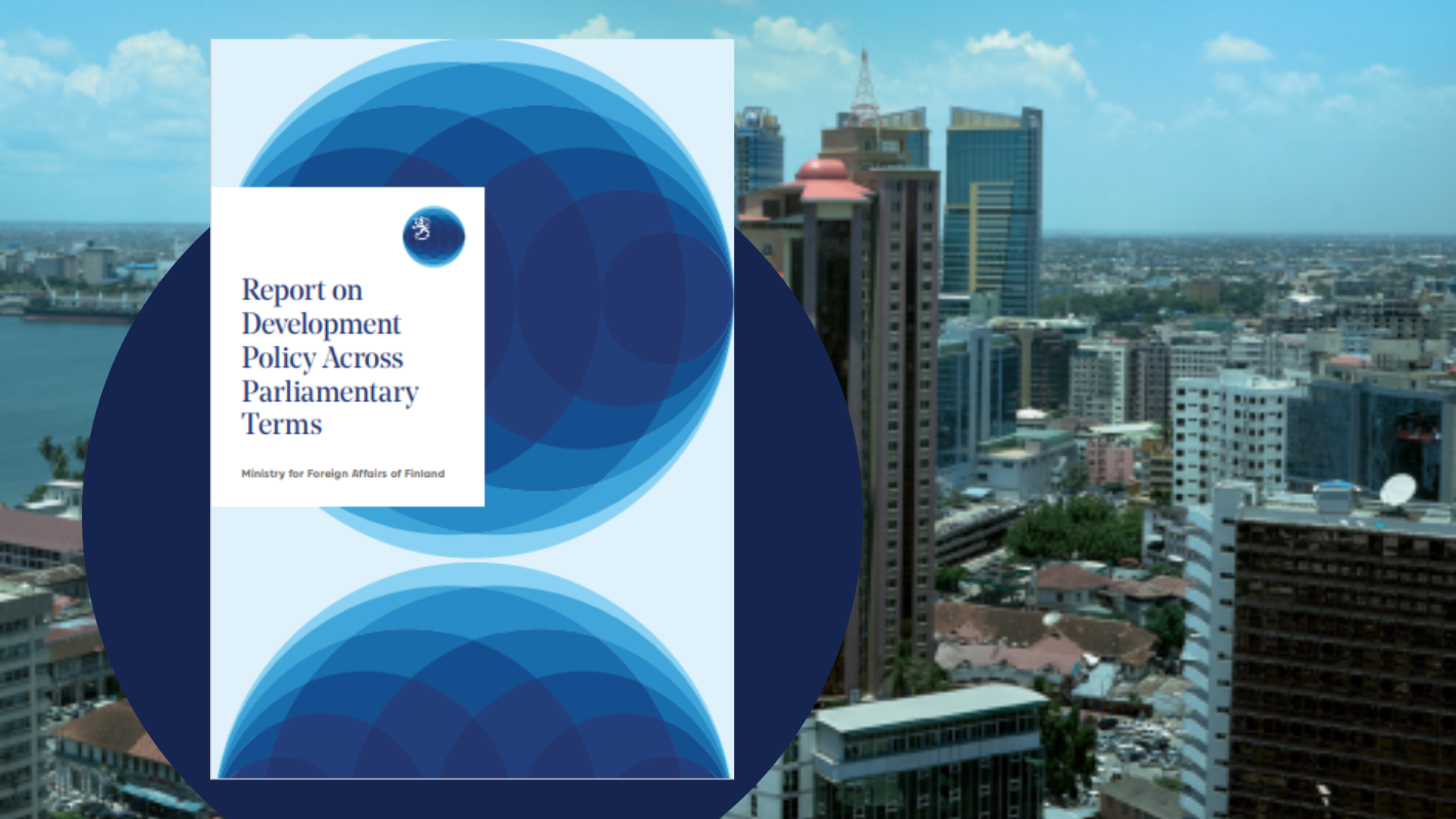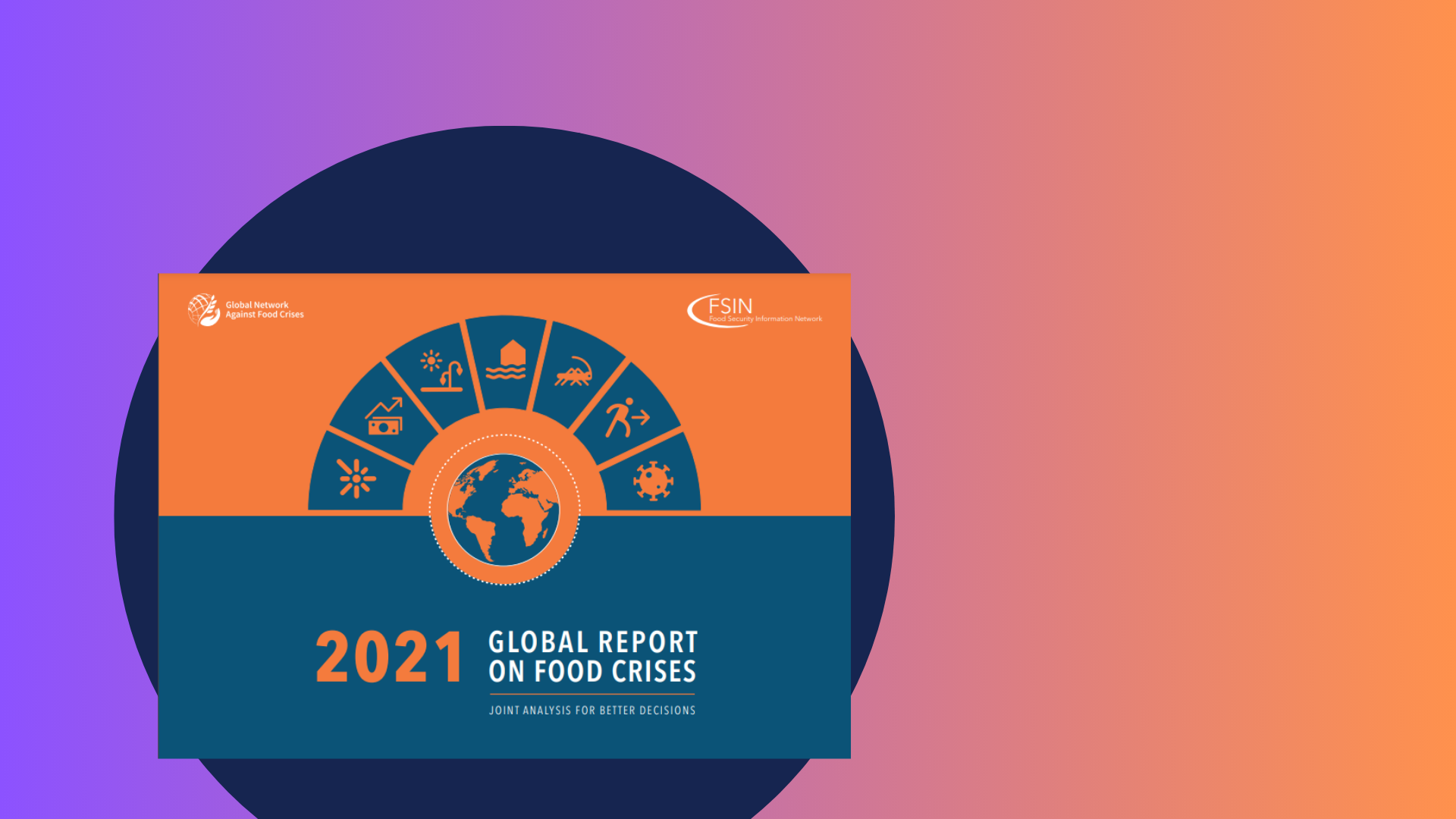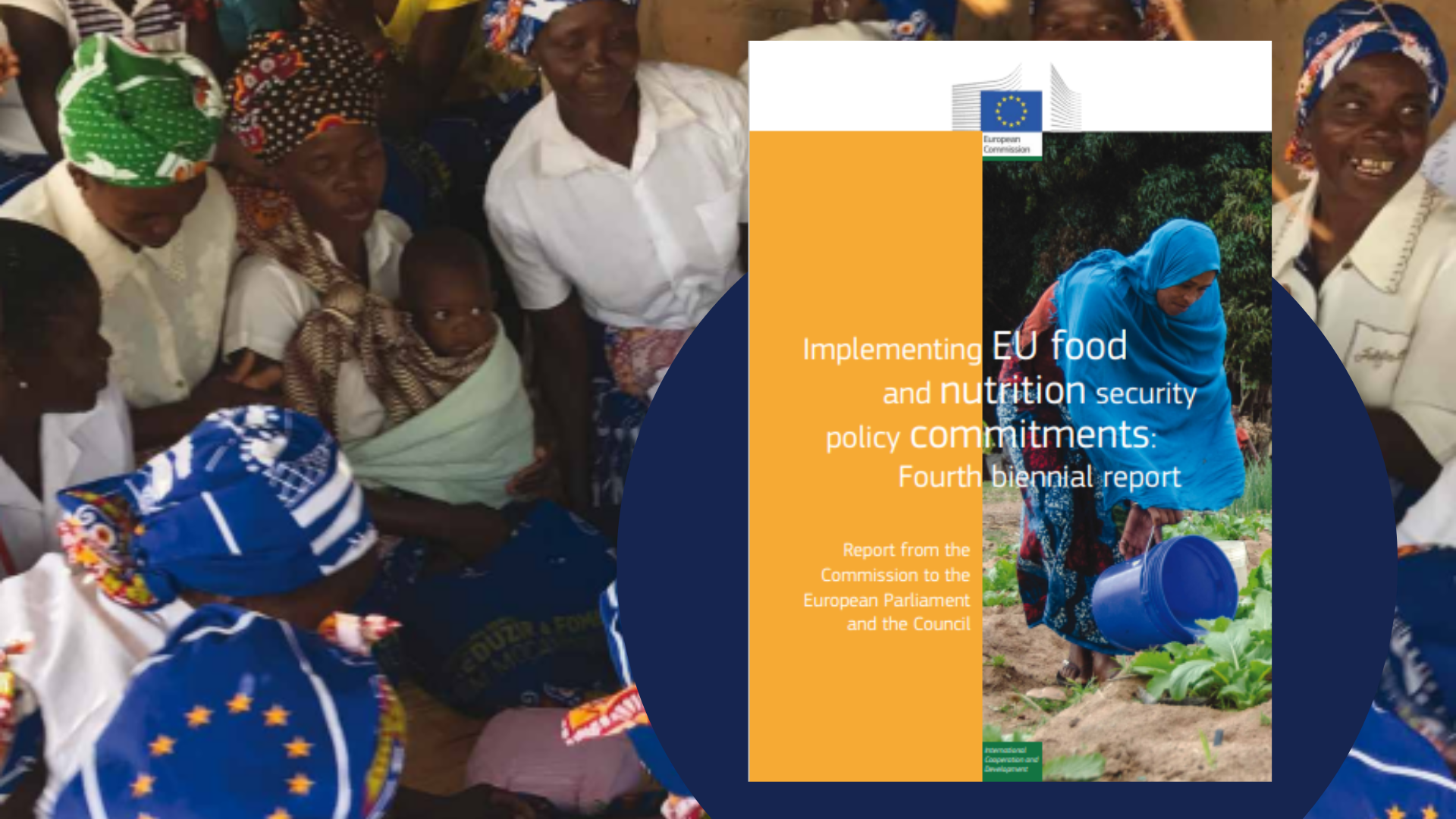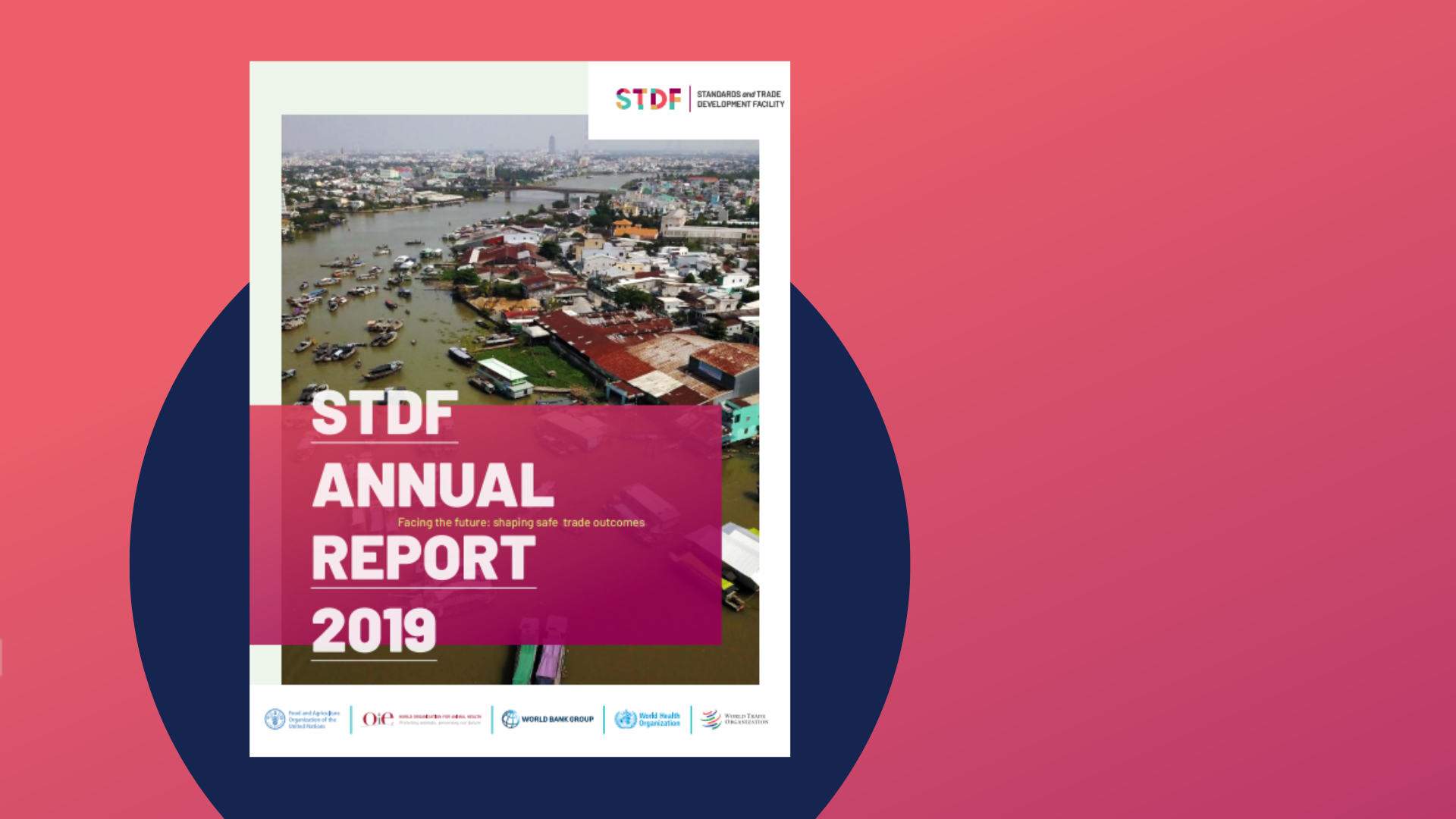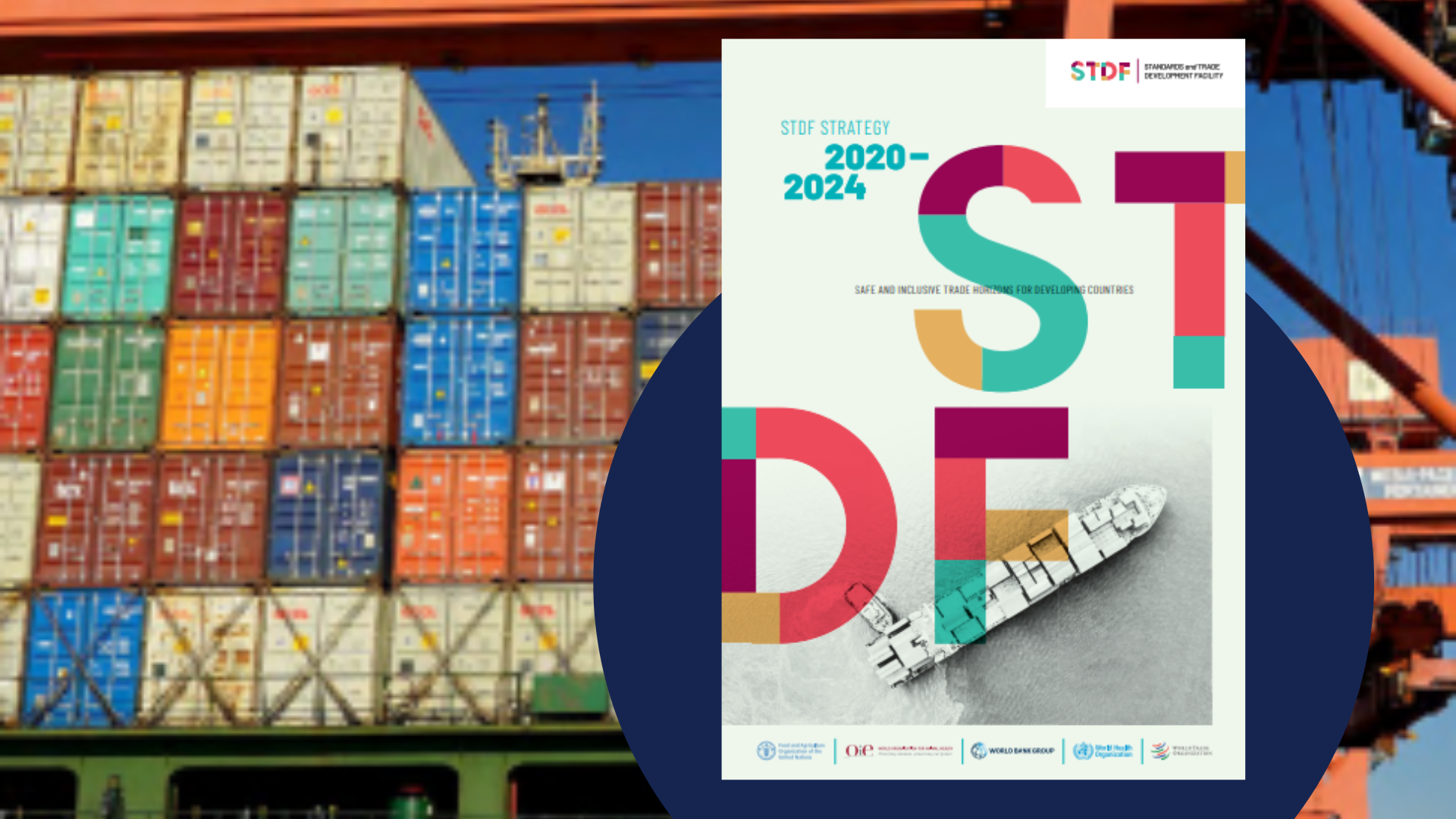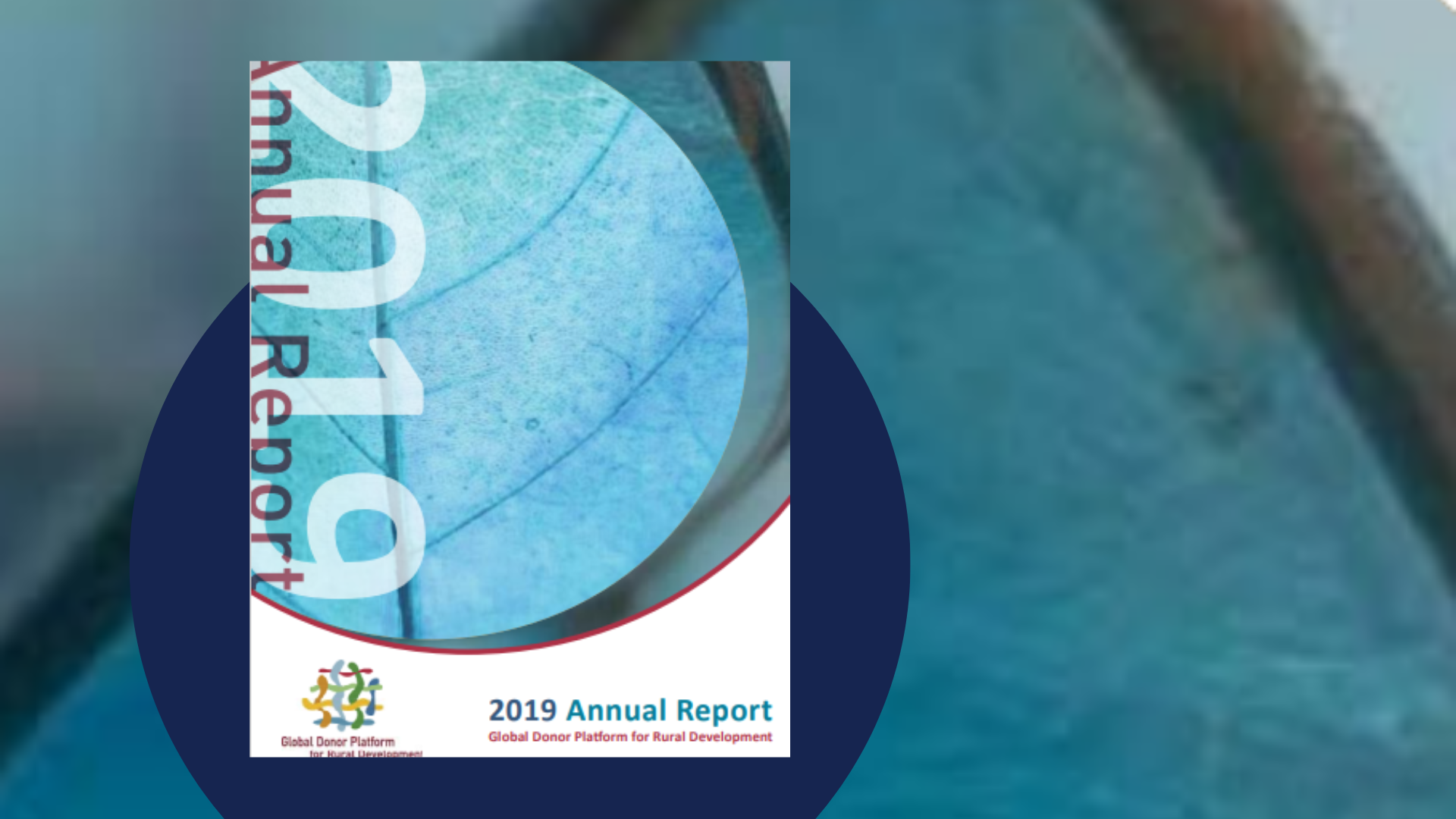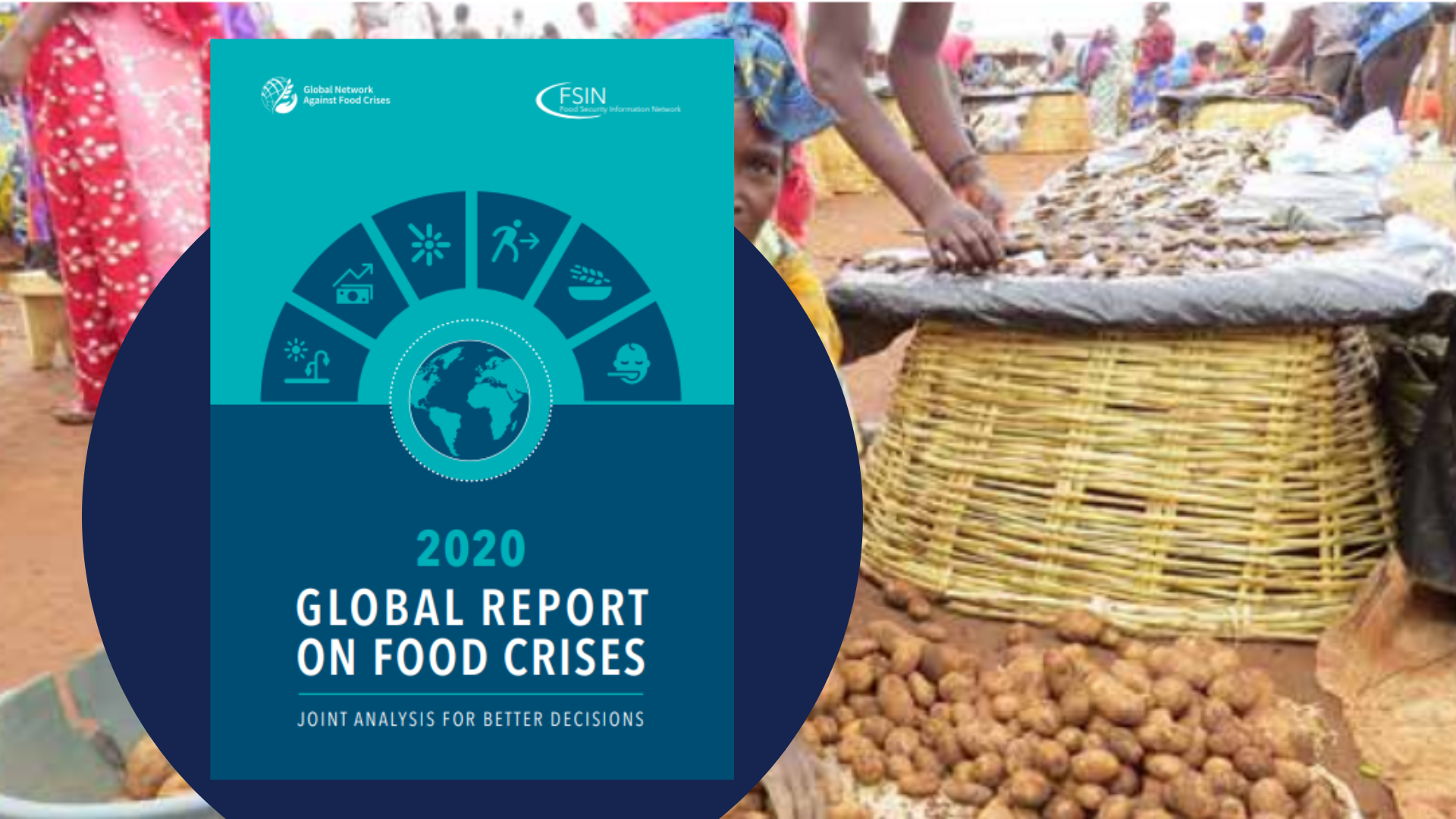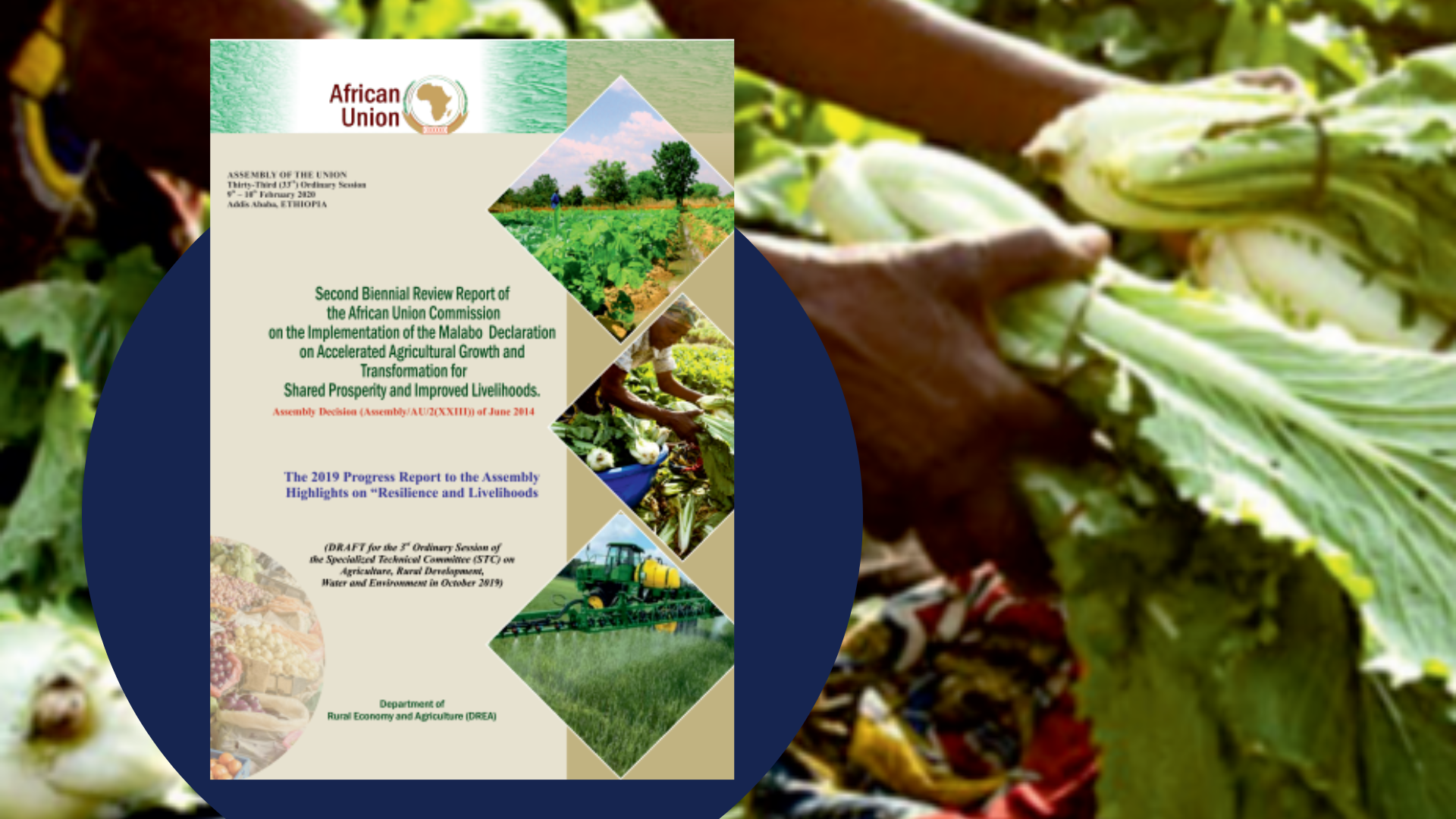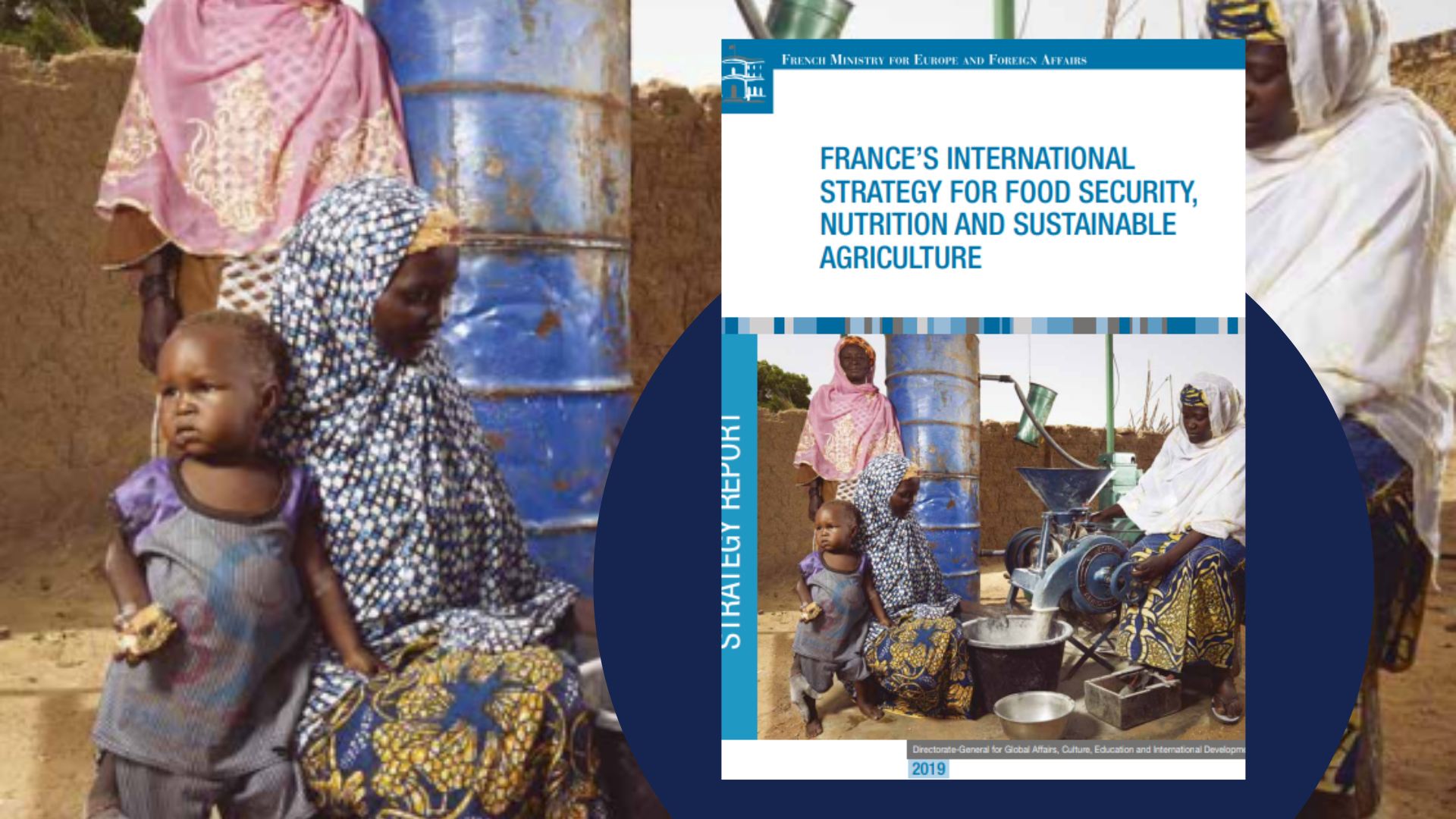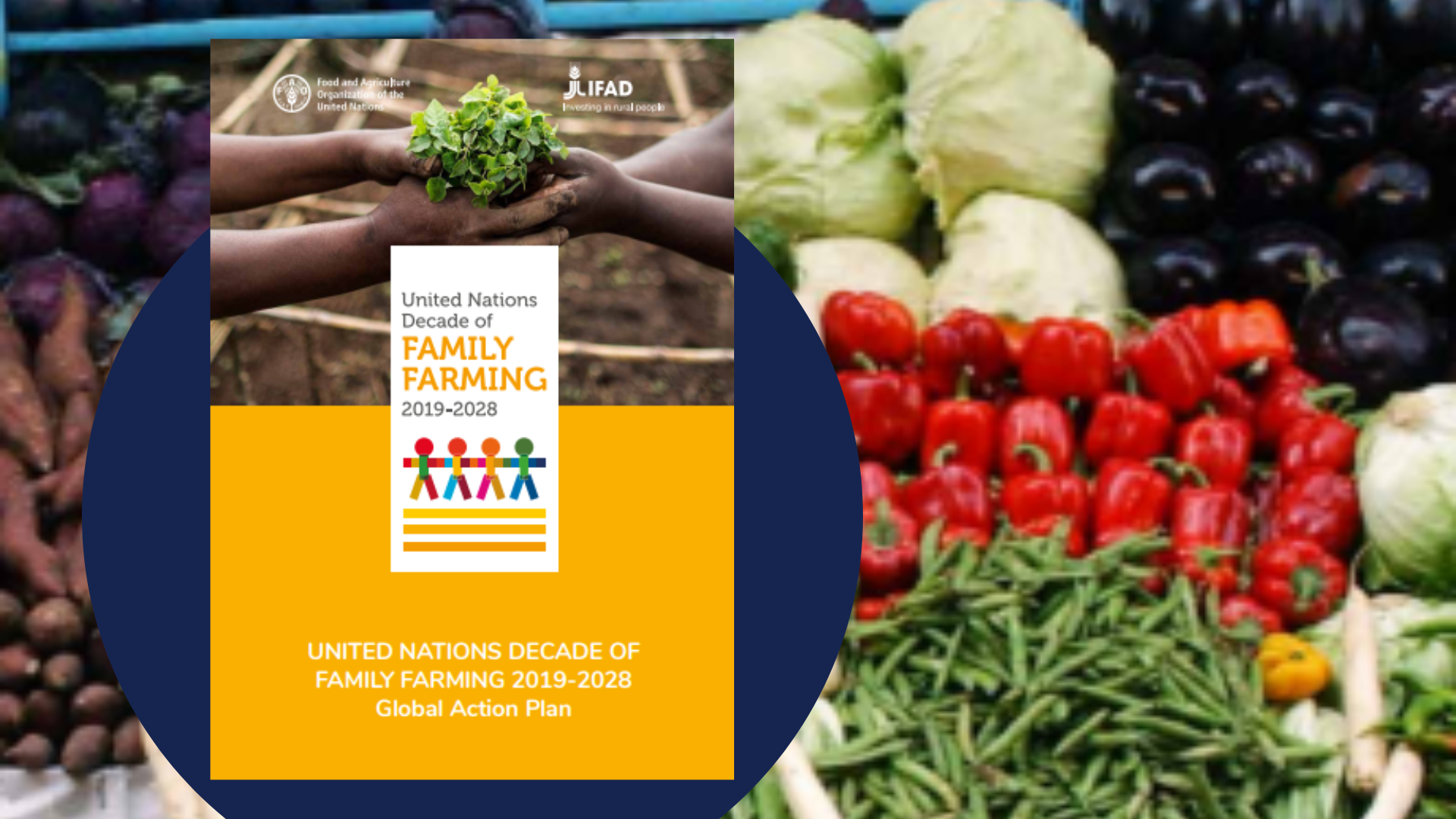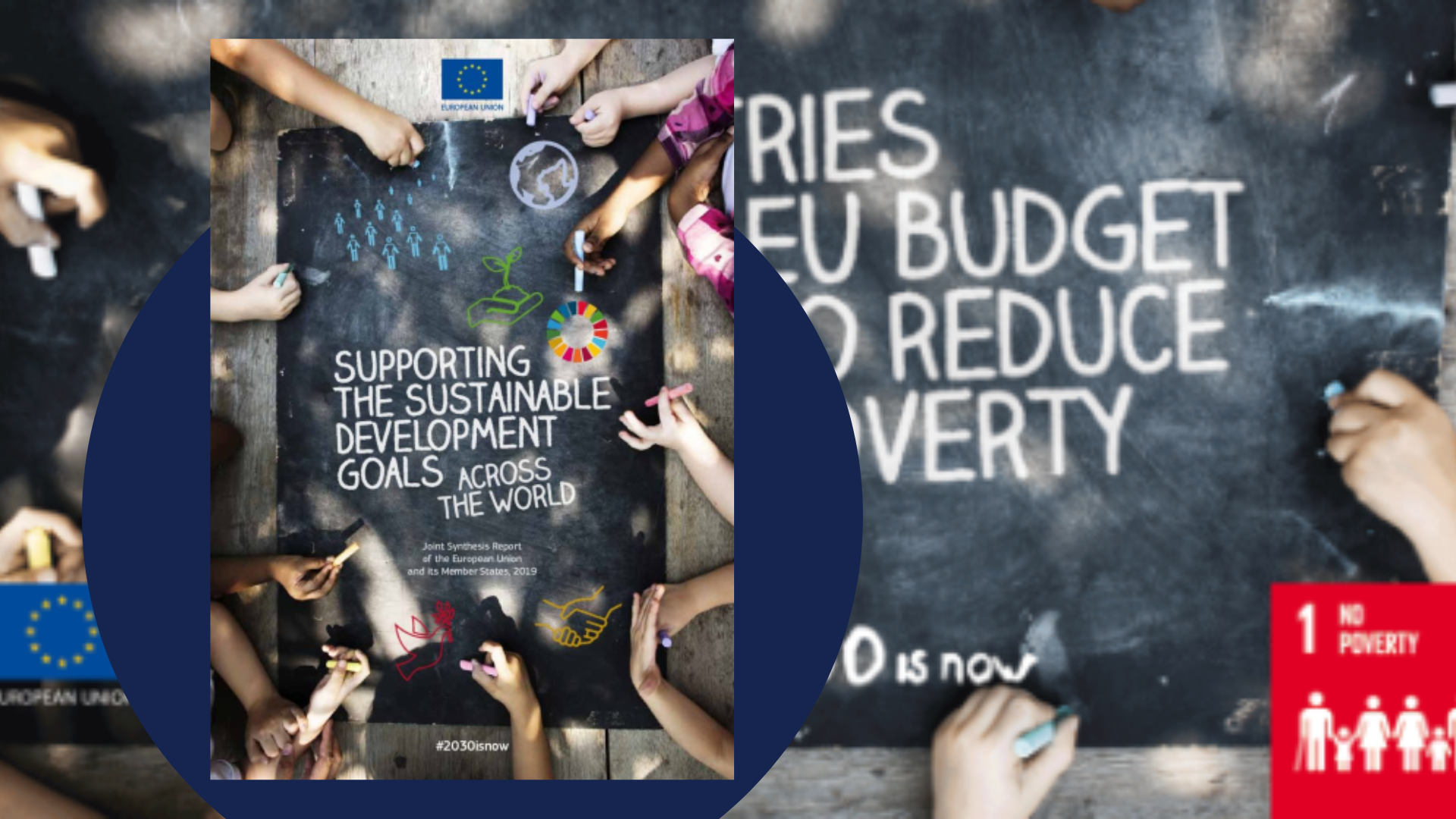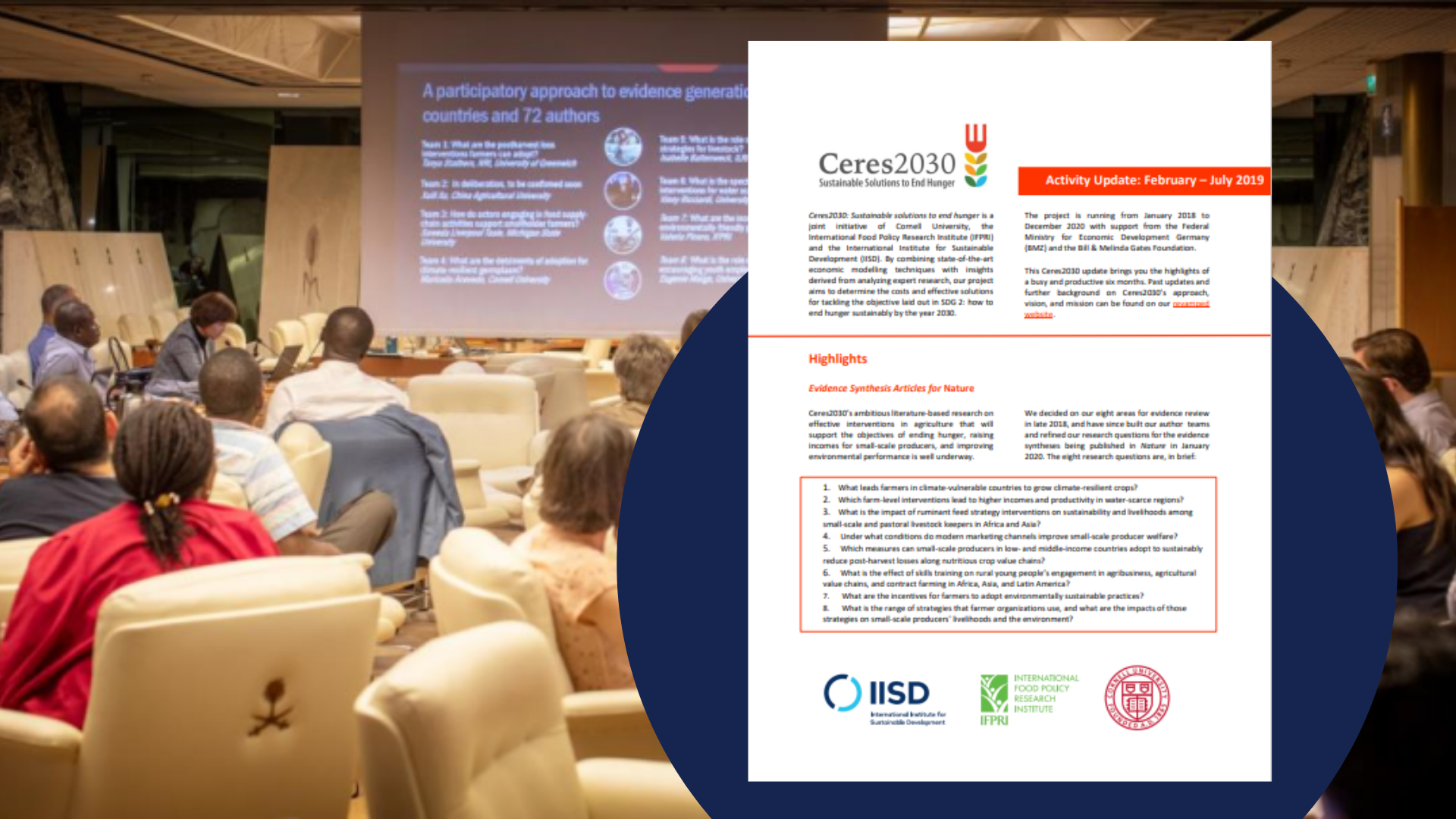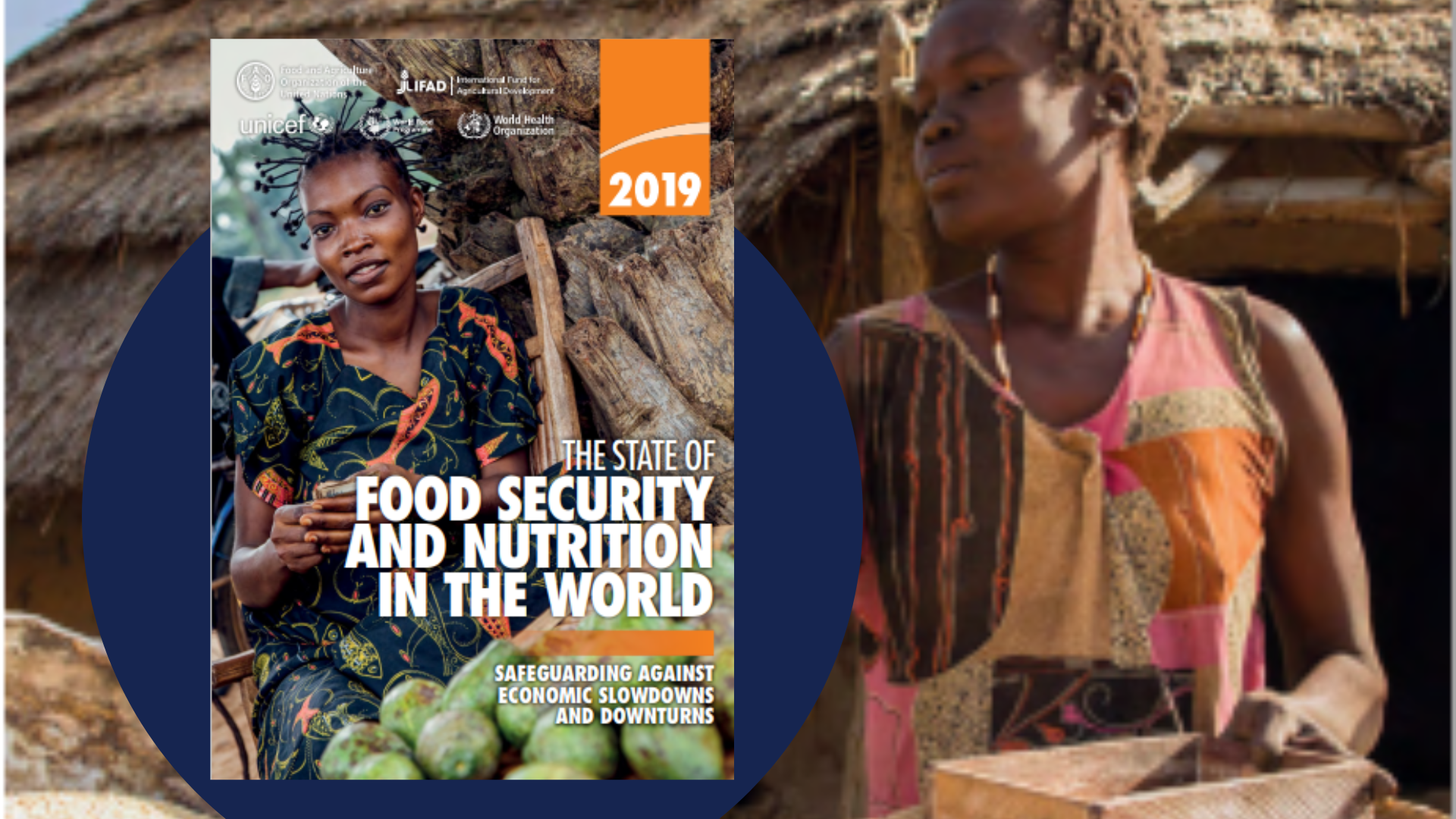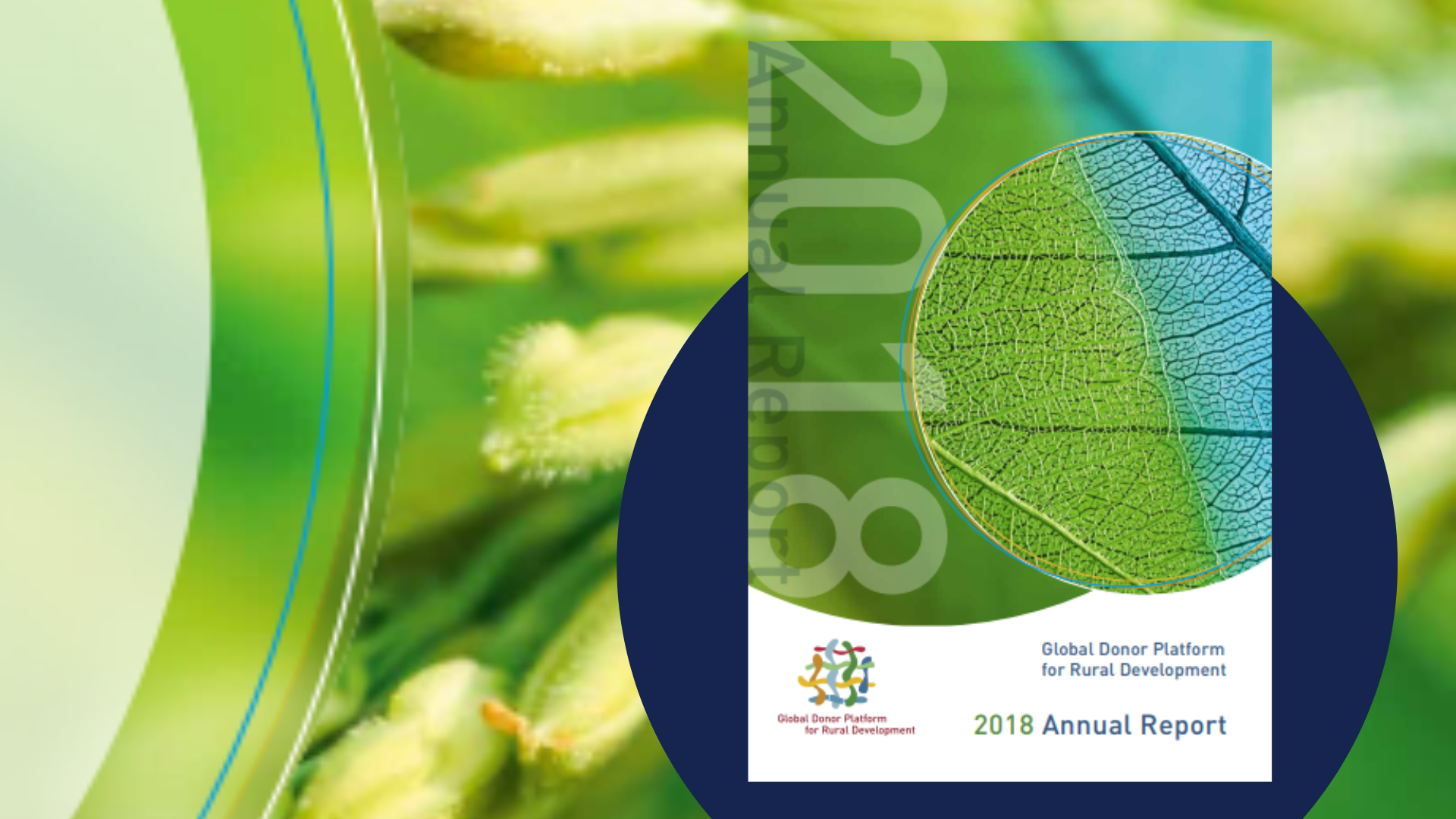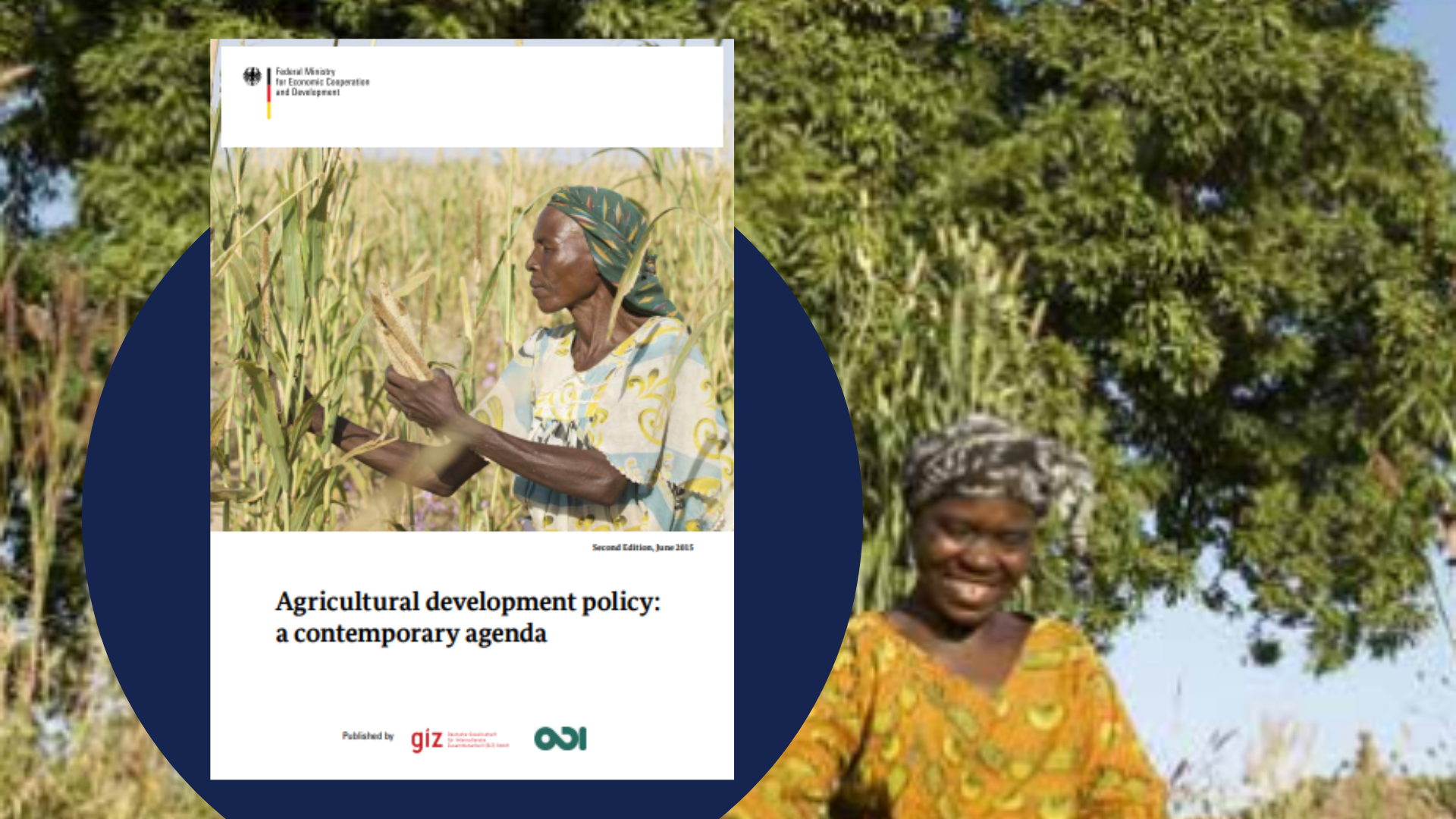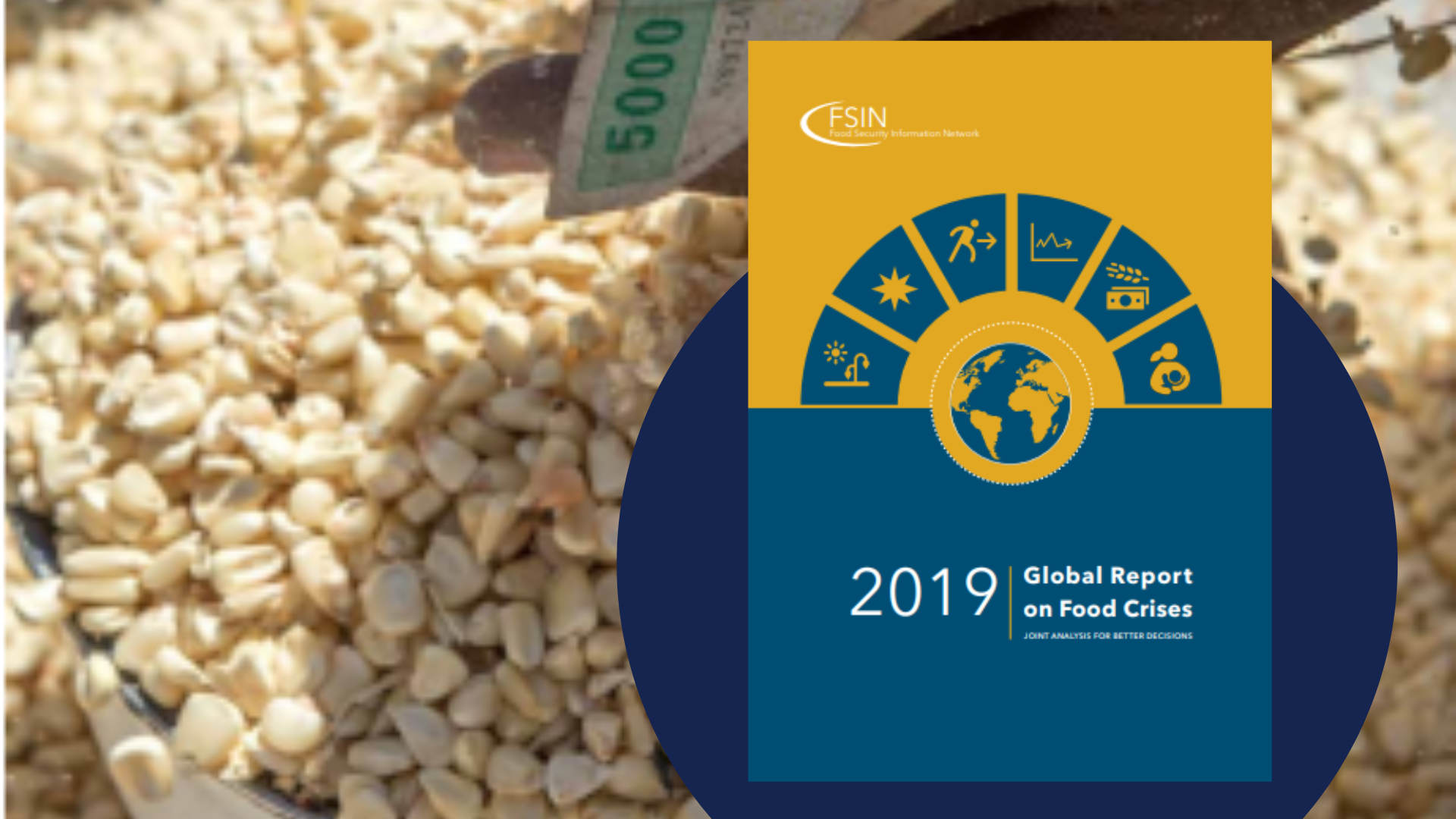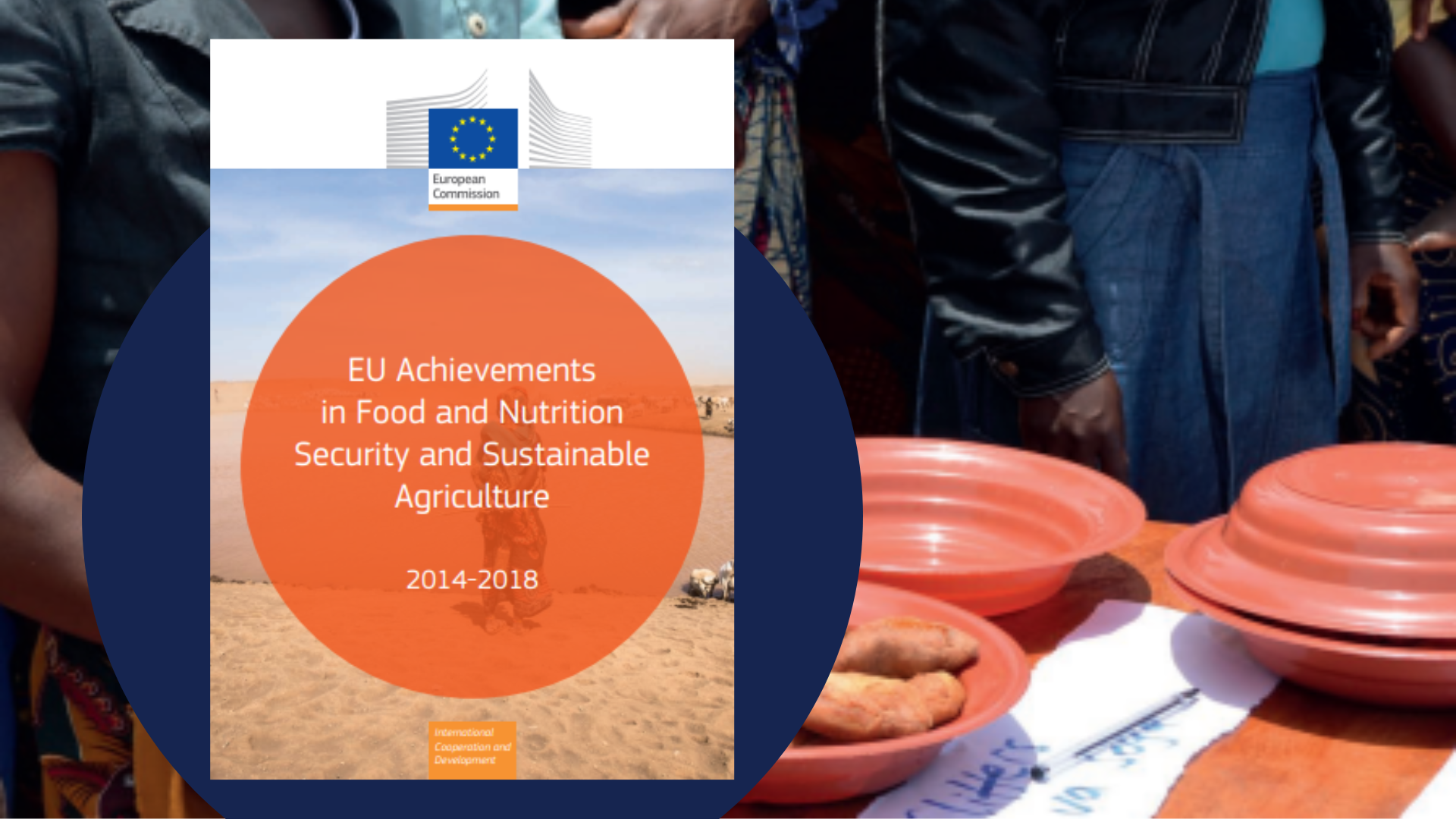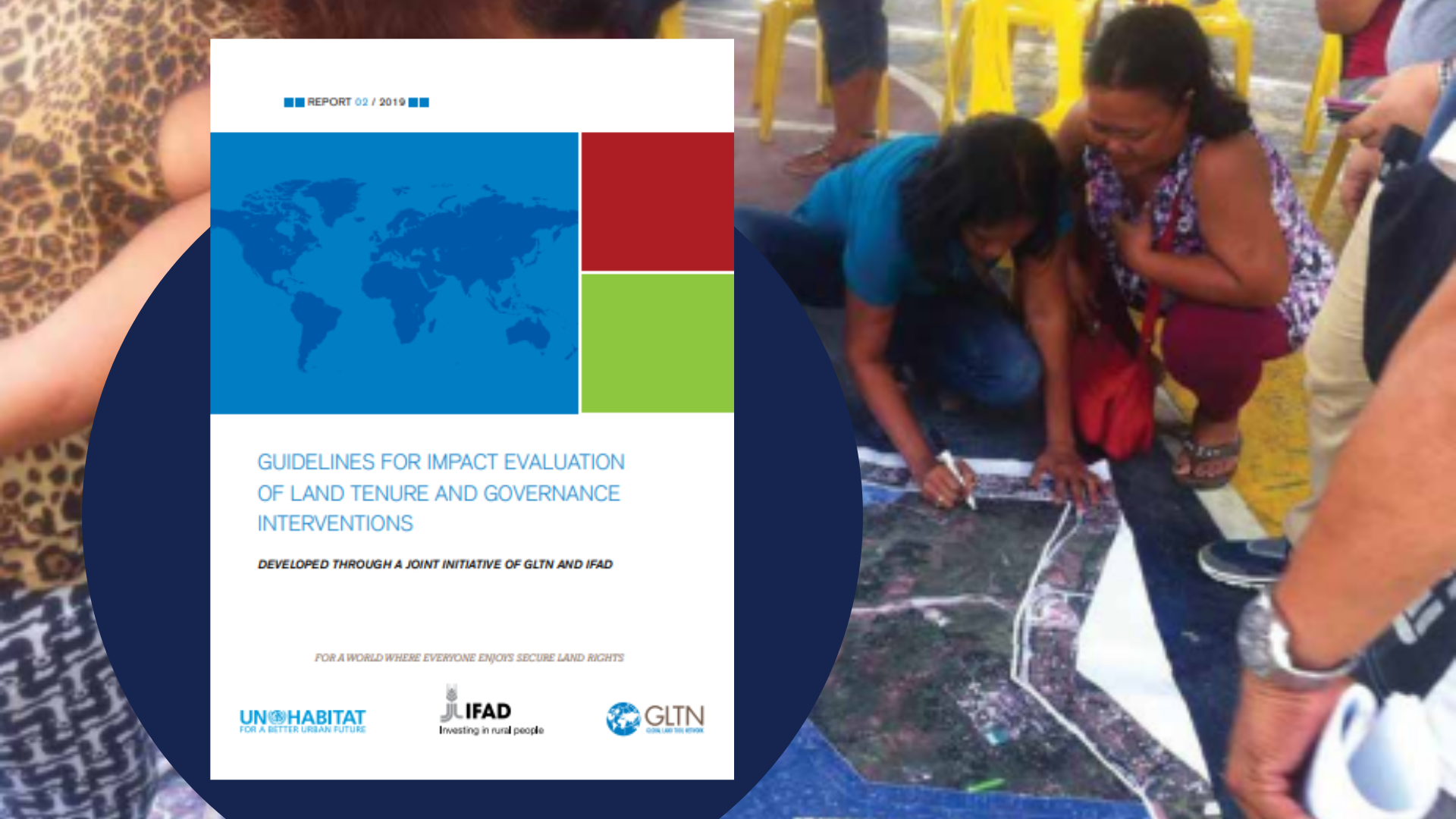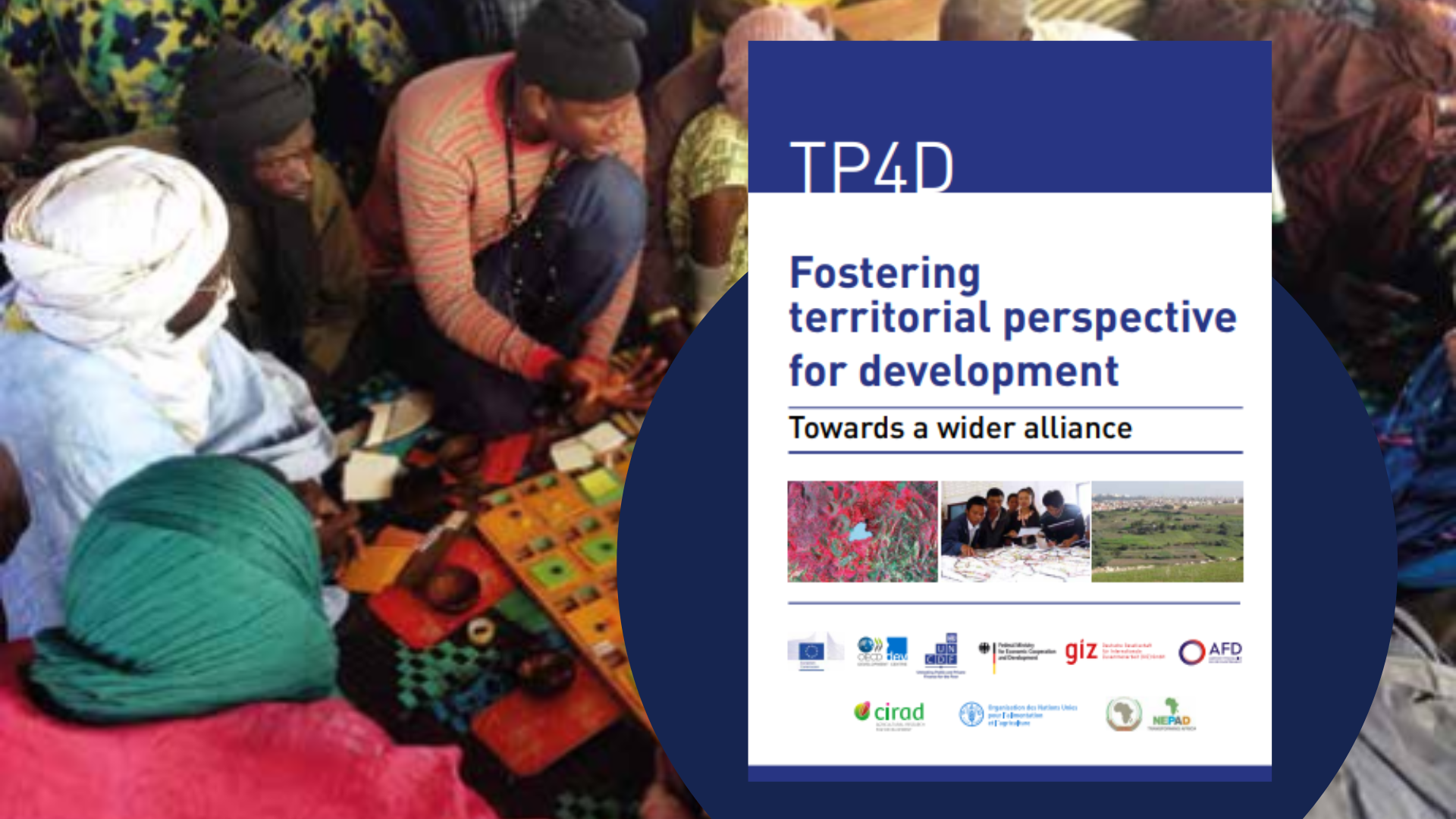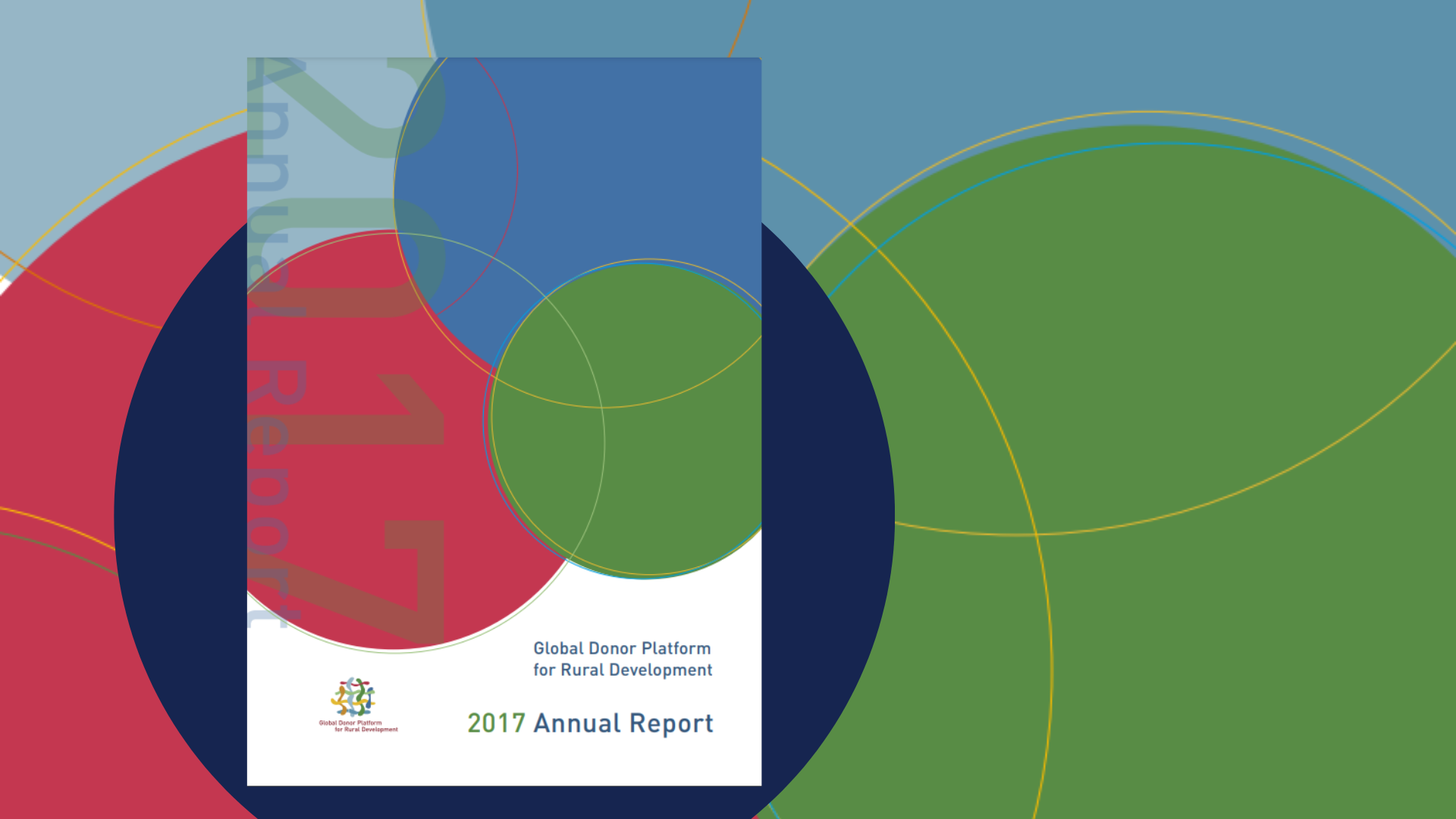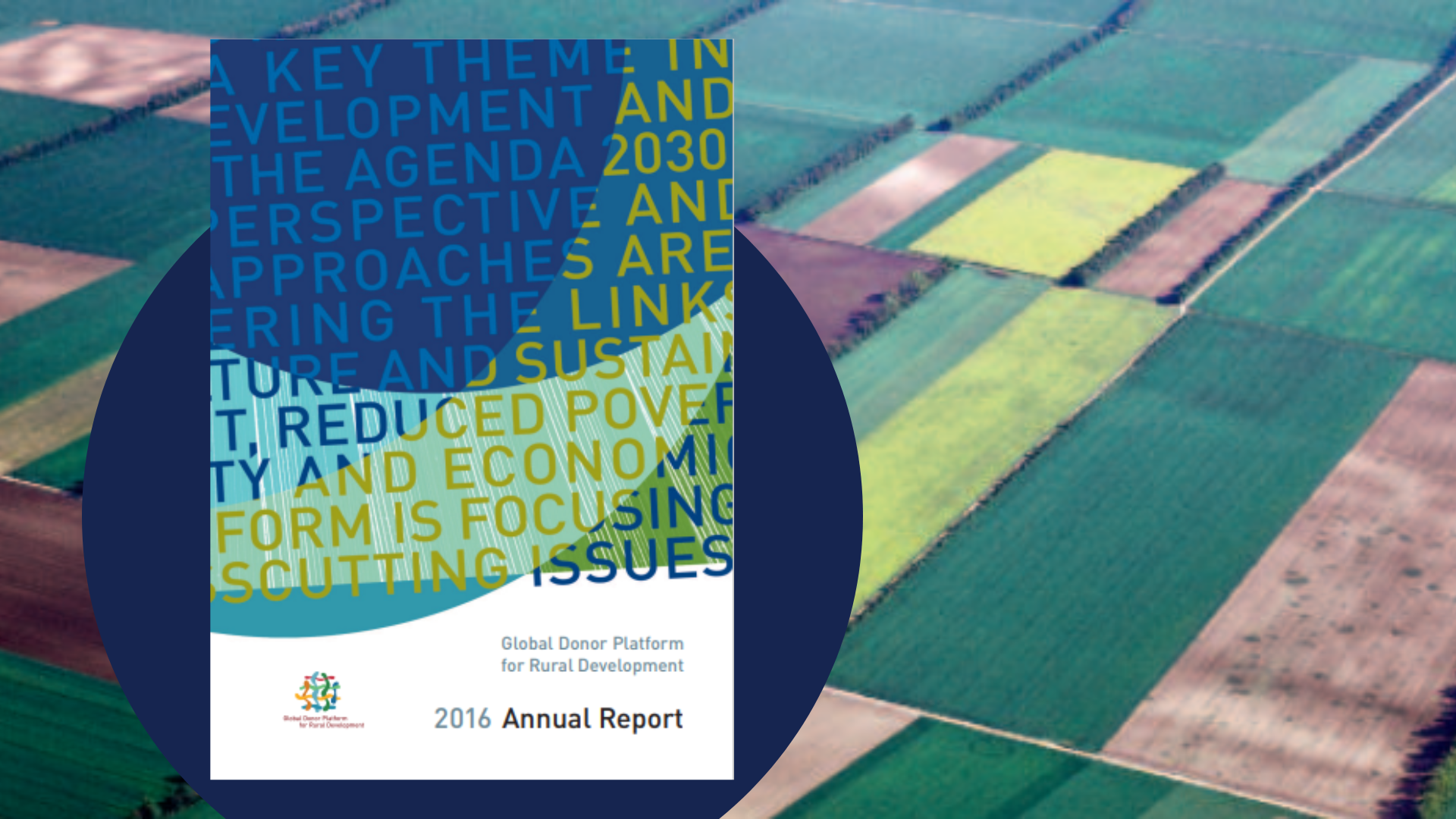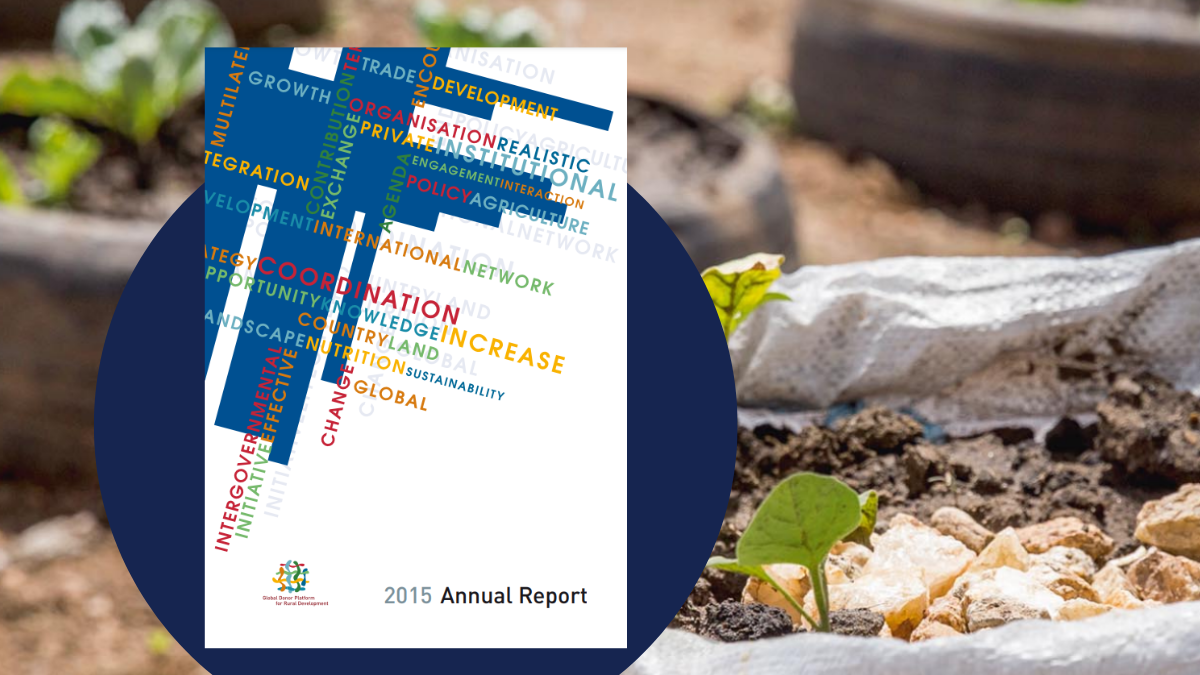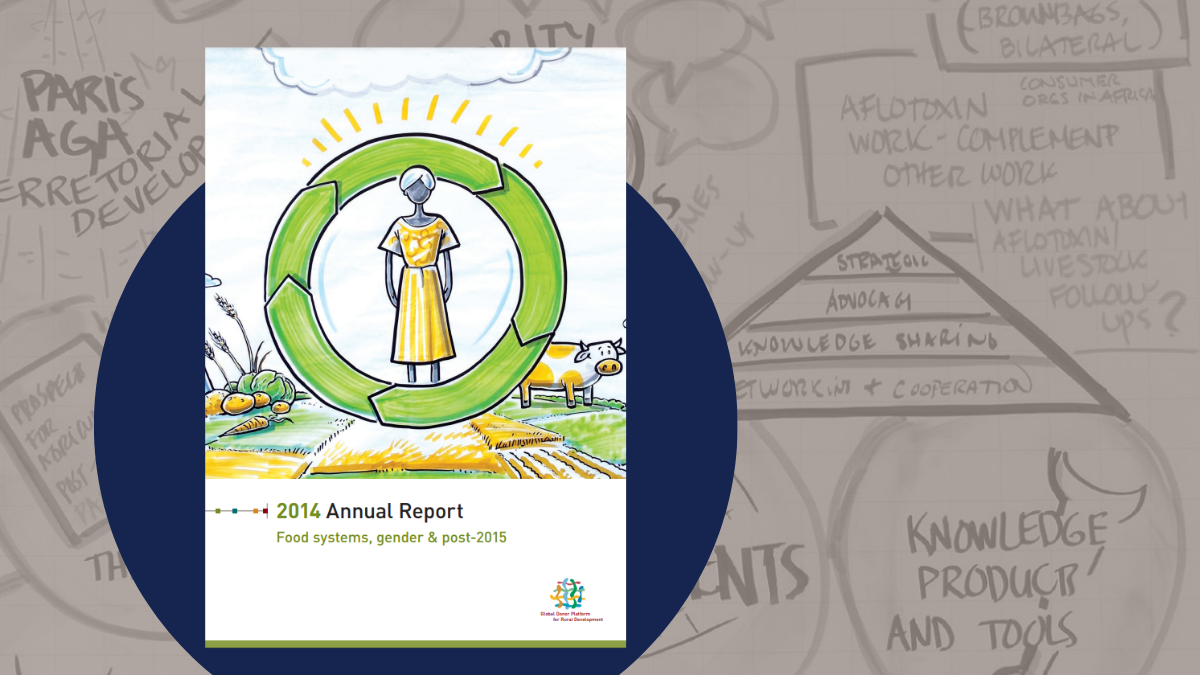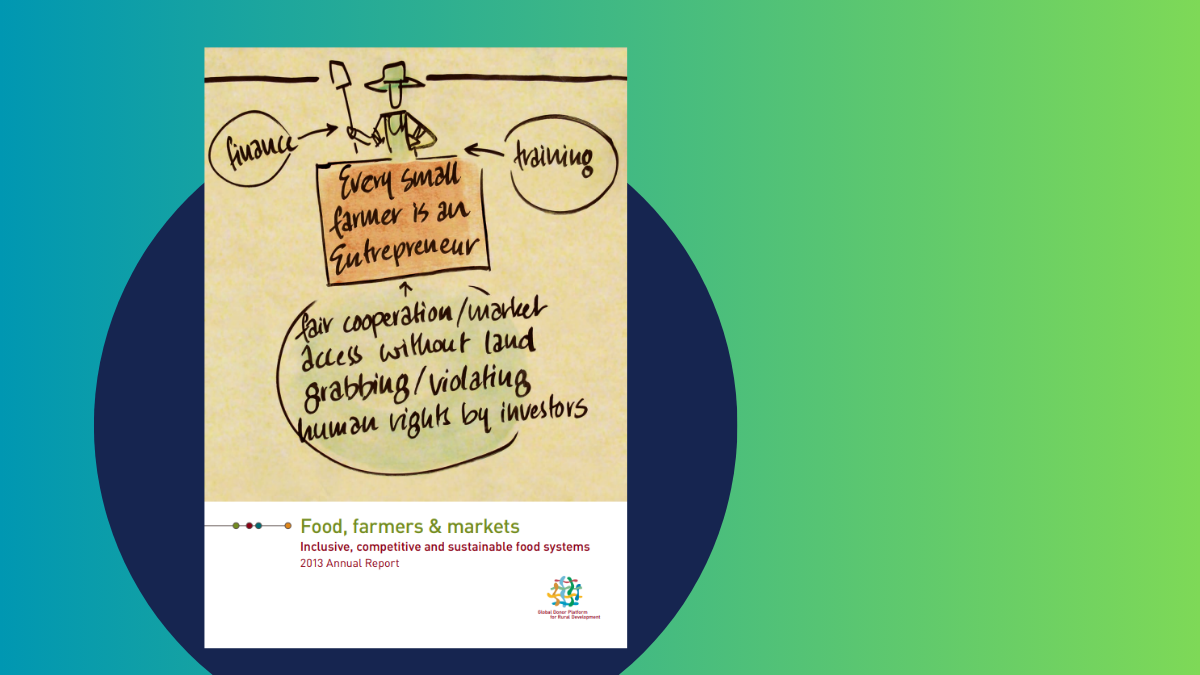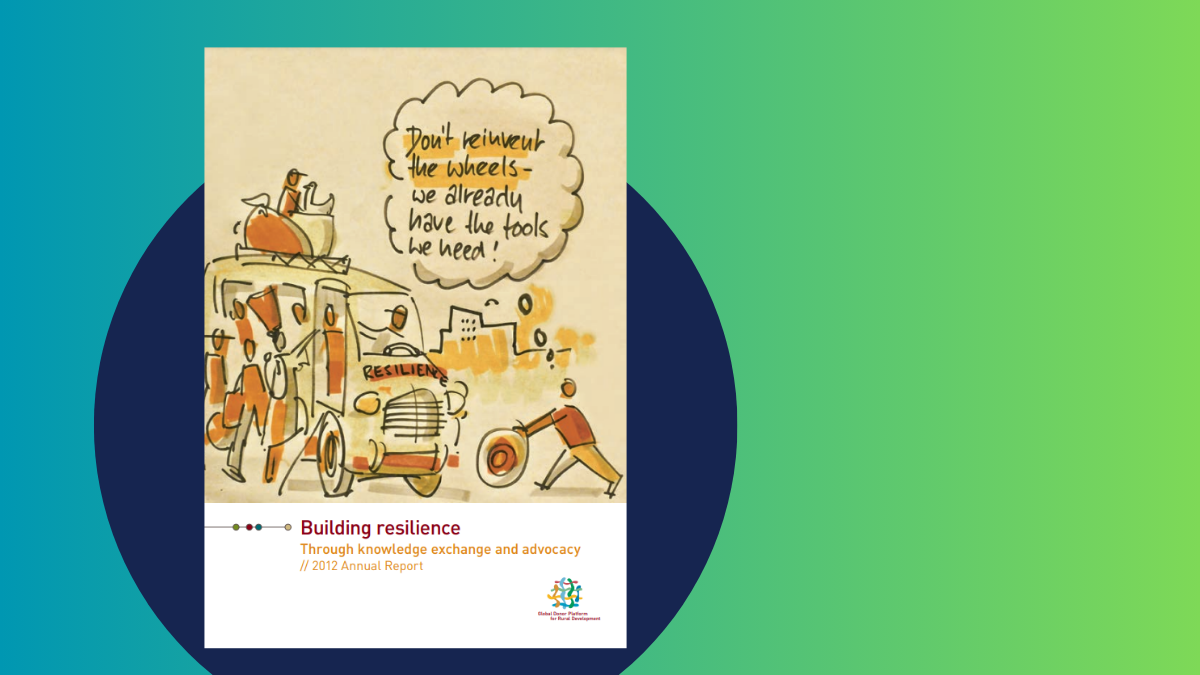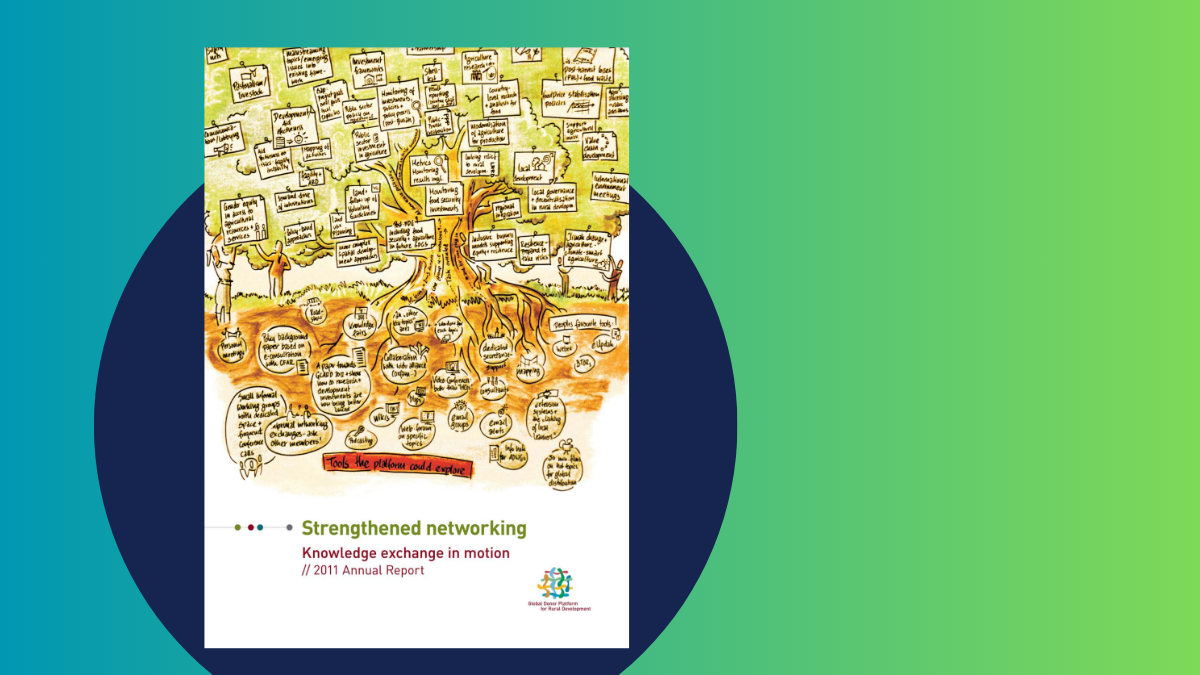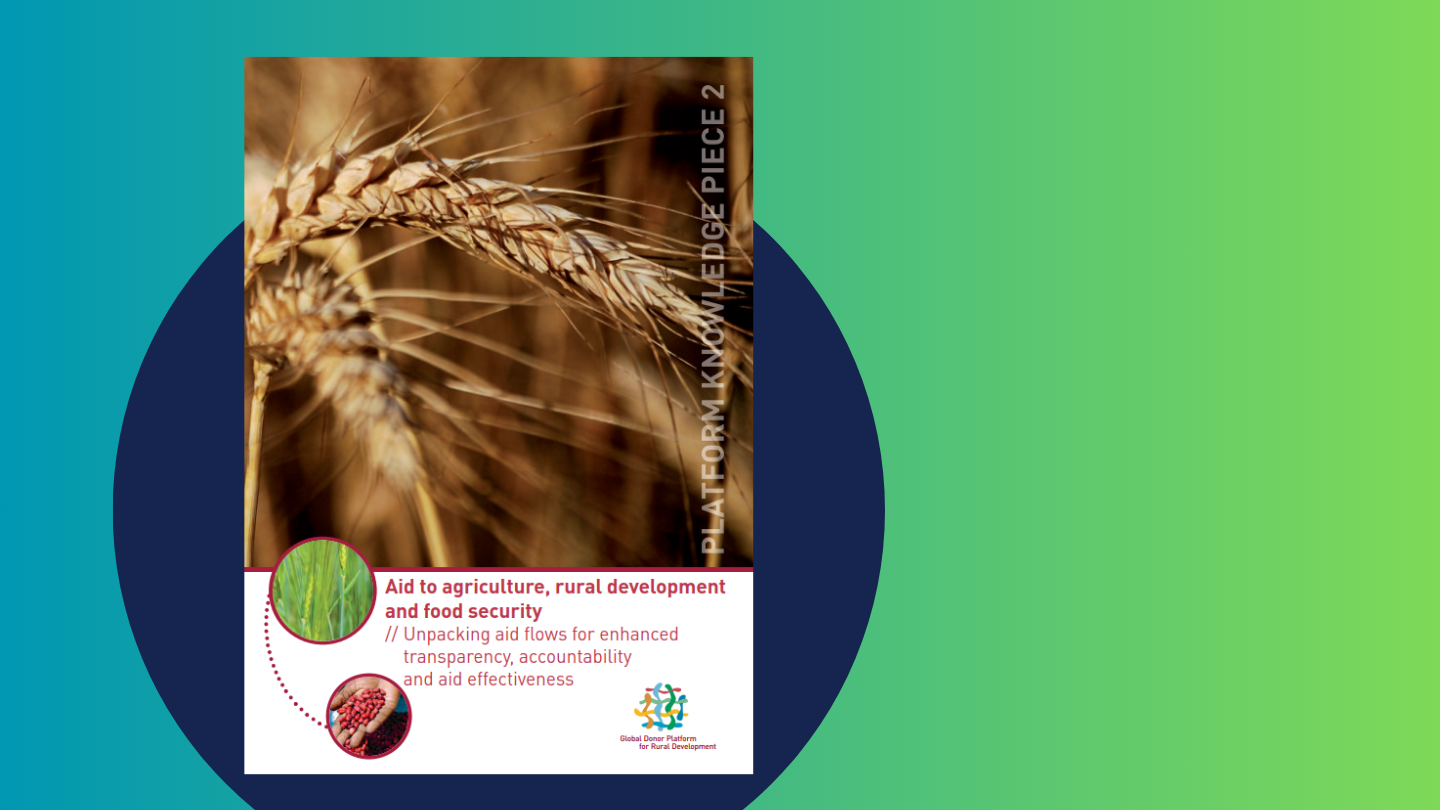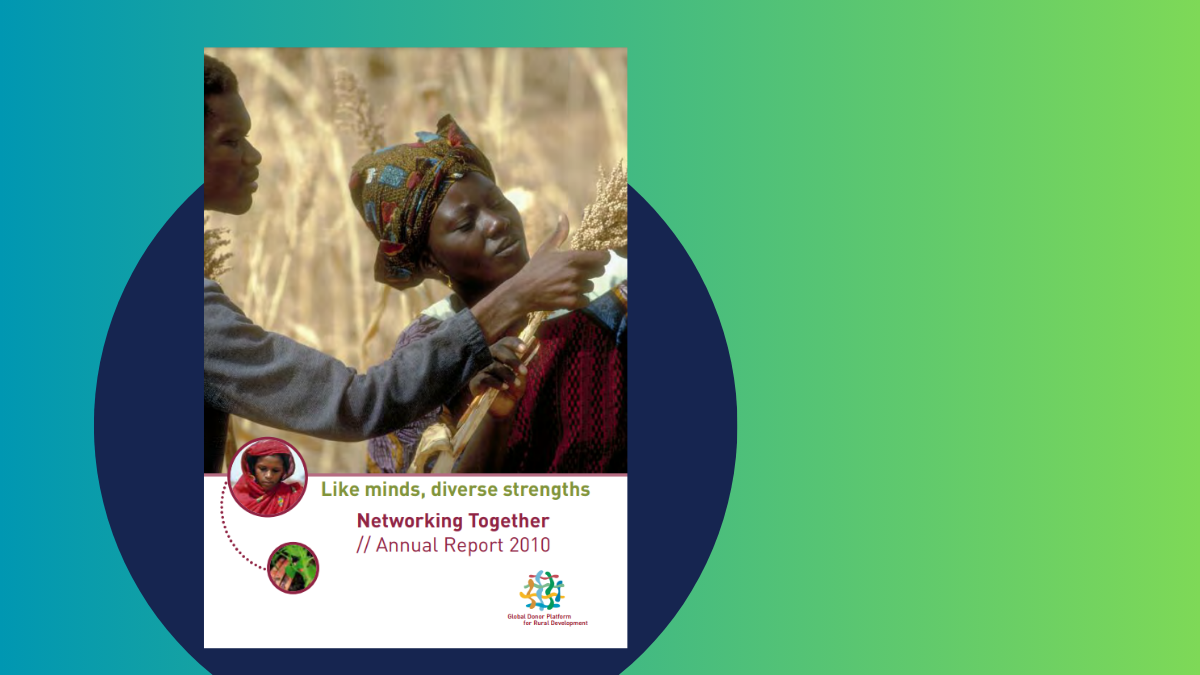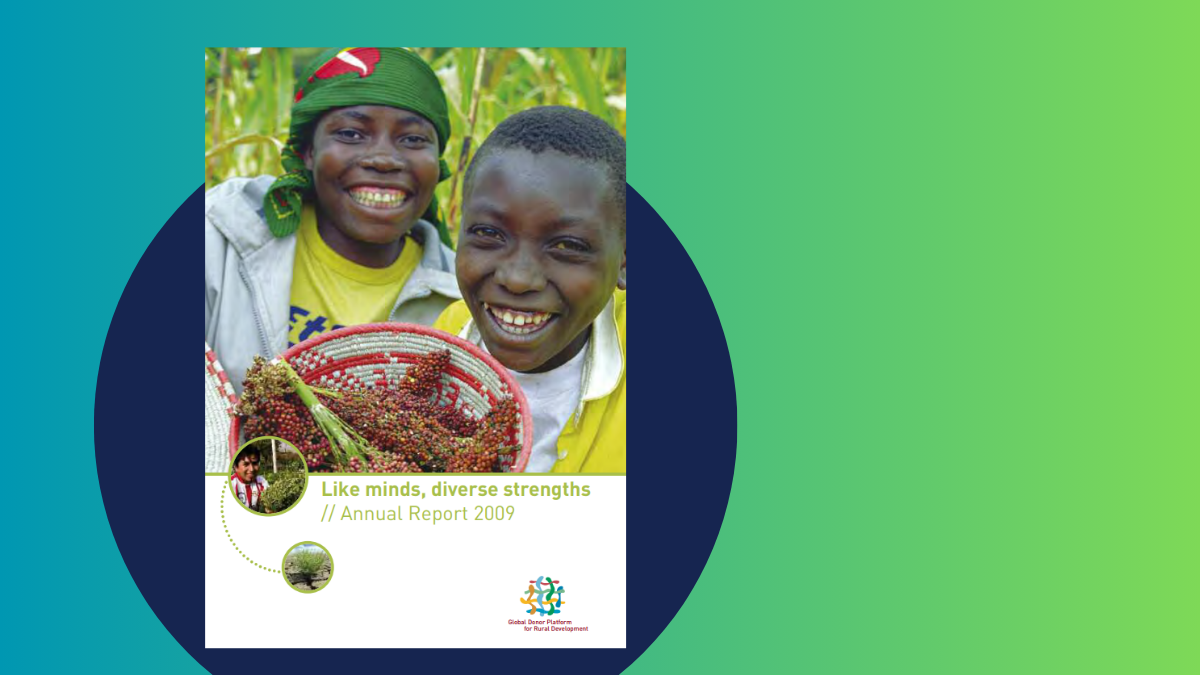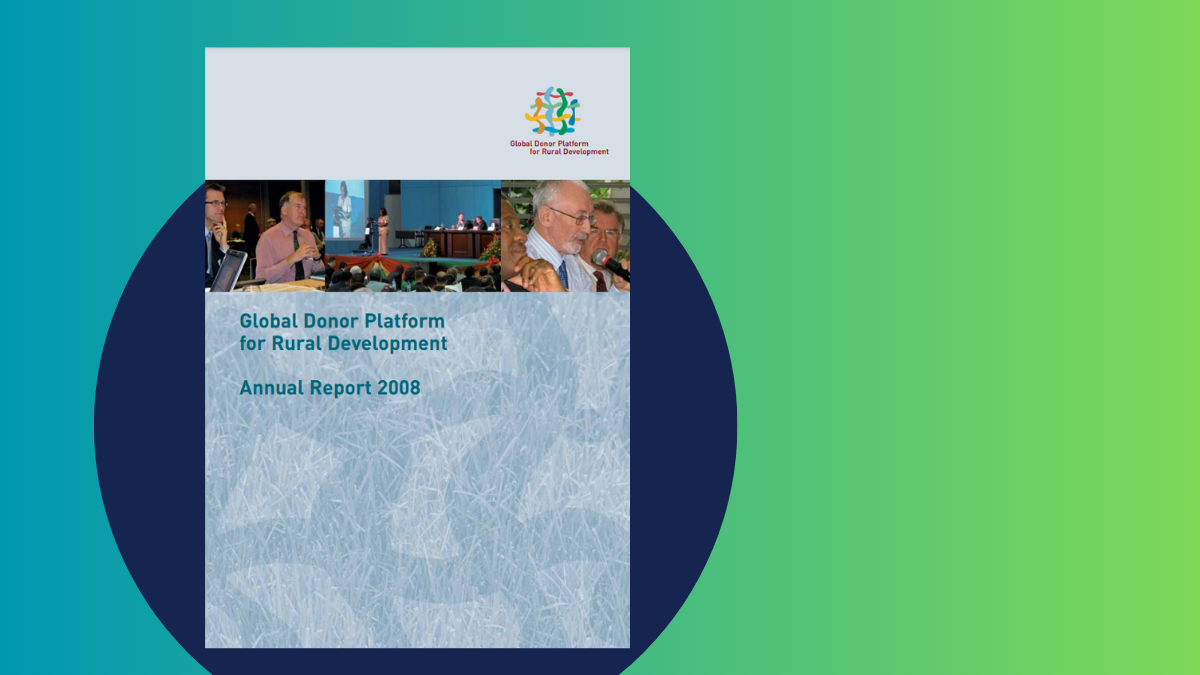As leaders of tomorrow, youth play a crucial role in shaping a transformative land governance sector. To highlight their significant contributions to national and regional efforts to address land governance related issues, a side-event at the 2019 Conference for Land Policy in Abidjan, Côte d’Ivoire presented the work of five young researchers in a wide range of topics, including youth’s land right, land disputes and resolutions, and environmental impacts of large-scale land Investments.
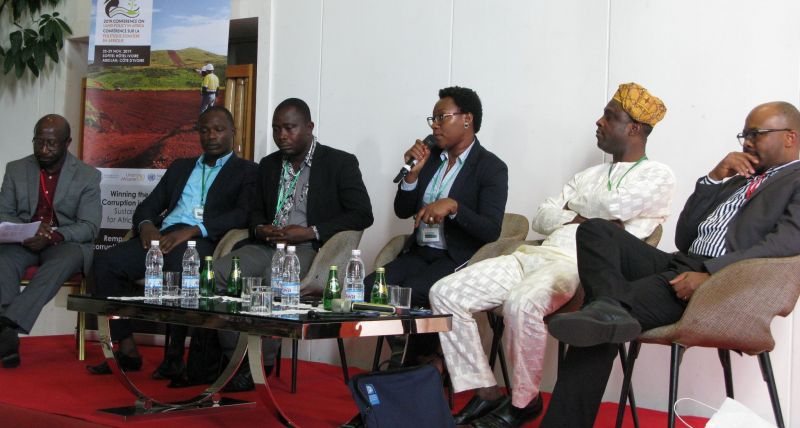
Does land rights matter in agricultural and rural transformation in Burkina Faso?
The highly interactive session chaired by Prof. Rexford Ahene from Lafayette College kicked off with a presentation from Dr. Mikémina Pilo from the University of Kara, Togo on a paper agricultural and rural transformation in Burkina Faso. In the search for rural transformation, Pilo’s paper analyses the effect of agriculture on rural non-farm entrepreneurship (NFE) and assesses the impact of rural NFE on households’ livelihood factoring land rights in rural Burkina Faso. Pilo stated that rural NFE is pivotal for rural transformation by significantly increasing per capita income and overall household income. In addition, agricultural activities draw NFE only in the context on secured land. The study concluded that rural transformation in Burkina Faso cannot be detached from land rights issues.
Youth’s land rights and youth empowerment
In the following presentation, Dr. Joseph Kwaku Kidido from Kwame Nkrumah University of Science and Technology, Ghana explored land dispute and resolution processes among the youth under the customary system in the Techiman traditional area of Ghana. The study revealed that youth do not have the sole capacity to pursue land dispute cases without the involvement of the family head, especially when it relates to family land. In addition, access to fair and timeous redress to land disputes under the existing customary structures was not experienced evenly among all the youth segments. In recommending for an accessible and fair customary land adjudication system to all community members, the study highlighted the potential leading role of Customary Land Secretariats (CLS) within the Ghanaian land governance landscape in improving local level land governance, especially in protecting youth land rights.
Building on the theme of youth’s land rights, Dr. Jeannette Bayisenge from the University of Rwanda presented insights from a study that focused on rural youth’s access to land rights in Rwanda. The study highlighted that although agriculture is still the basis for survival for many Rwandans, young people remain landless as they face difficulty to access their land rights. Various factors, such as growing population, declining soil fertility and increasing environmental degradation, agricultural commercialization, and global land aggravate the issue of land accessibility. In addition, the snail-spaced expansion of non-agricultural opportunities means that livelihood opportunities continue to remain scarce for youth in some parts of the countries.
In discussing ways to tackle the critical issues in youth poverty and access to land, Dr. Uchendu Eugene Chigbu talked about a youth-targeted capacity building approach through action research in Eastern and Southern Africa to empower youth. The capacity development effort was initiated by the Global Land Tool Network, a member of Global Donor Working Group on Land, through the Association of African Planning Schools. It provides a platform for young researchers to conduct research and produce country reports on land and natural resource tenure.
The environmental impact of large-scale land investments in Africa
In the last segment of the event, Dr. Olayinka Idowu Kareem from the Trade and Development Policy Research Network in Nigeria outlined an environmental impact analysis of the global large-scale land investment in Africa. The findings indicate that at the extensive margin – which looks at the farm size –, there is the probability that the environment becomes more degraded but sustainable in the case of foreign investors. At the intensive margin – represented by the area planted of crops as a proportion of total farm size –, the same result is estimated for foreign investors while domestic investors generate adverse impacts on the environment. The study recommends a regional wide regulation on land investment activities to conform with global environmental best practices, and for an adoption of clean energy and reforestation policies.


